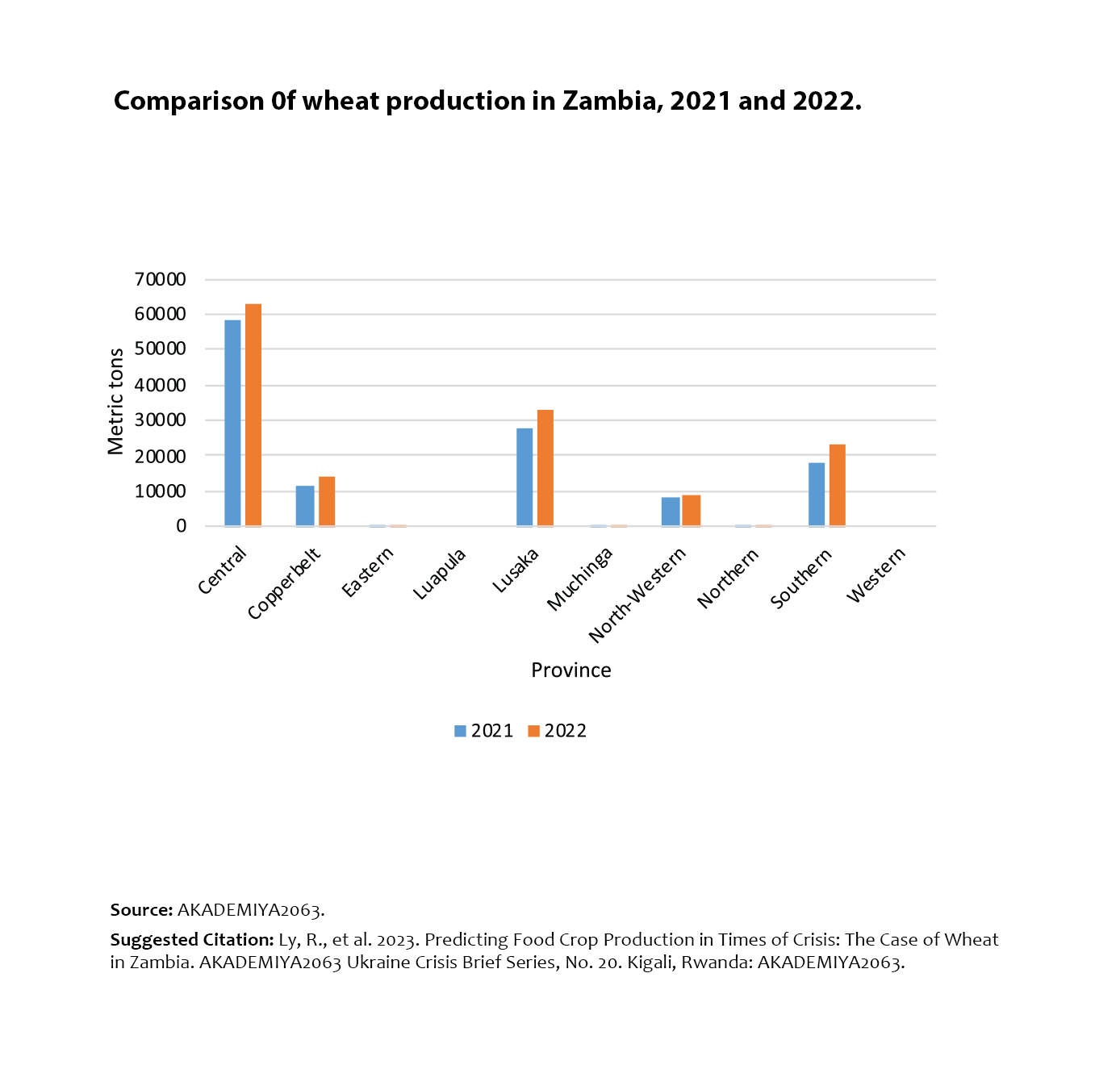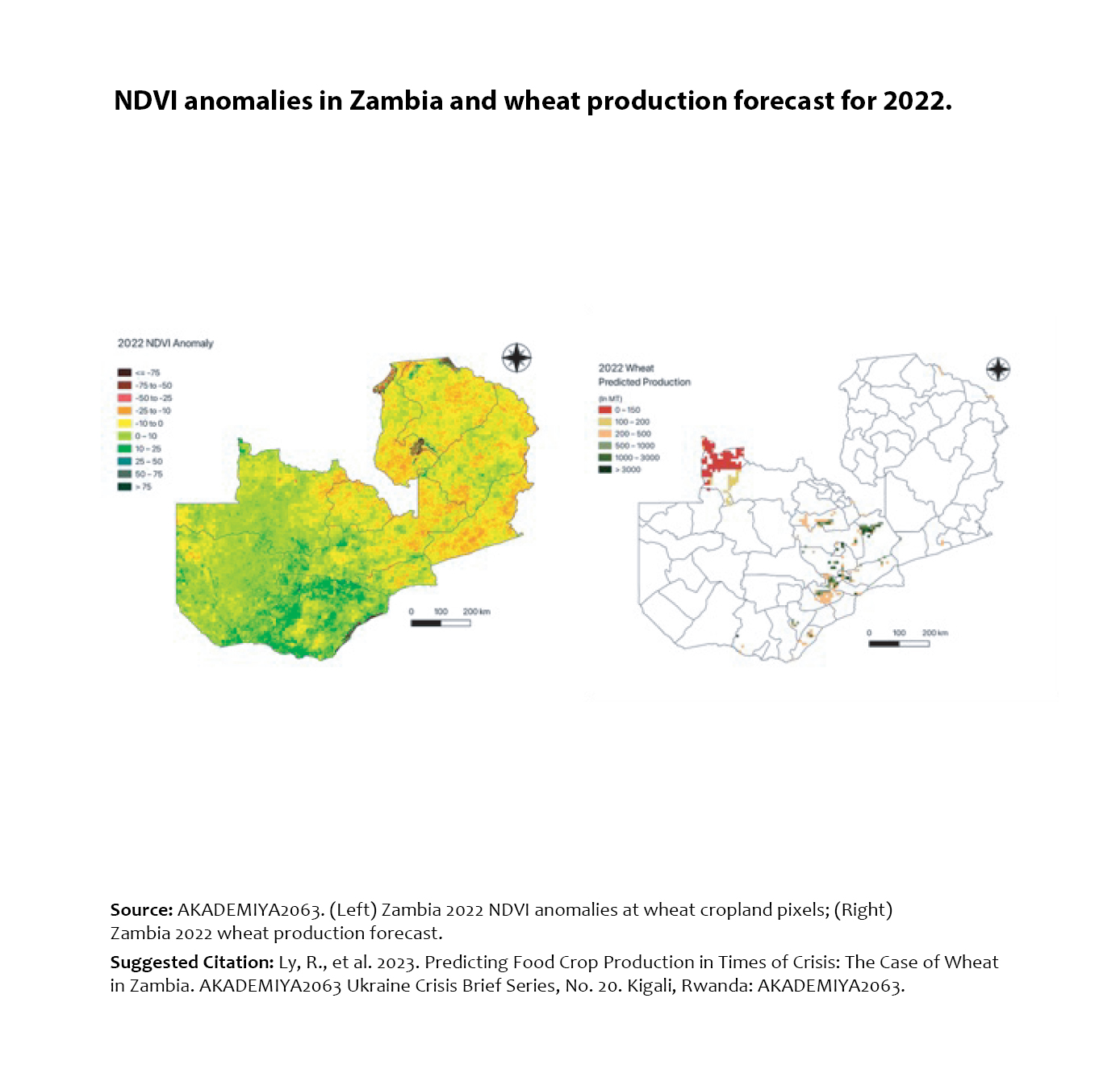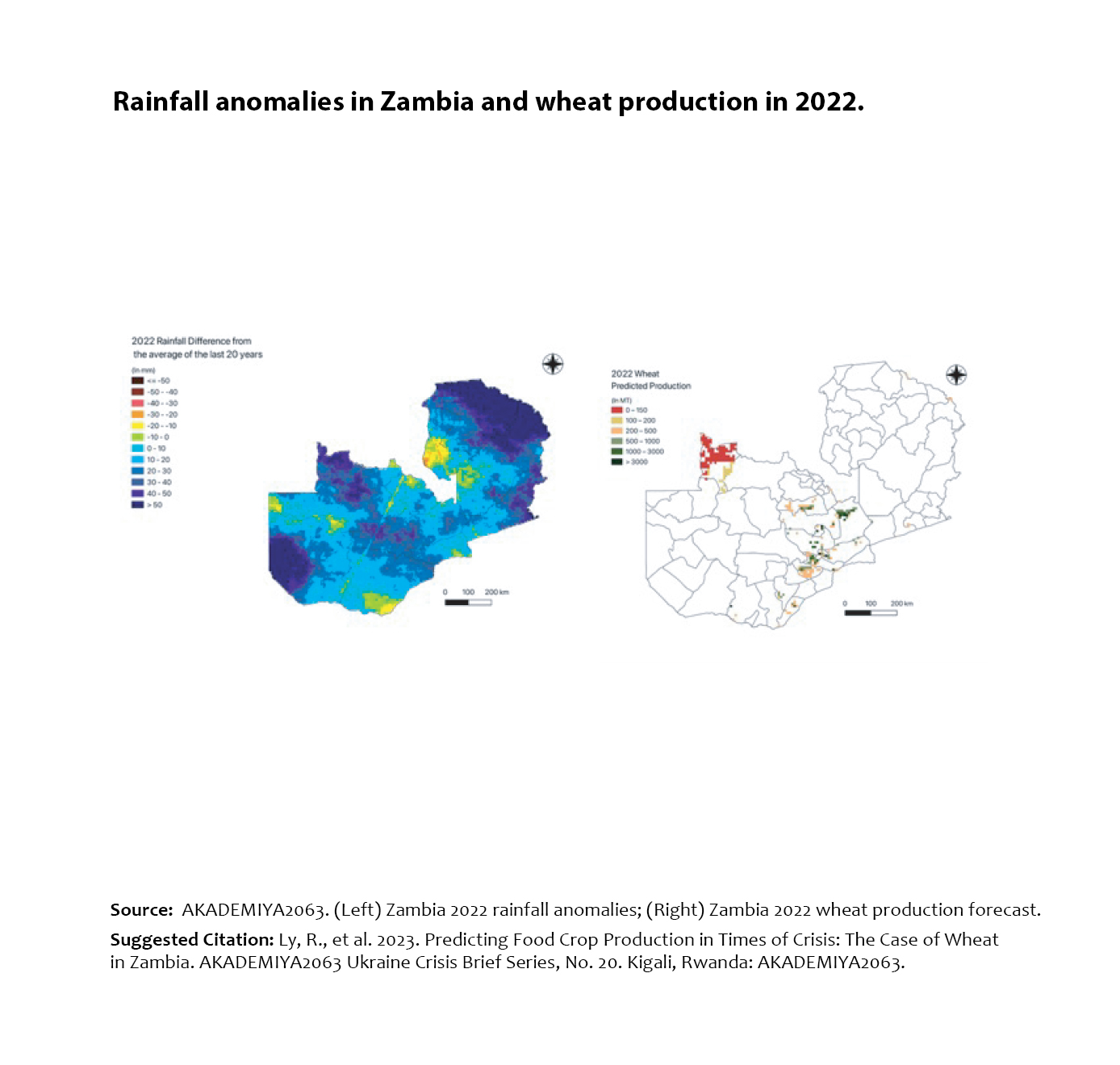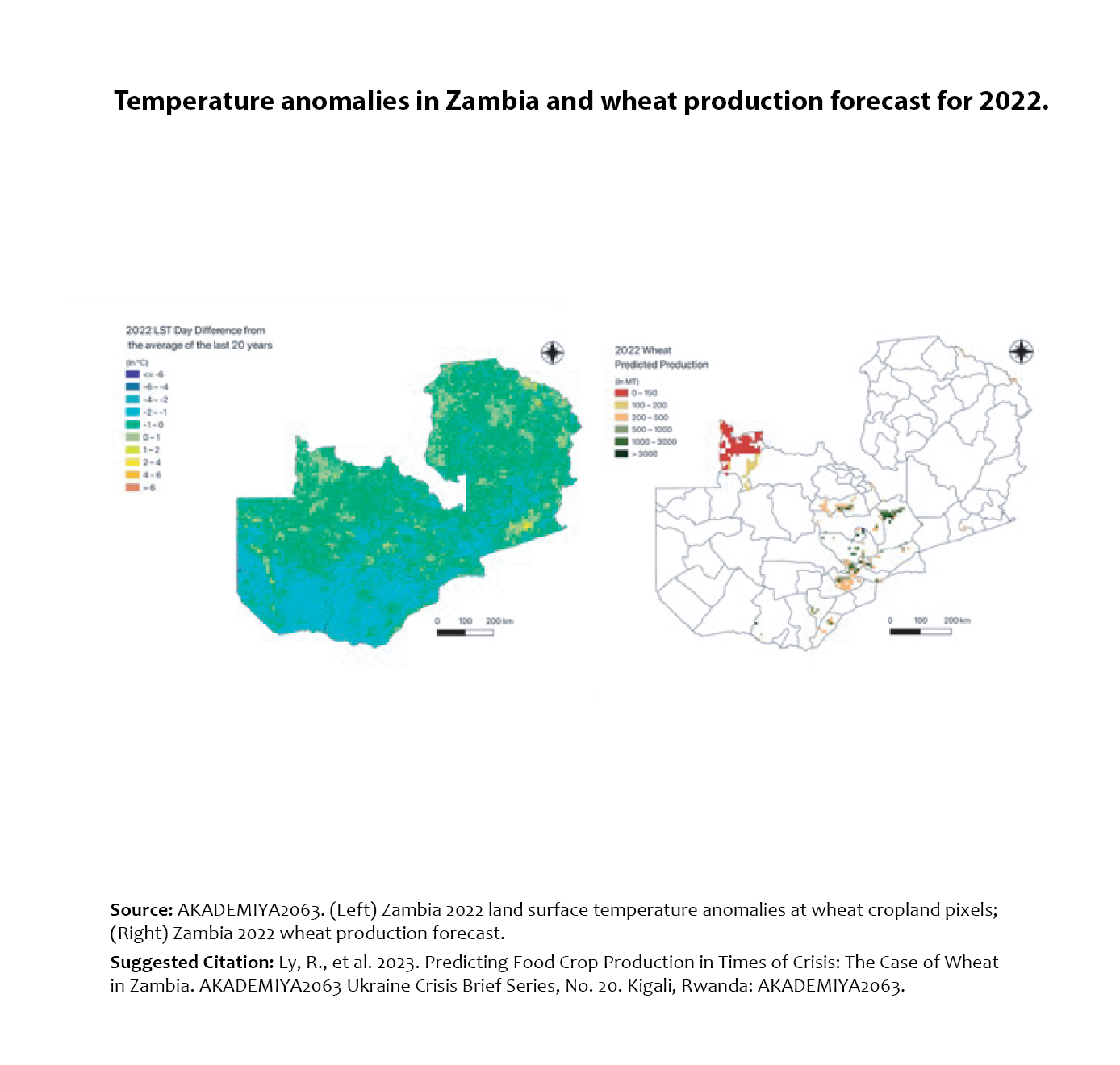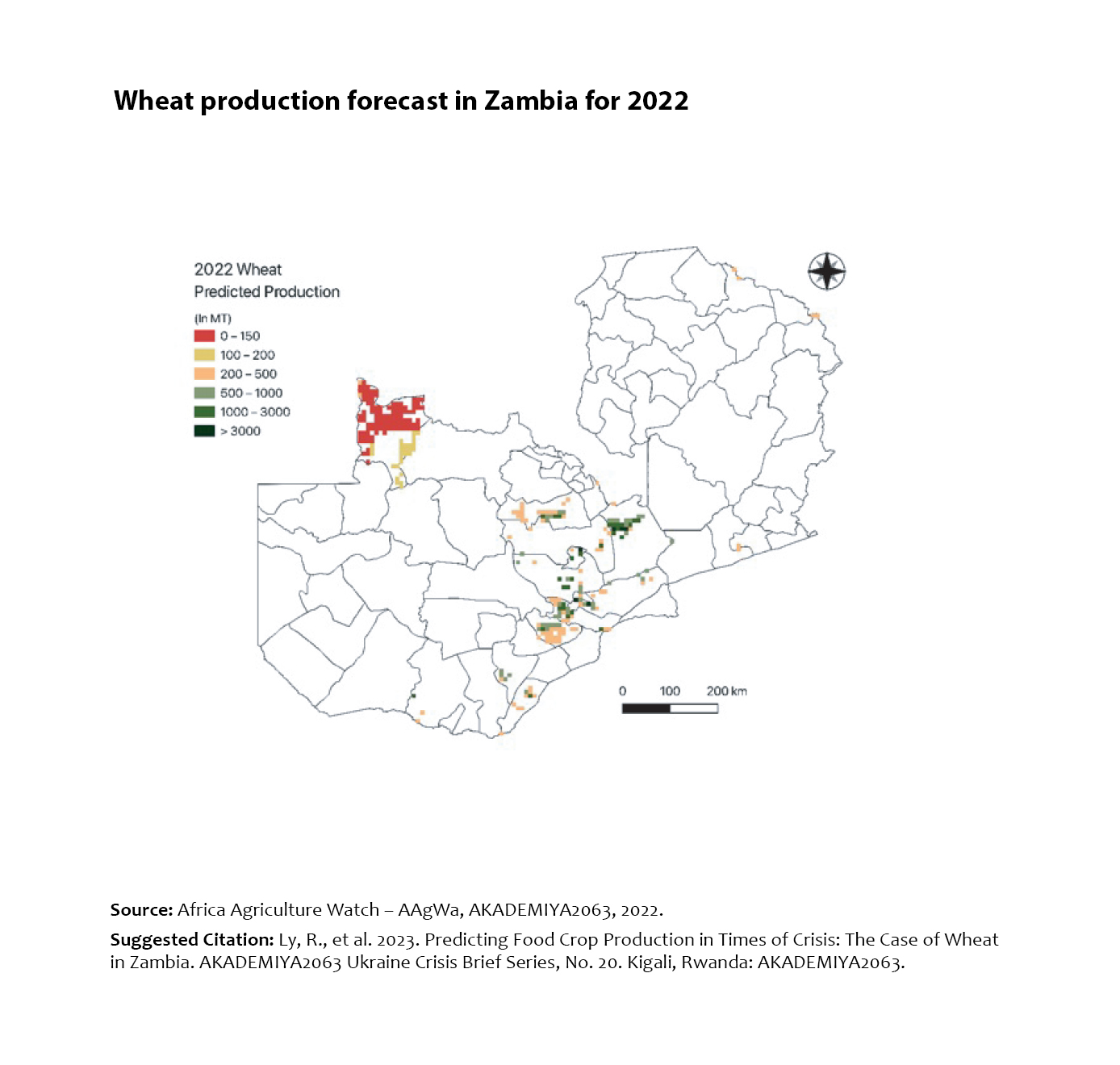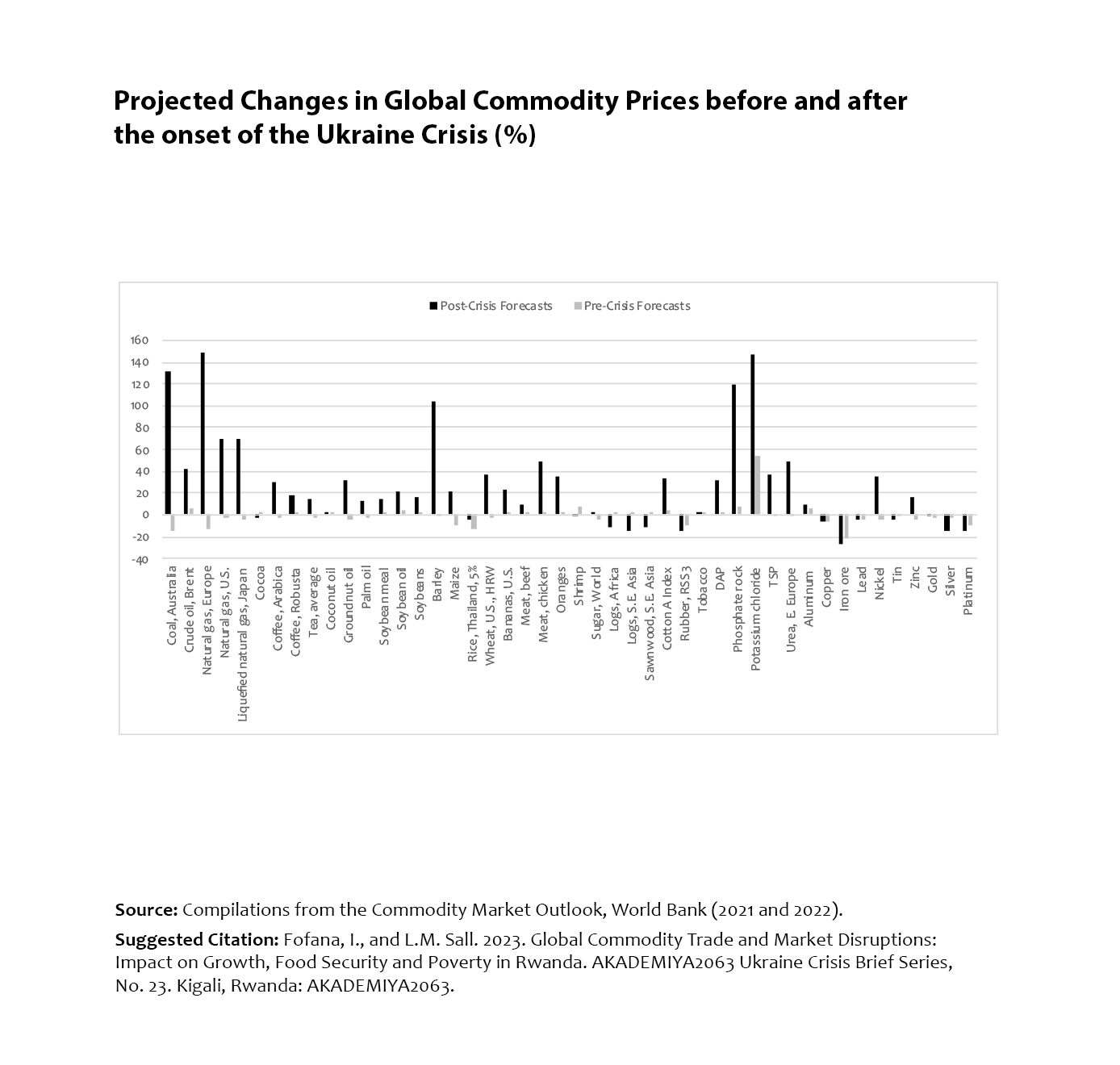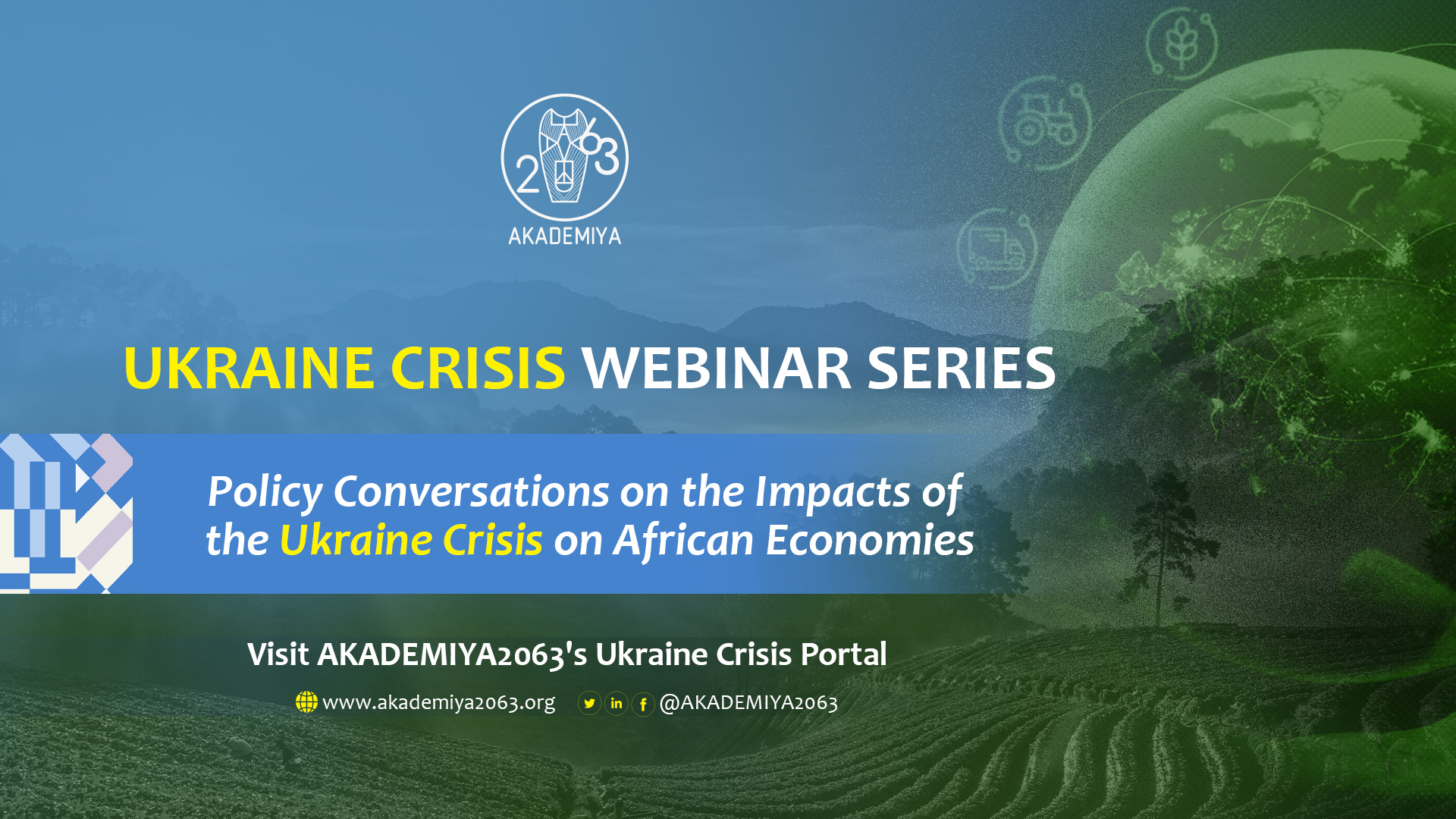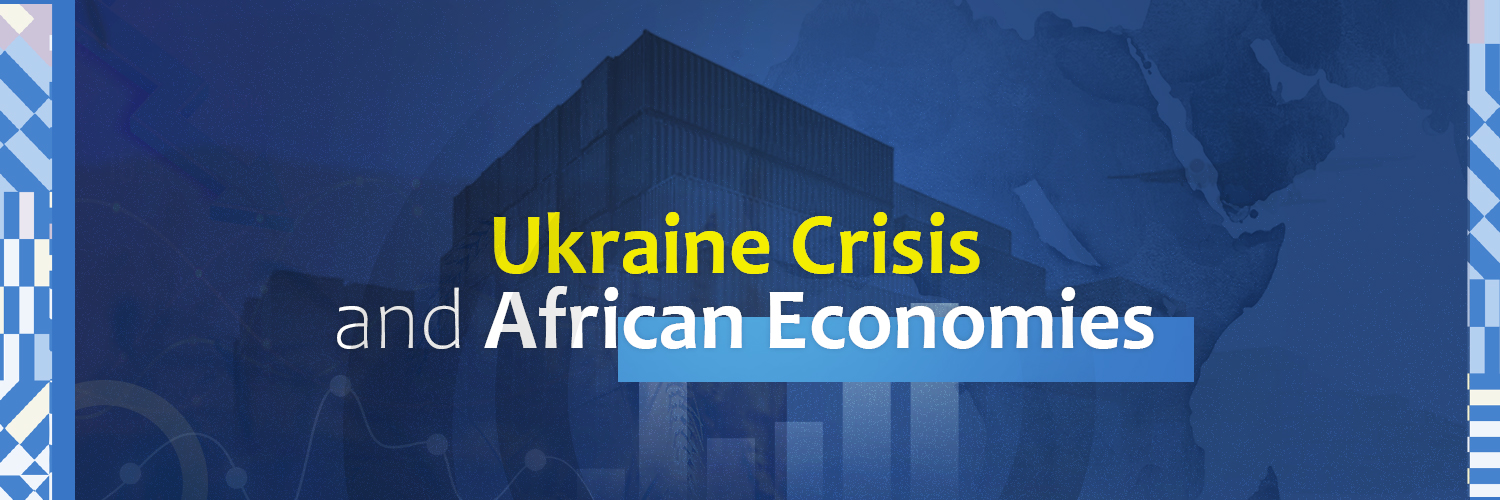
From rising fuel and food prices to inflation and supply chain disruptions, the Russia-Ukraine war has taken its toll on Africa’s economies and food systems, with varying implications for rural and urban populations across various commodity sectors. The intensification of the Ukraine-Russia conflict in February 2022 disrupted the global supply chains of agricultural and food commodities, which had only just started recovering from COVID-19-induced shocks.
In response to the conflict and its impact on African countries, AKADEMIYA2063 is conducting research to provide evidence-based simulations of the ramifications of the crisis. Hinged upon data, analytics, and past crisis patterns, the AKADEMIYA2063 Ukraine Crisis Brief Series analyzes the economic and socio-economic impacts of global market disruptions induced by the Russia-Ukraine conflict. The in-depth analysis of AKADEMIYA2063 scientists primarily tackles (i) the effects of global market disruptions on country terms of trade, the resulting impacts on economic growth and employment, as well as an analysis of the poverty and food security effects, (ii) the sectoral effects of the crisis, covering disruptions in the wheat, vegetable oils, and fertilizer sectors and their effects on incomes, inflation, and food security, and (iii) the transmission of global commodity price shocks to domestic markets, underscoring opportunities to expand regional trade.
With analysis covering the continent, the series equally delves into country-specific case studies, including Algeria, Egypt, Kenya, Malawi, Morocco, Mozambique, Rwanda, Tunisia, Uganda, South Africa, Zambia, and Zimbabwe.
Publications
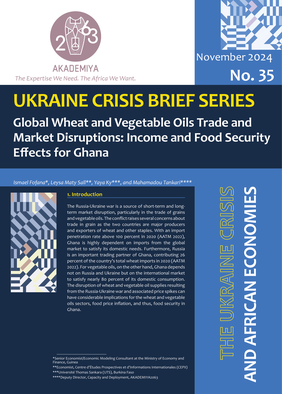
Maps and graphs
Webinars
Partnerships
AKADEMIYA2063 is supported financially by the United States Agency for International Development (USAID), the Bill and Melinda Gates Foundation (BMGF), the German Federal Ministry for Economic Cooperation and Development (BMZ), the African Development Bank (AfDB), the UK’s Foreign, Commonwealth & Development Office (FCDO), the Global Center on Adaptation (GCA), and the Food and Agriculture Organization of the United Nations (FAO). The views expressed in these publications do not necessarily reflect those of the funders.
Map Disclaimer
The designations and presentations of the material on the various maps do not imply the expression of any opinion whatsoever on the part of AKADEMIYA2063 on the legal status or delimitation/frontiers/boundaries of any country, territory, city or area. The depiction and use of boundaries, geographic names, and related data shown on maps are not warranted to be error-free, nor do they imply official endorsement or acceptance by AKADEMIYA2063.
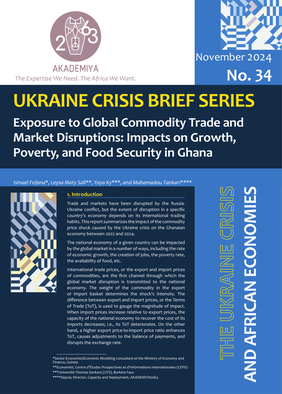
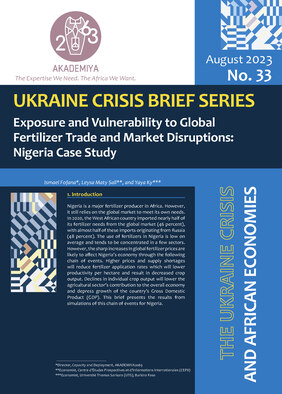
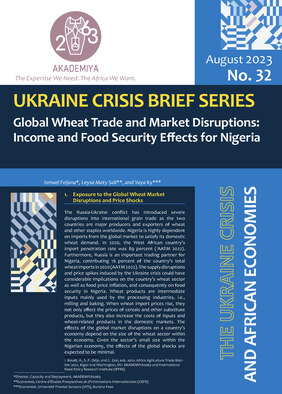
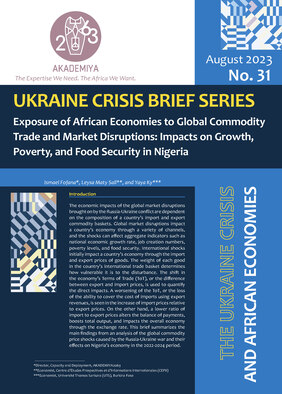
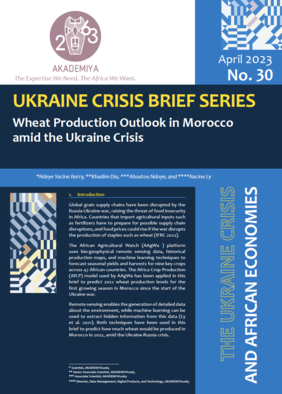
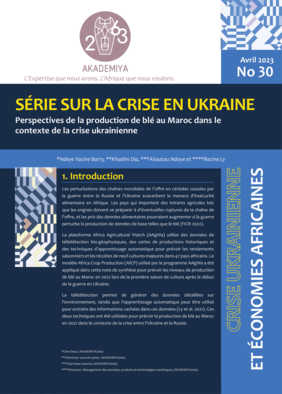
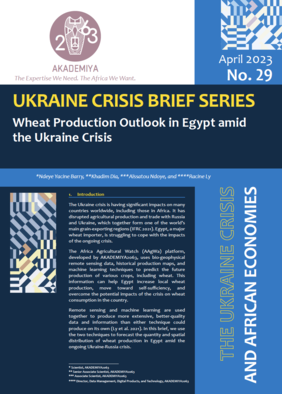
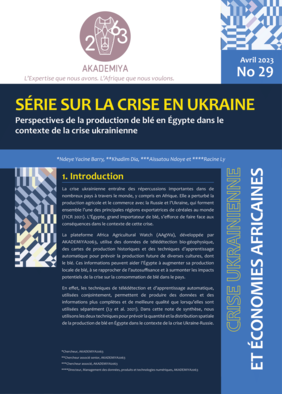
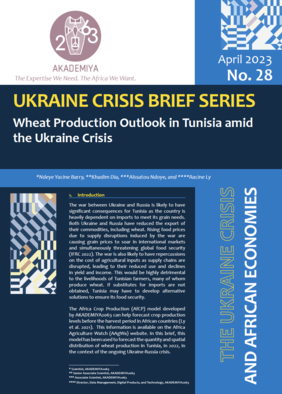
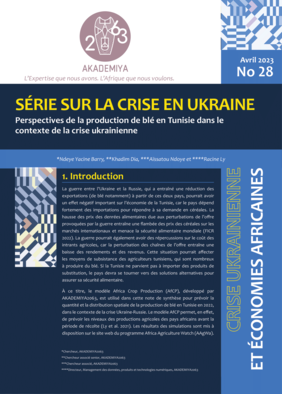
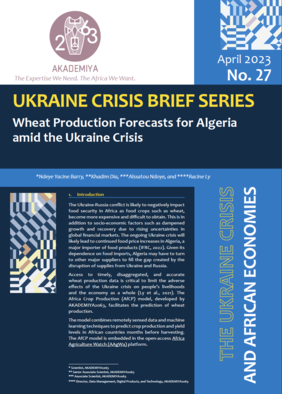
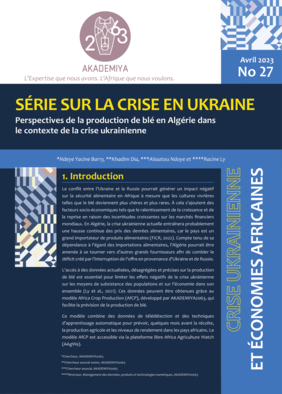
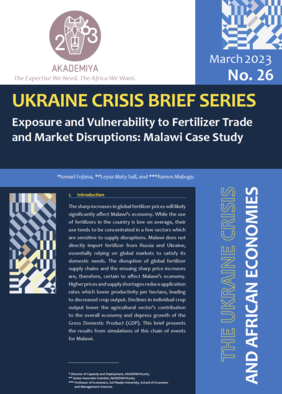
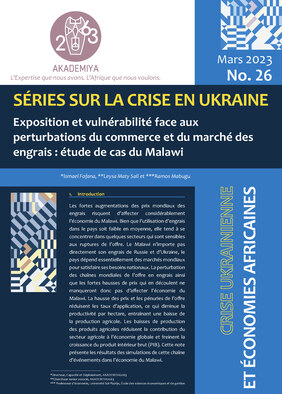
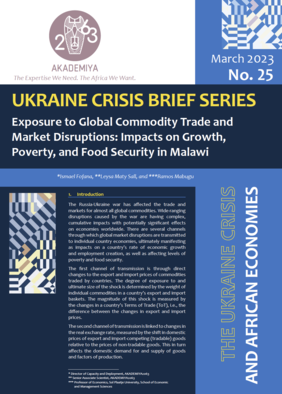
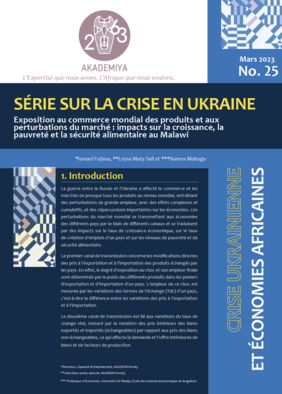
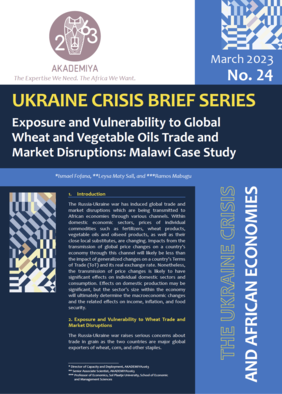

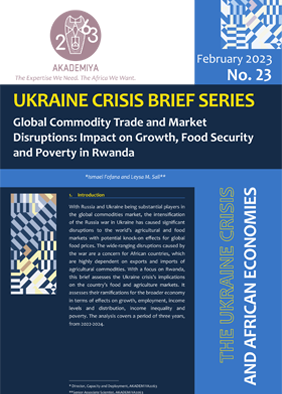
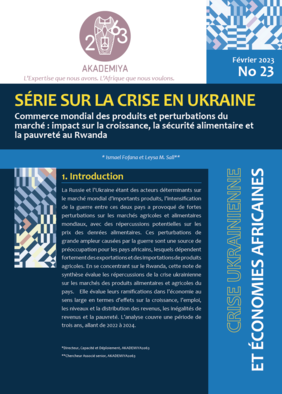
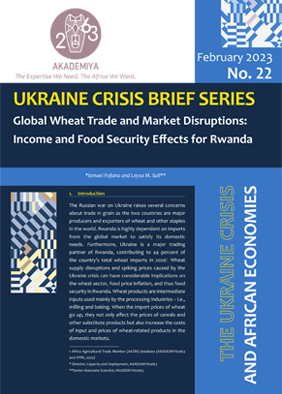
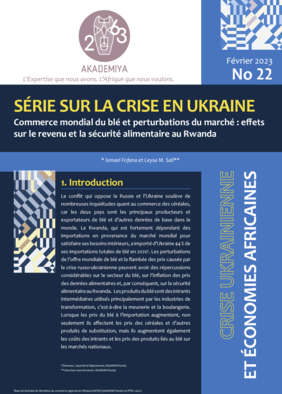
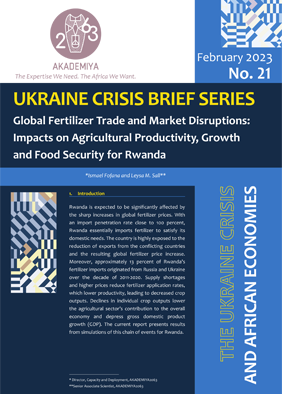
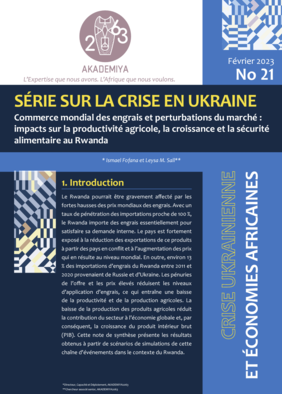
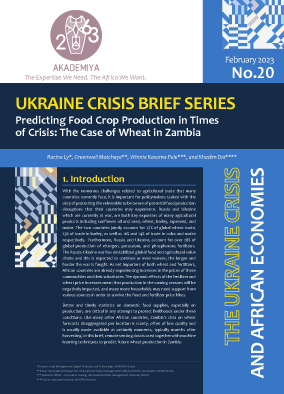
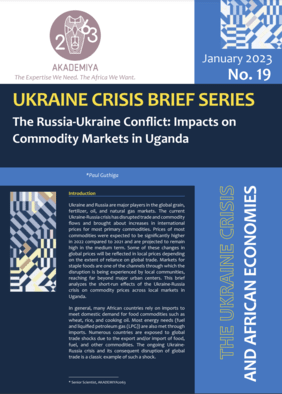
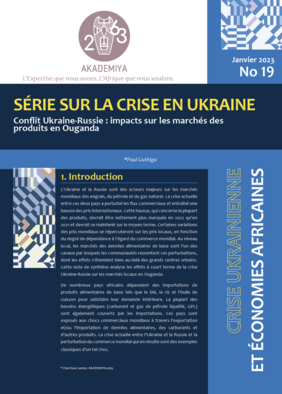
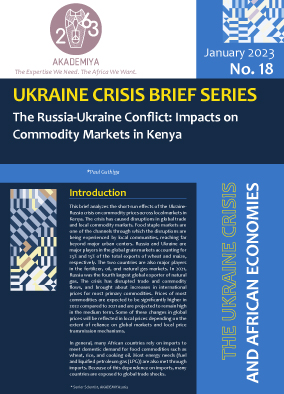

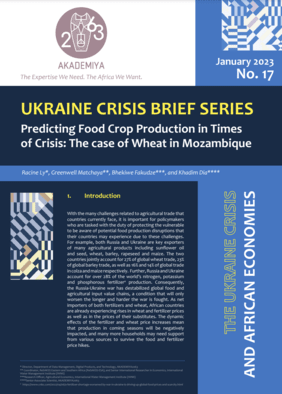
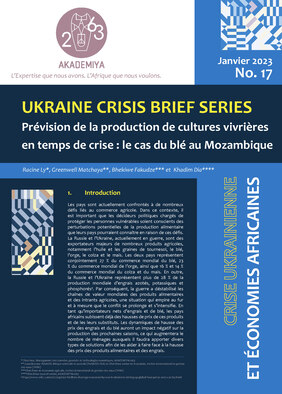
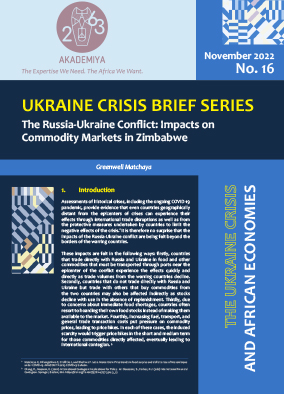
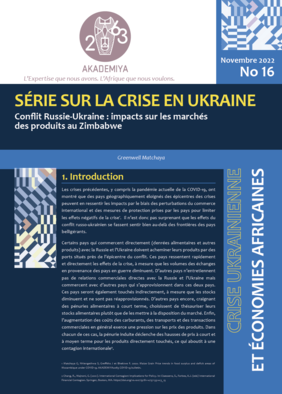
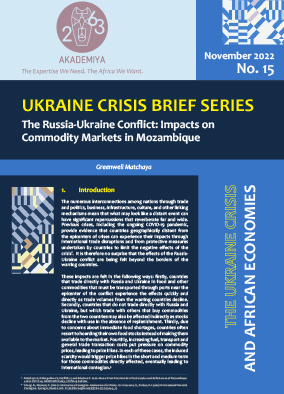

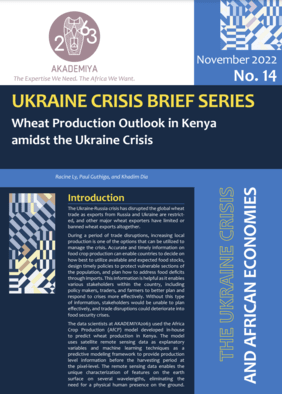
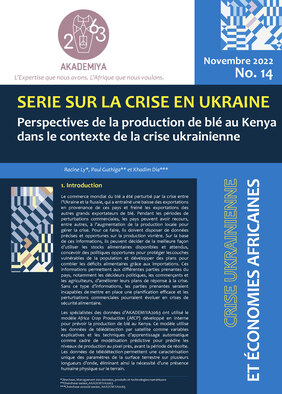
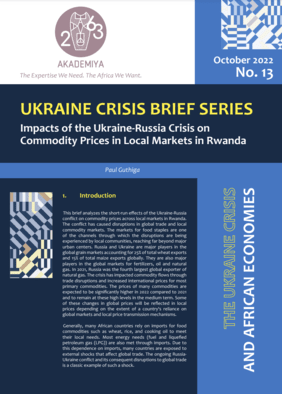

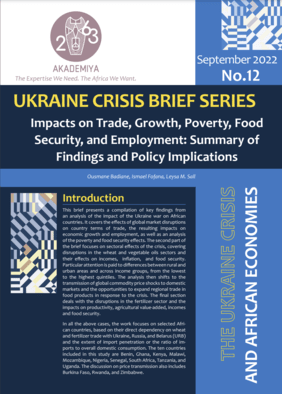

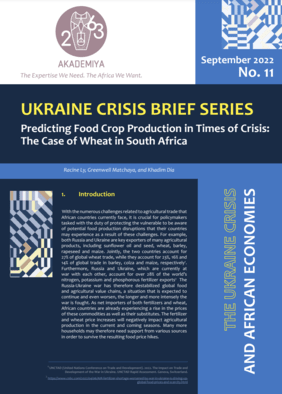

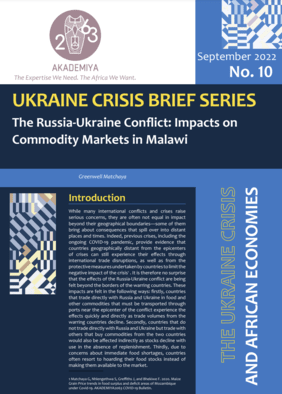

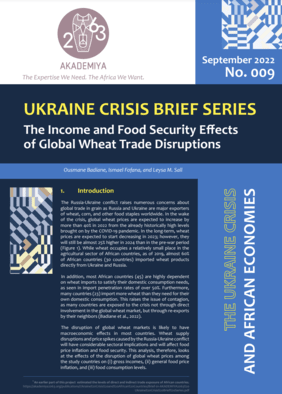
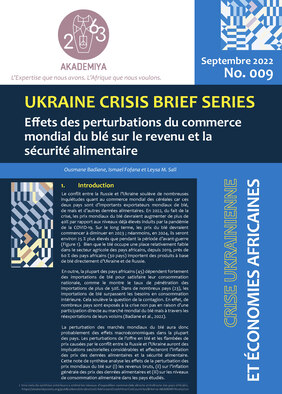
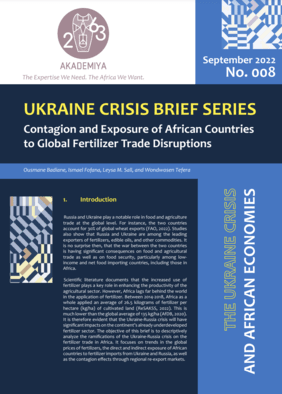
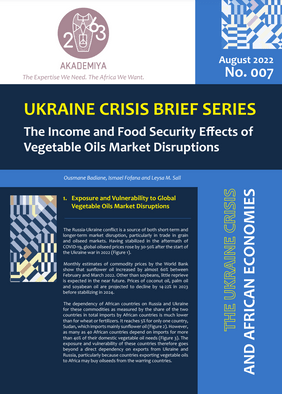

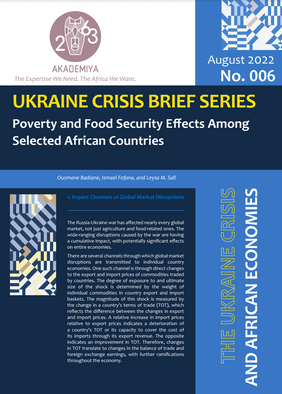

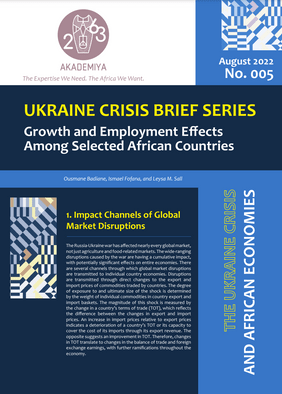
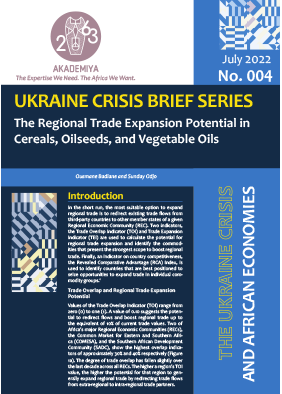

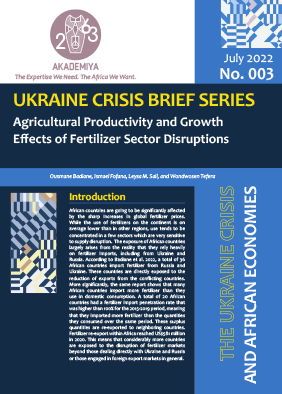
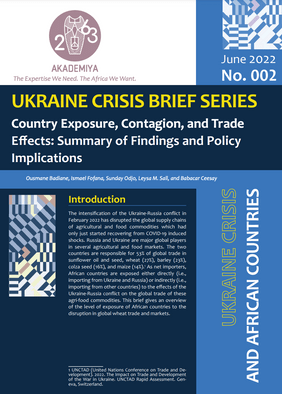

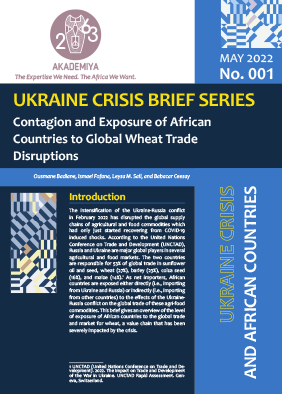


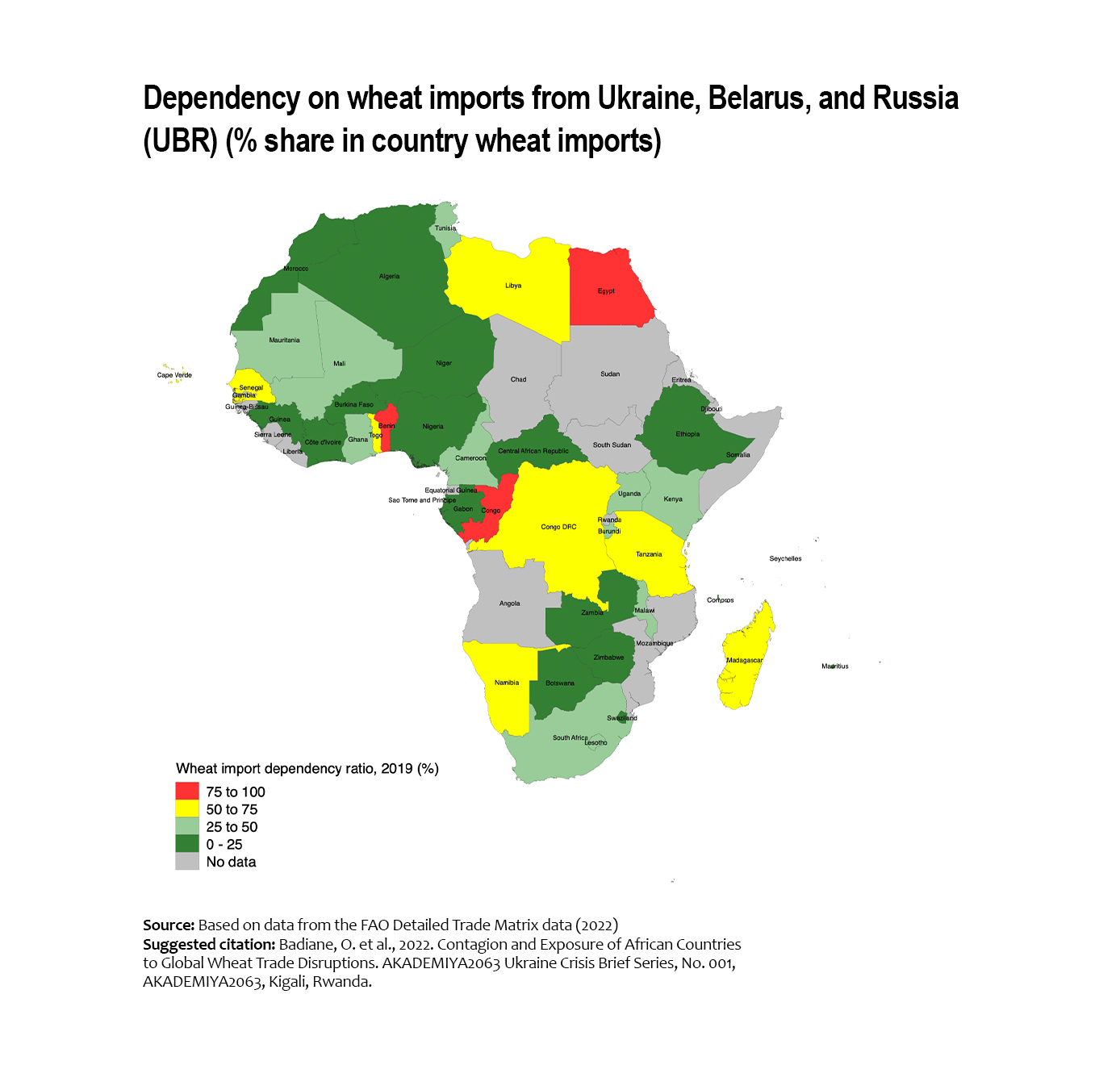
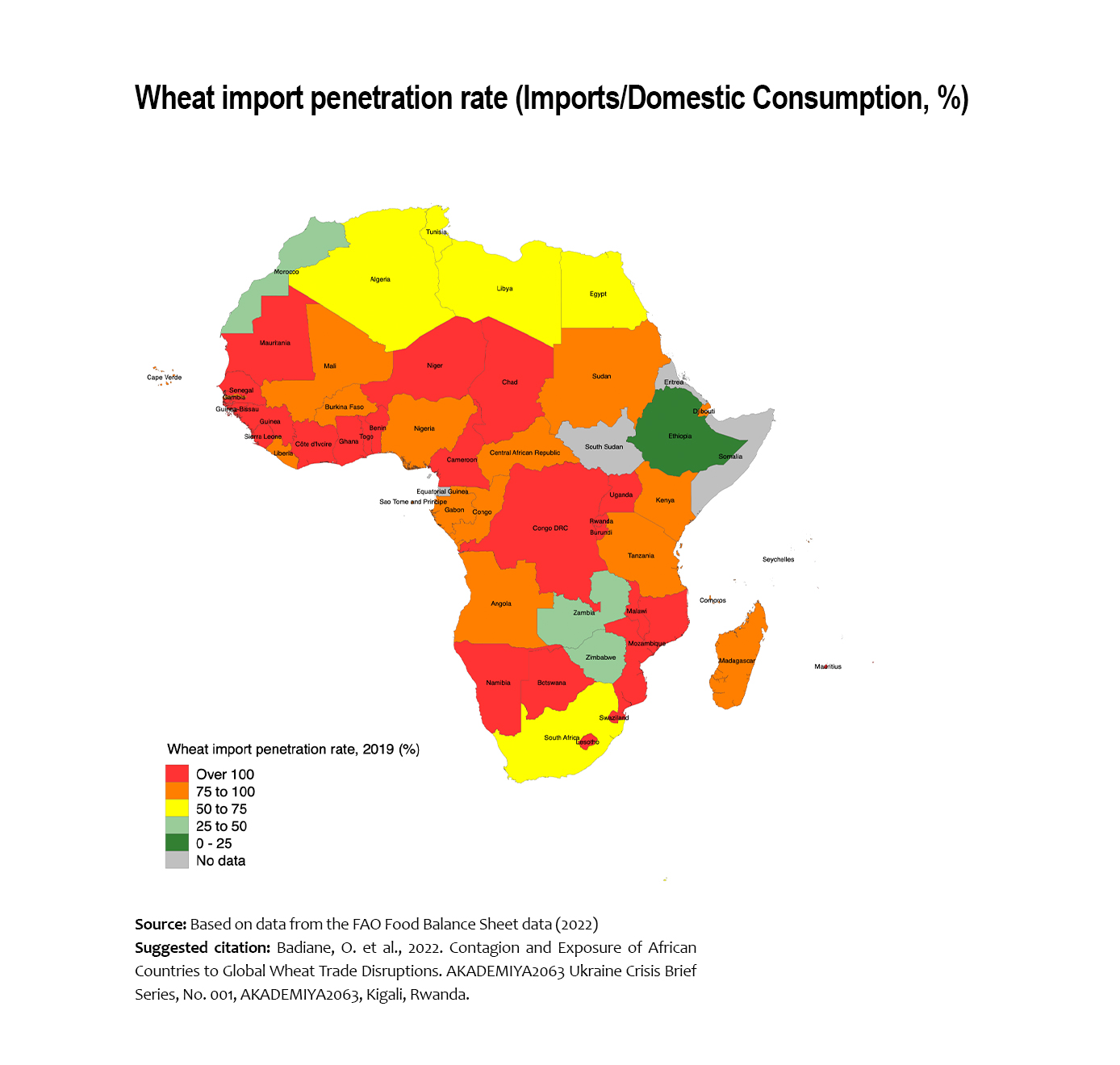
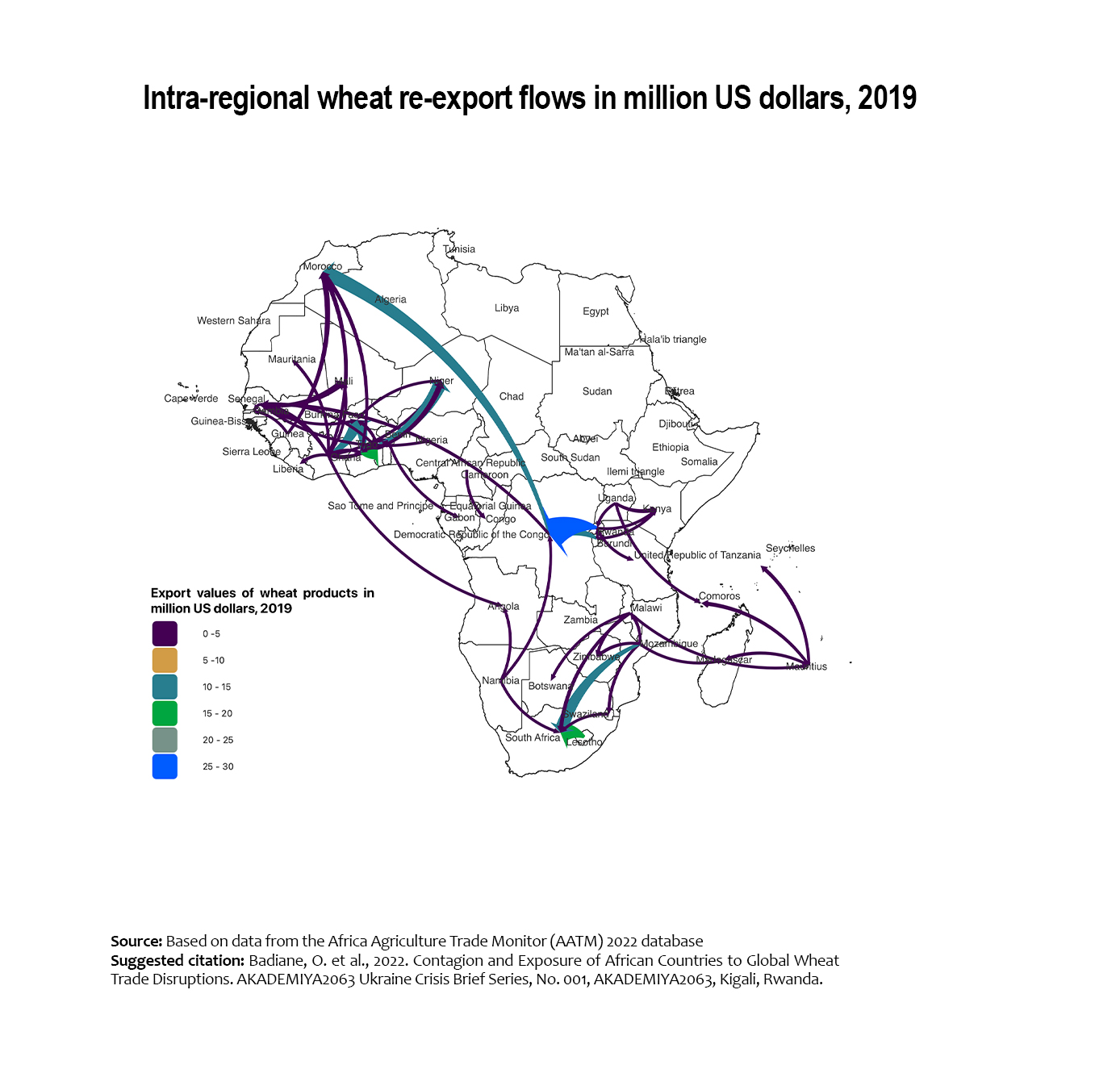
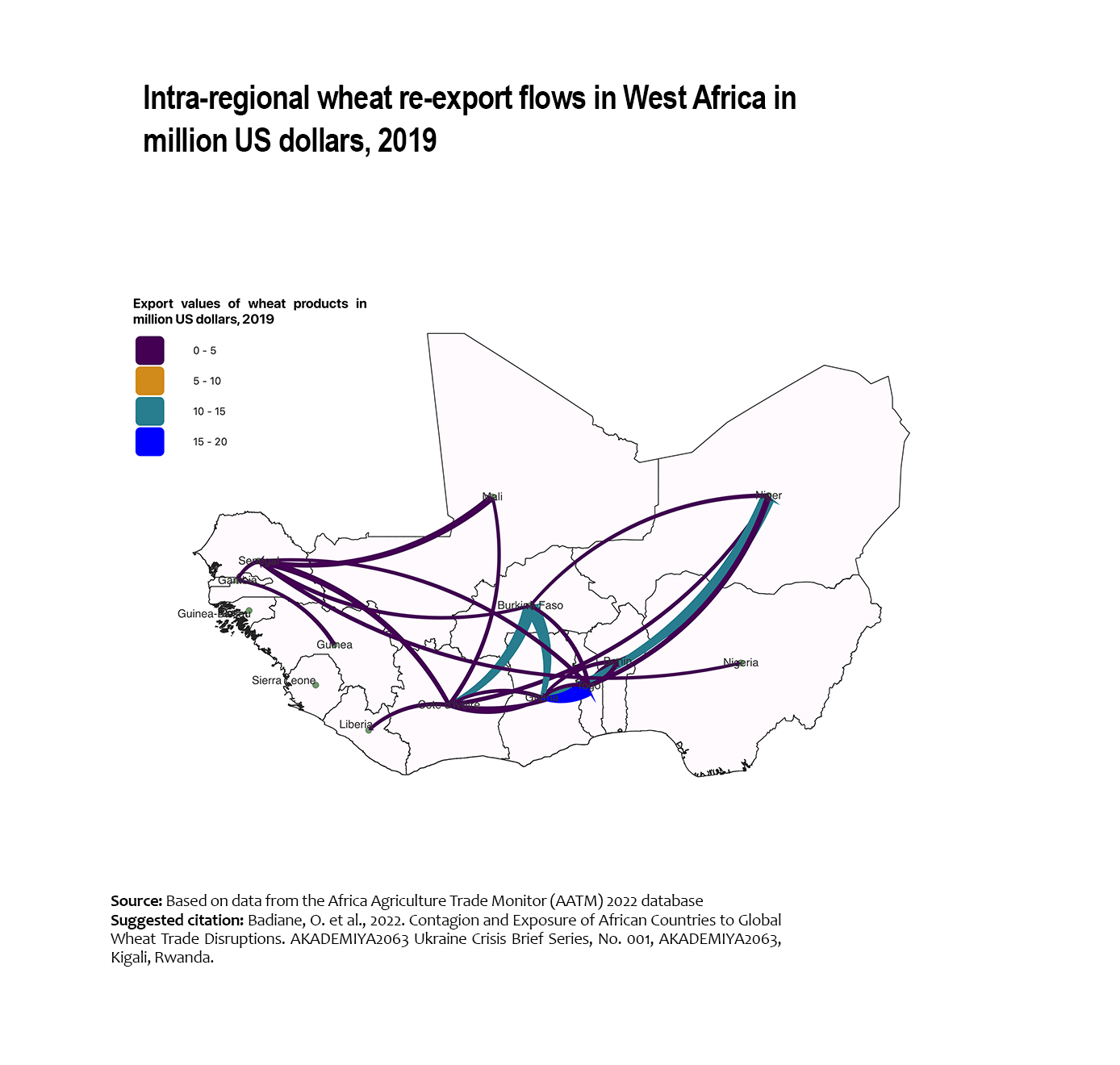
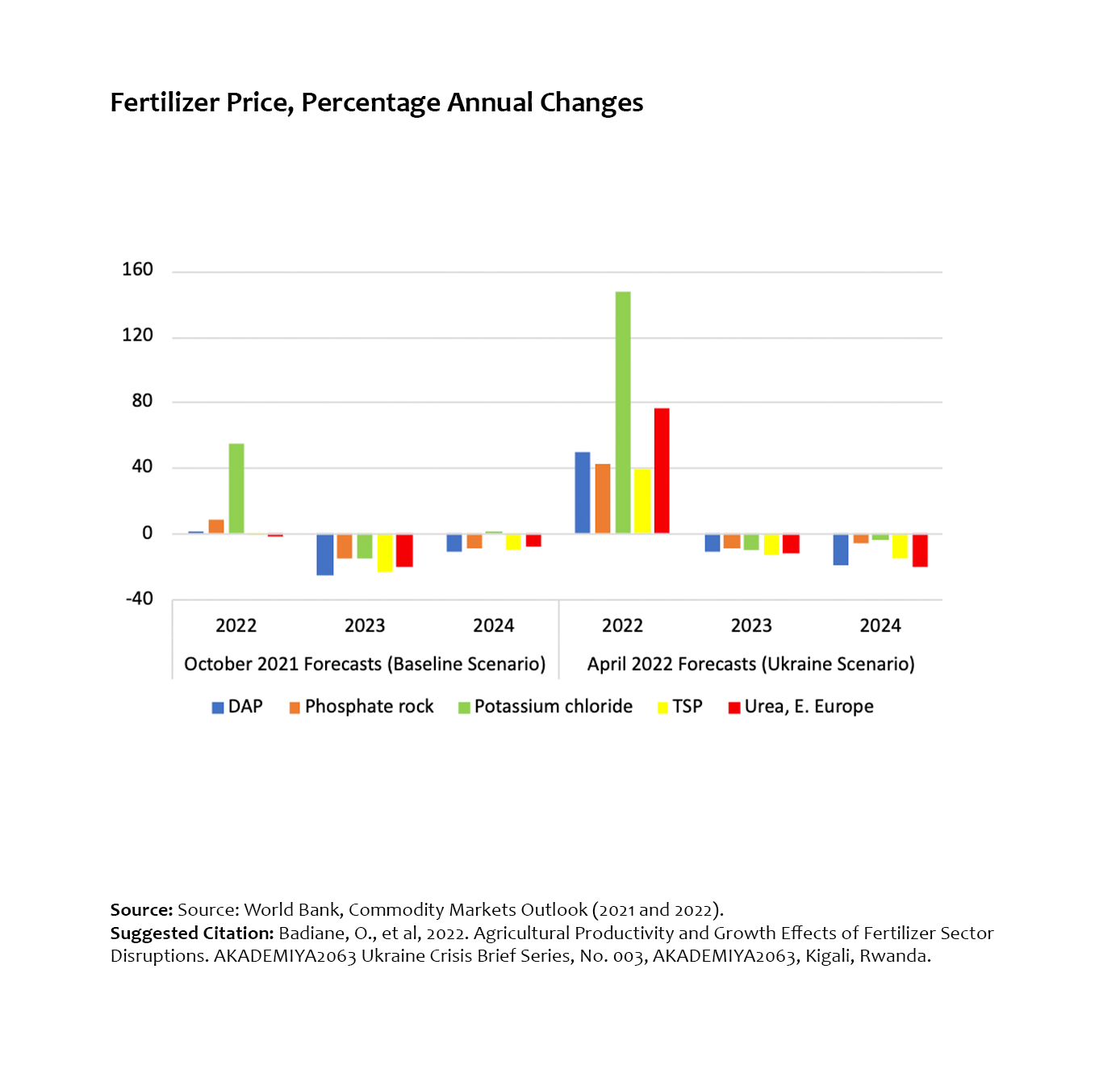
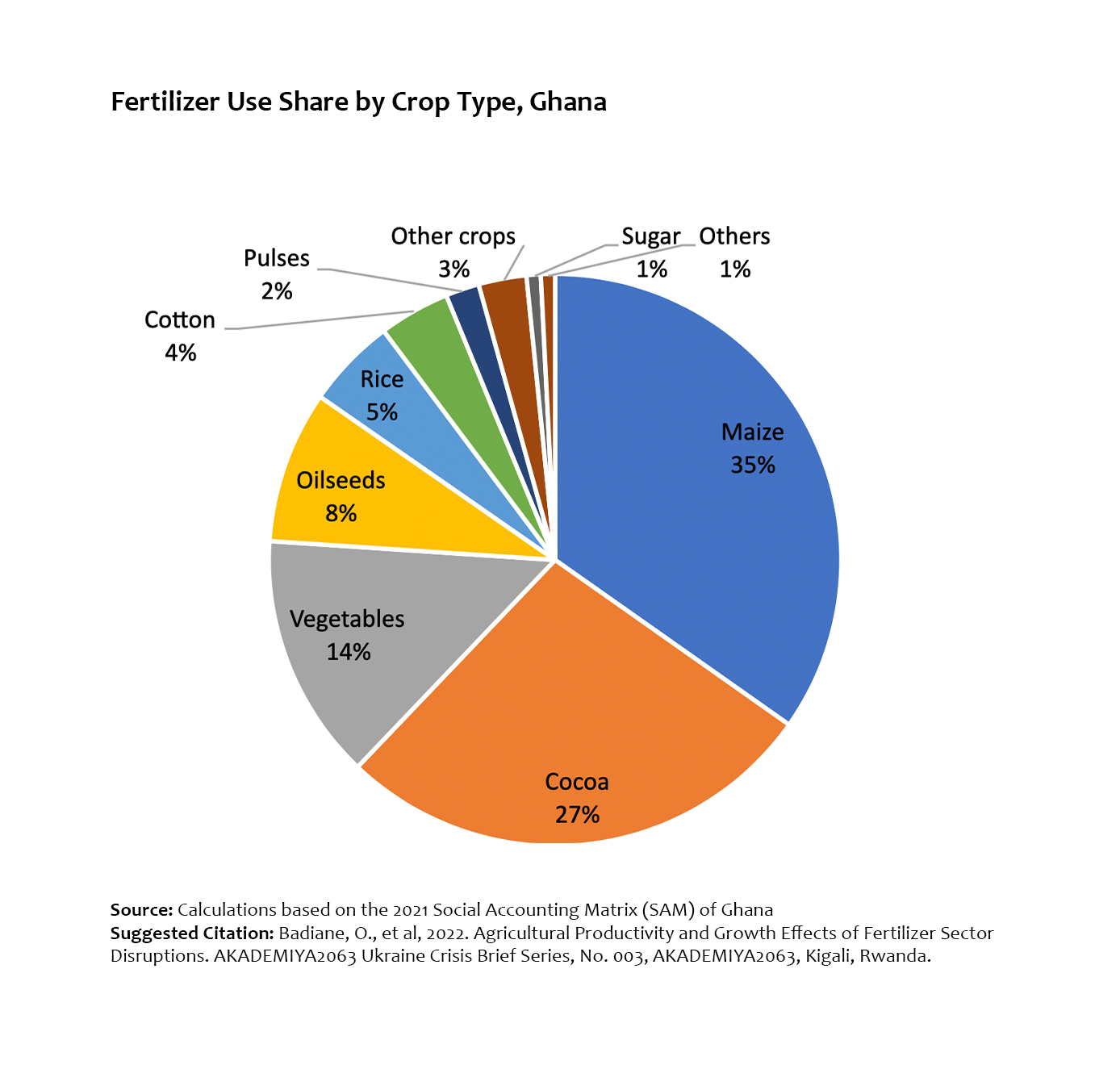
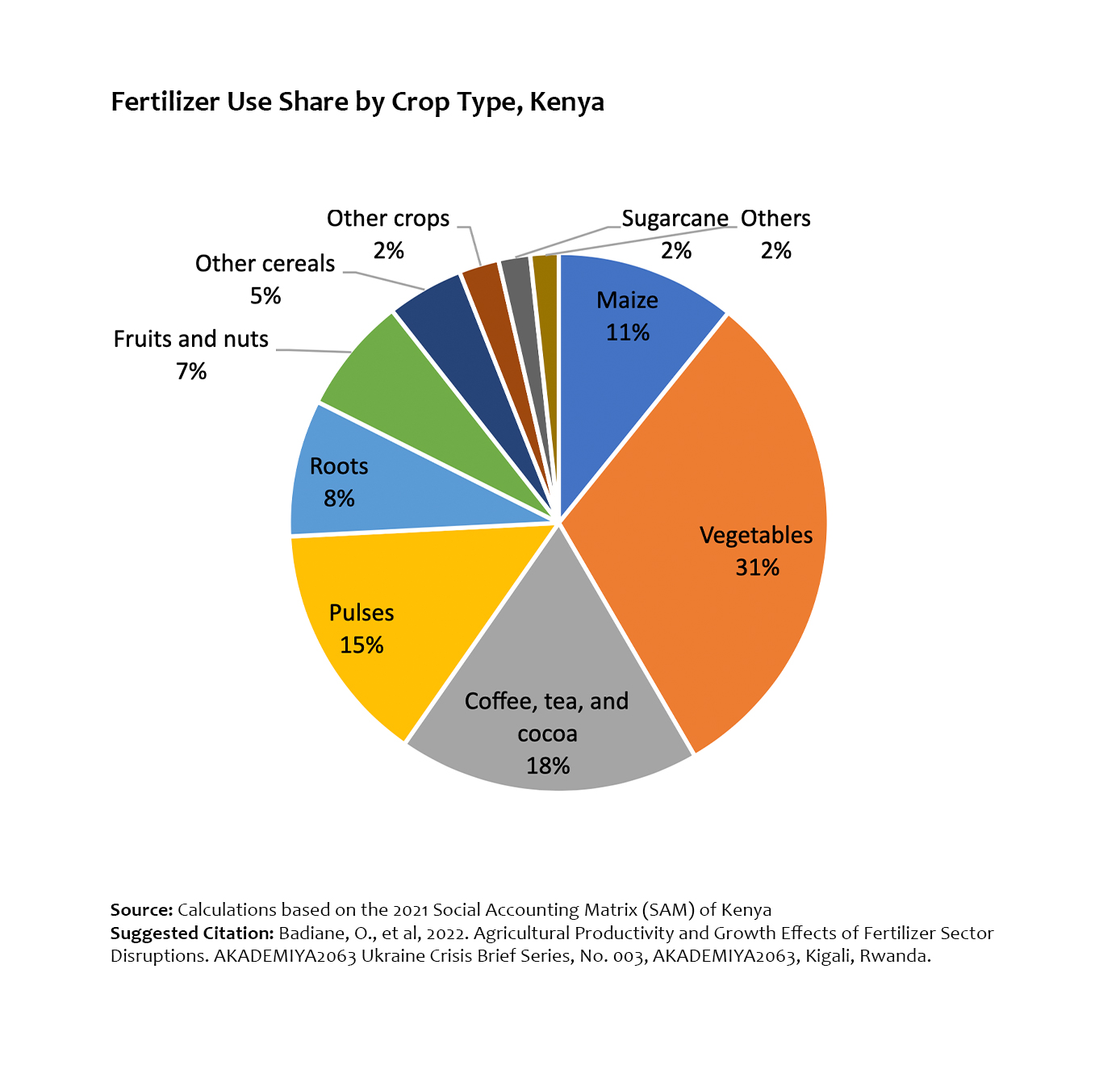
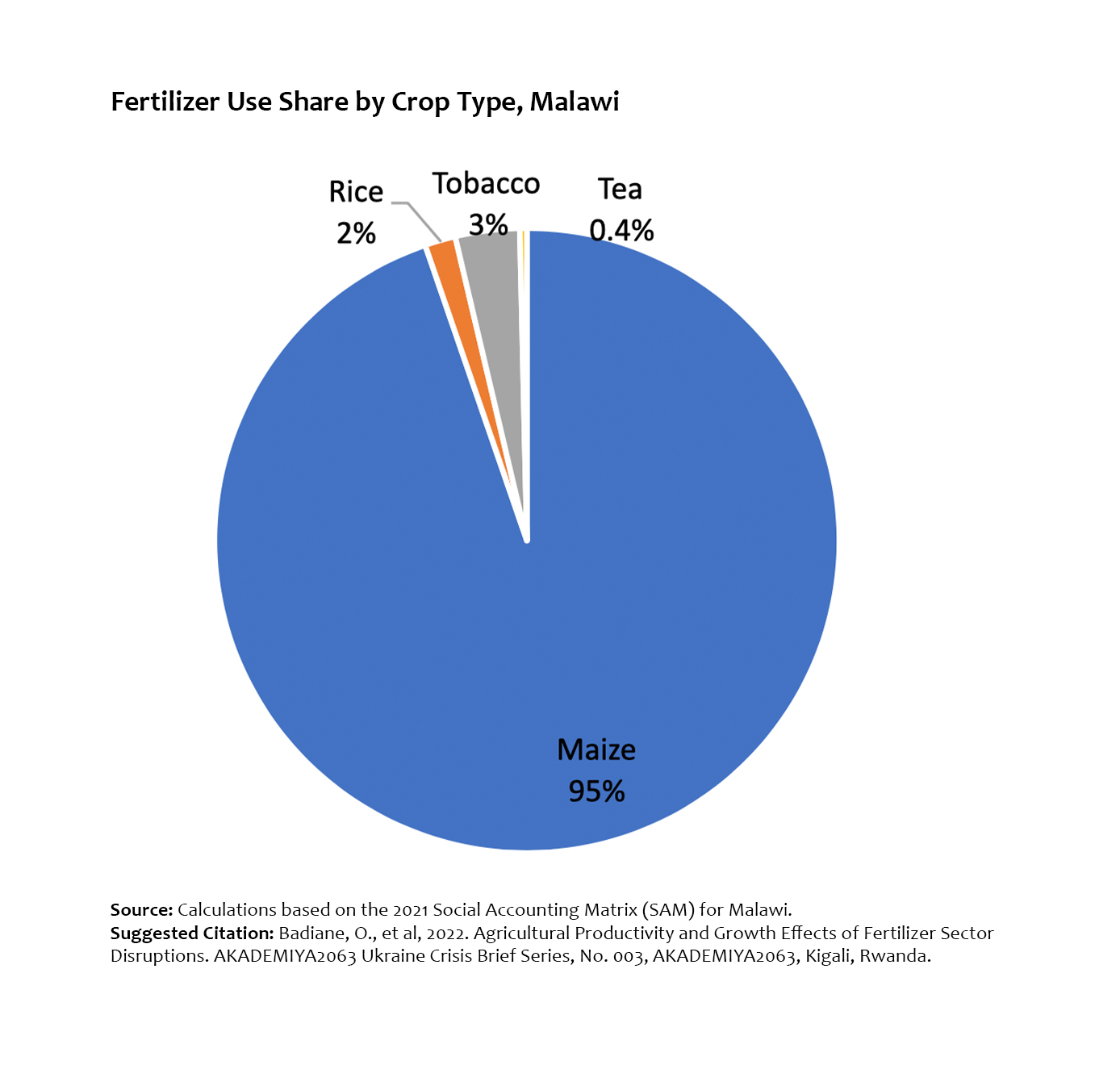
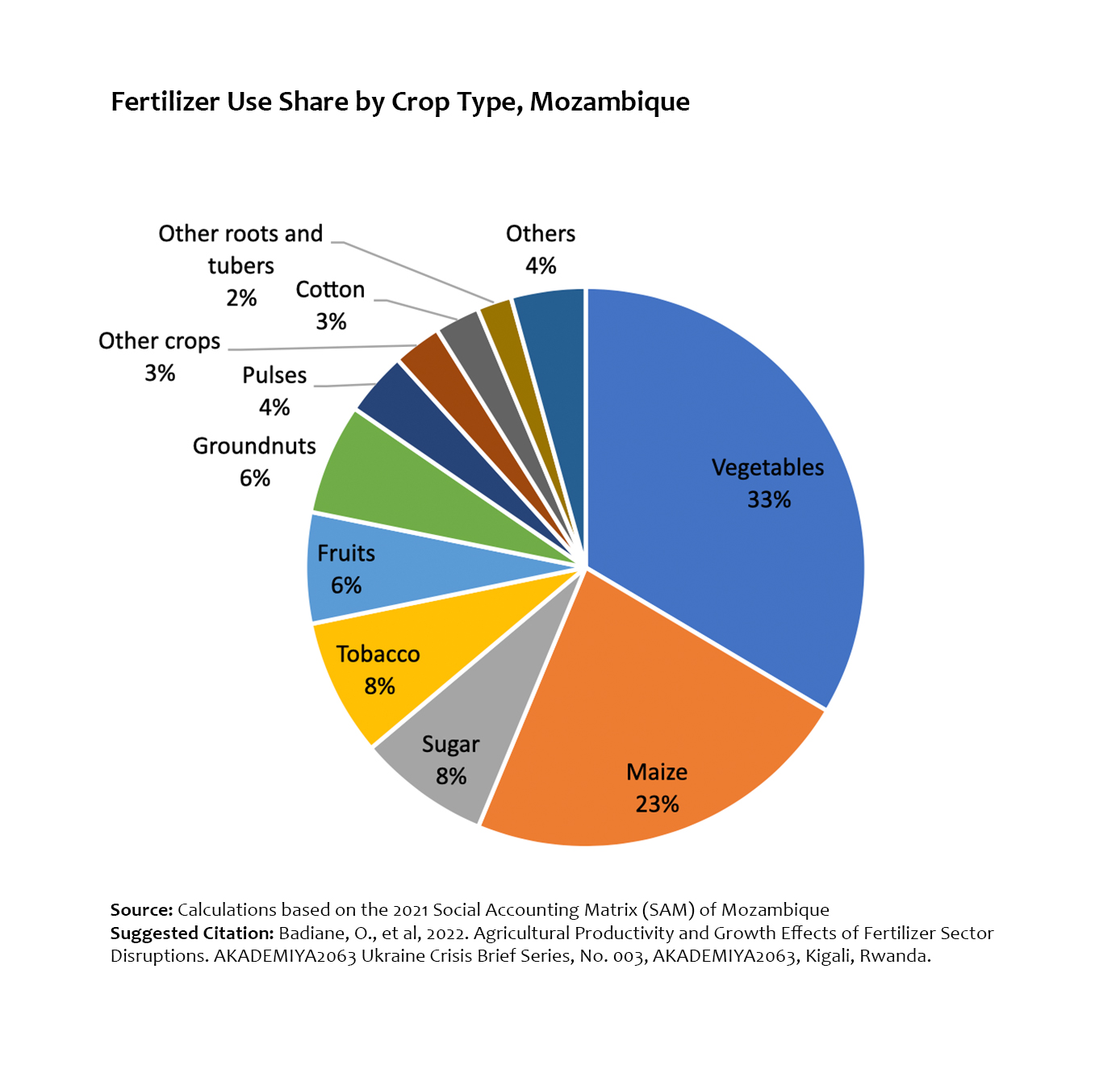
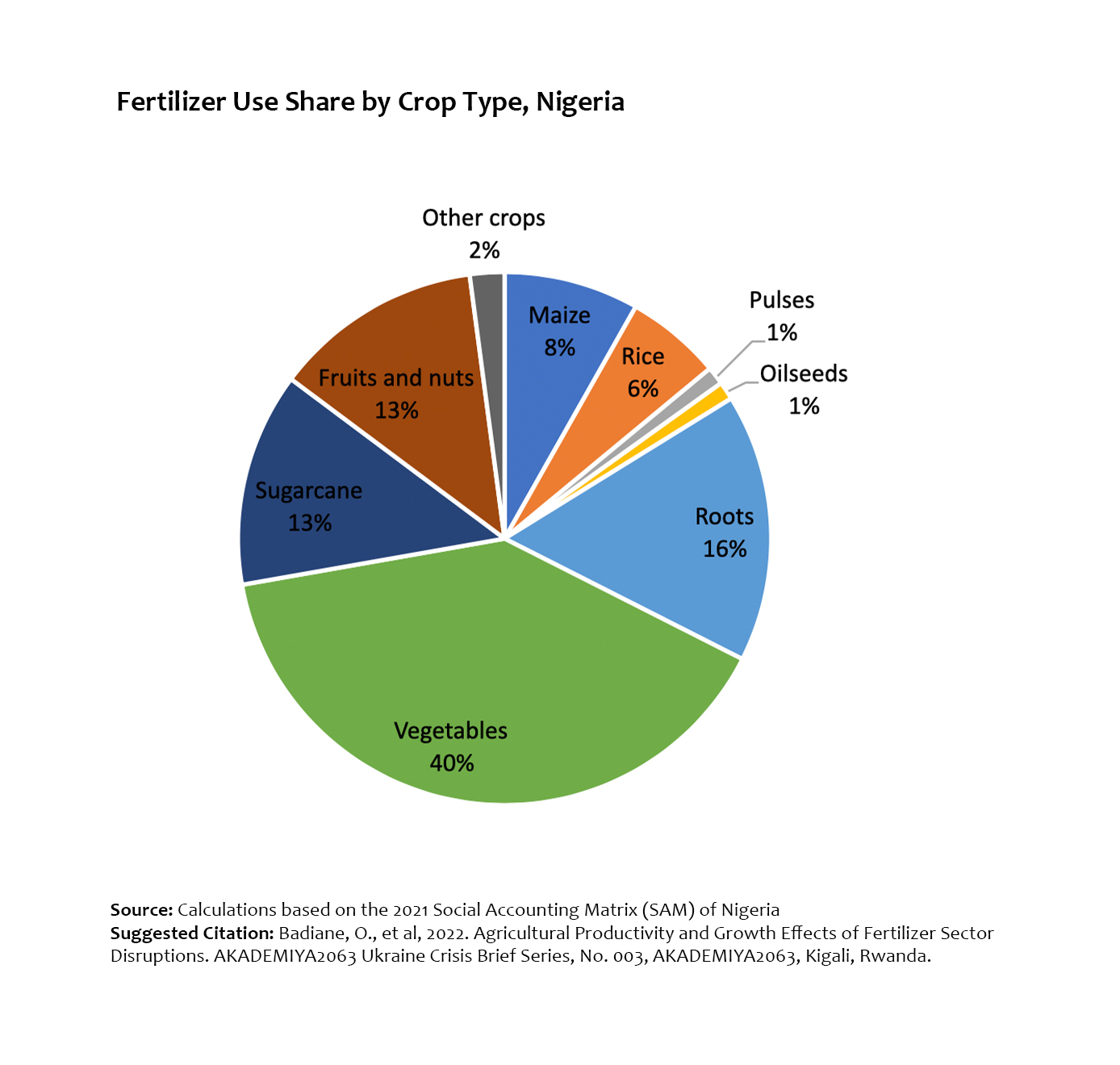

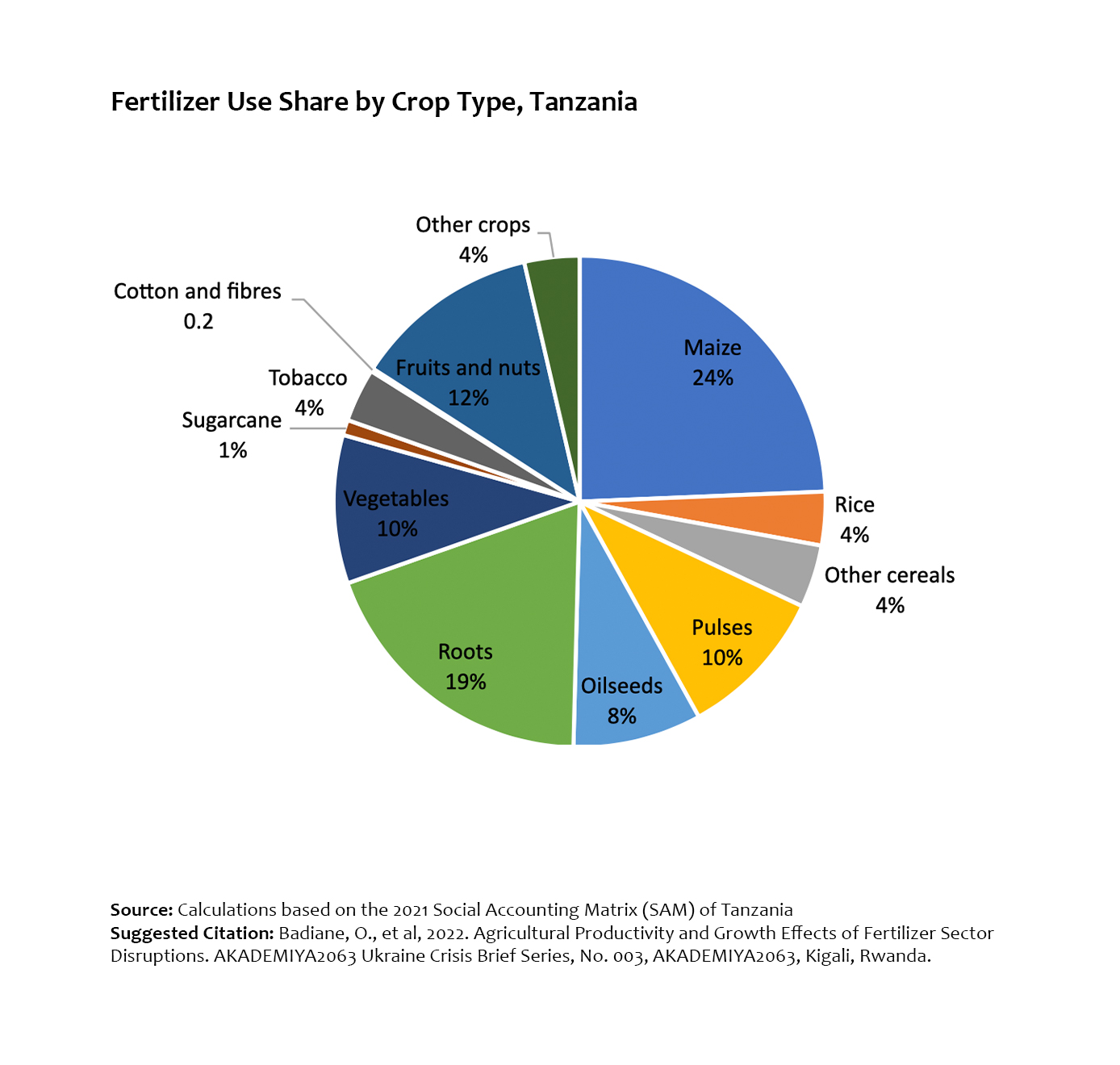
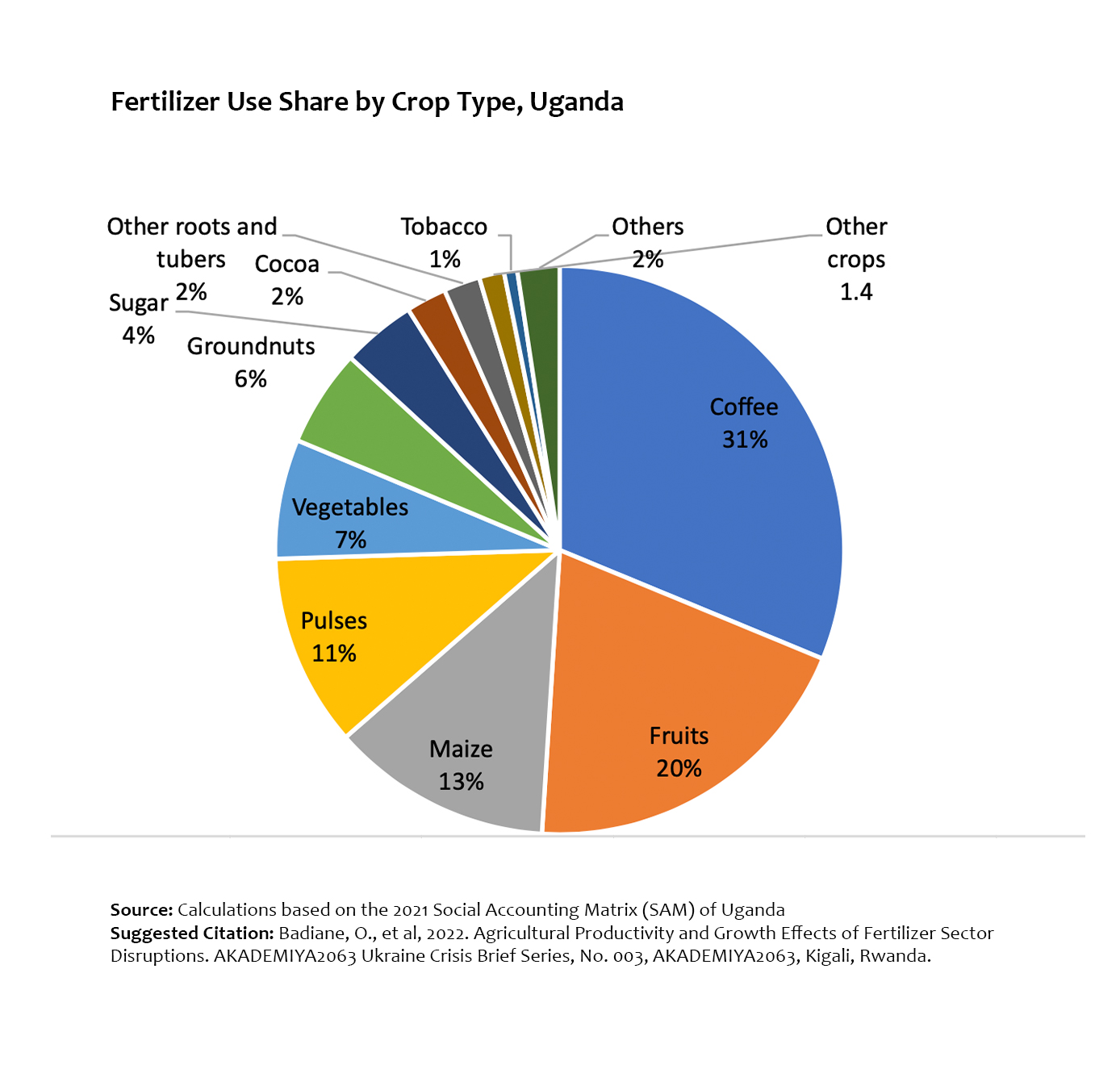
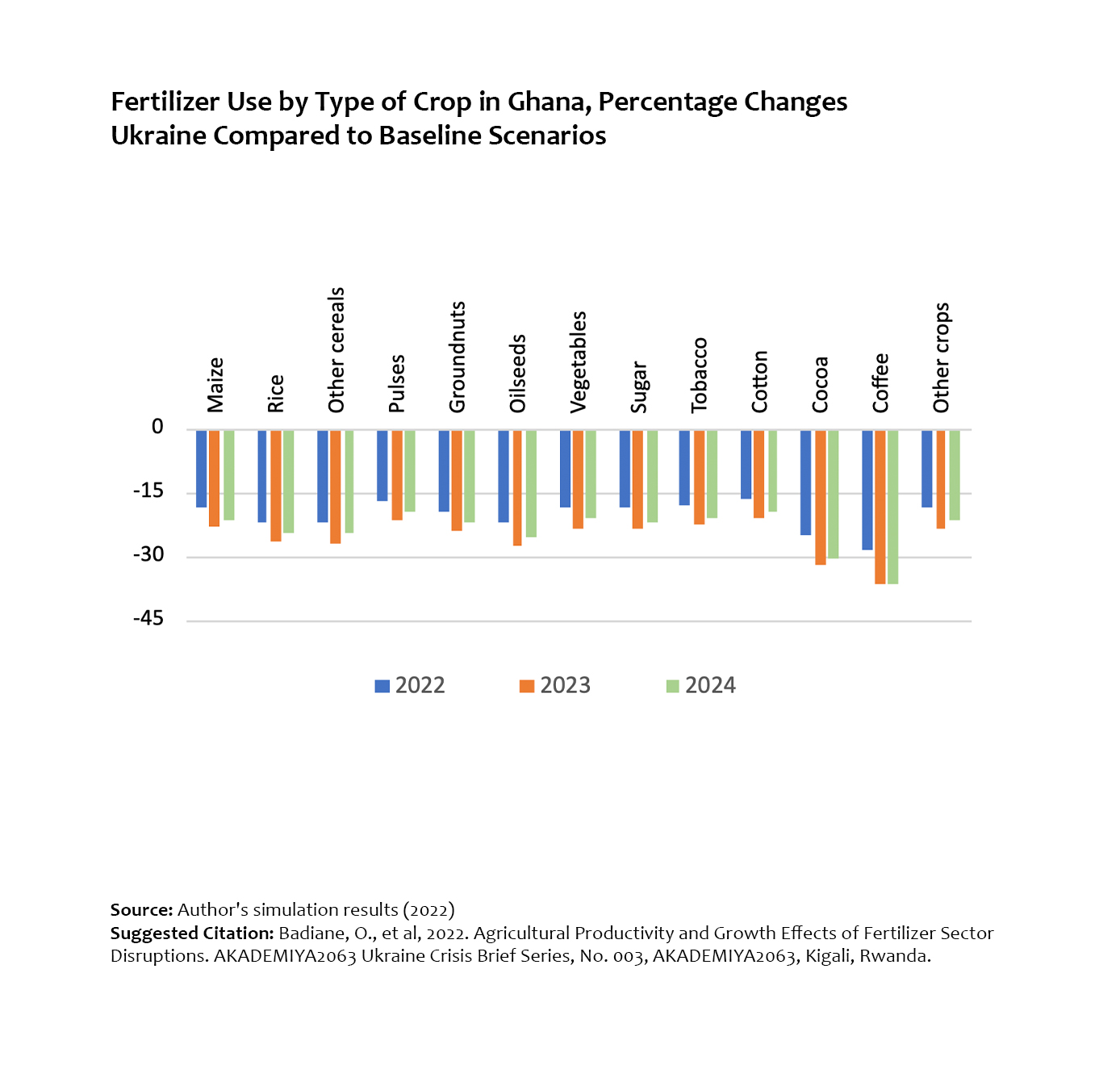
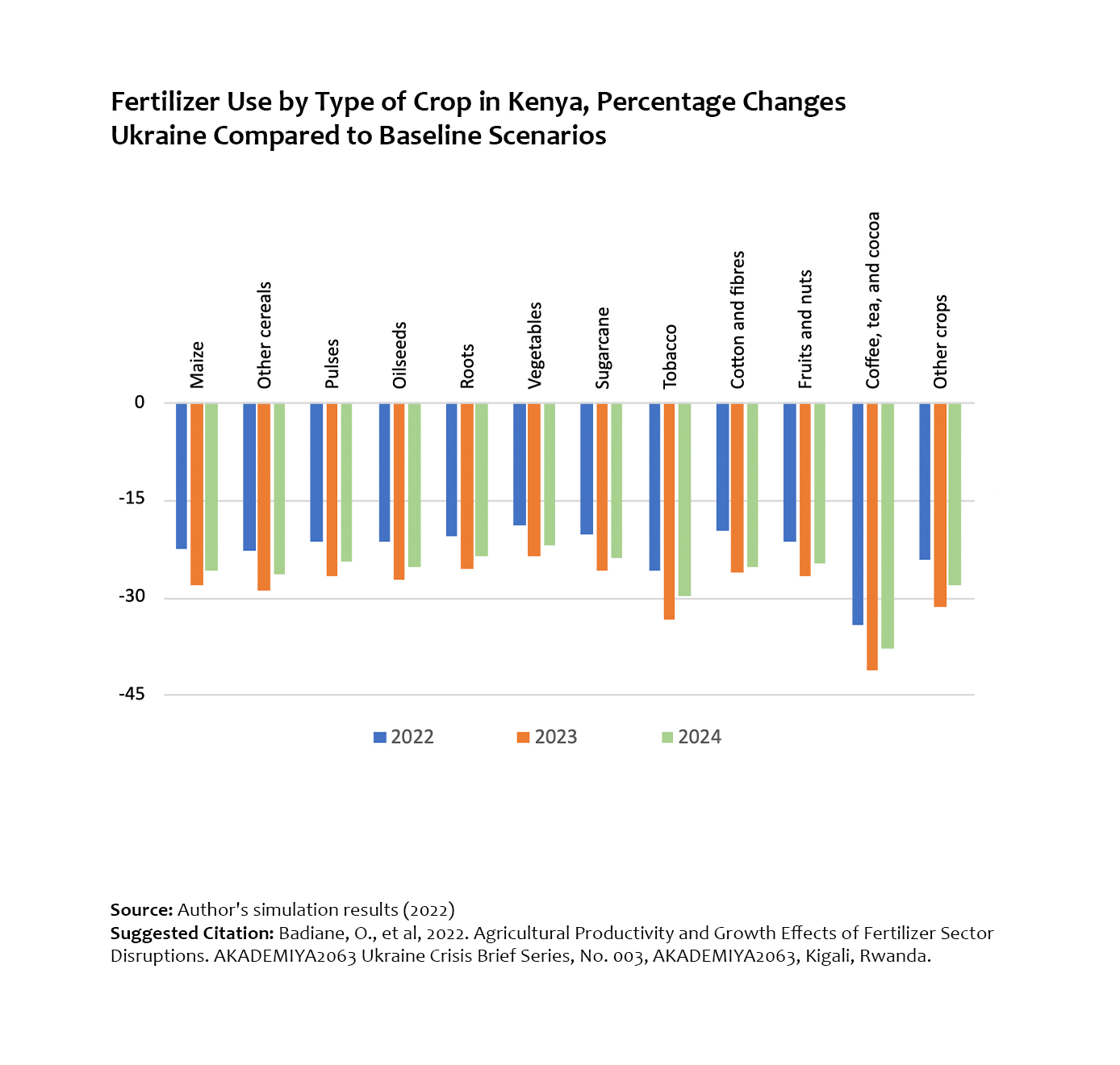
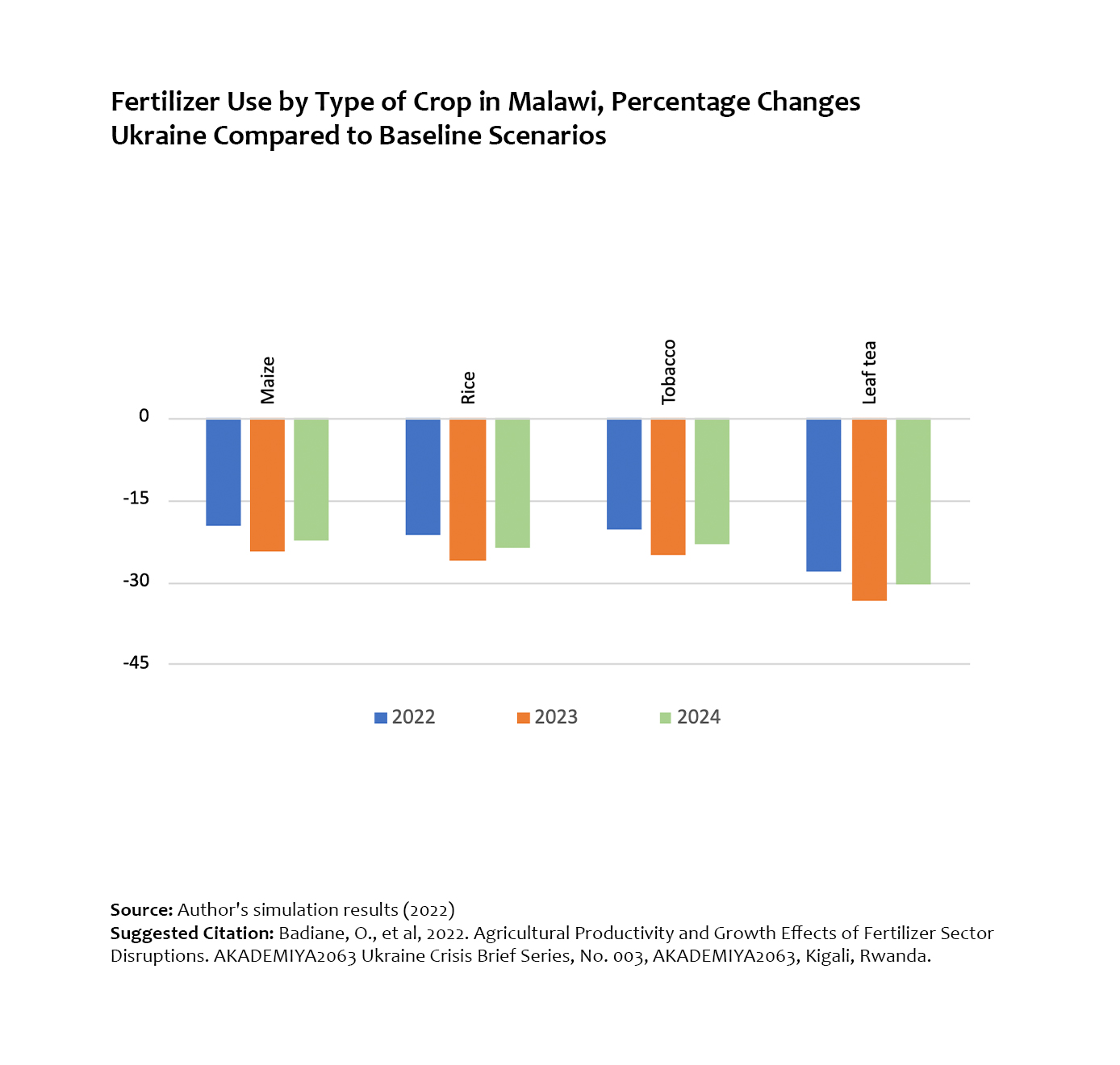
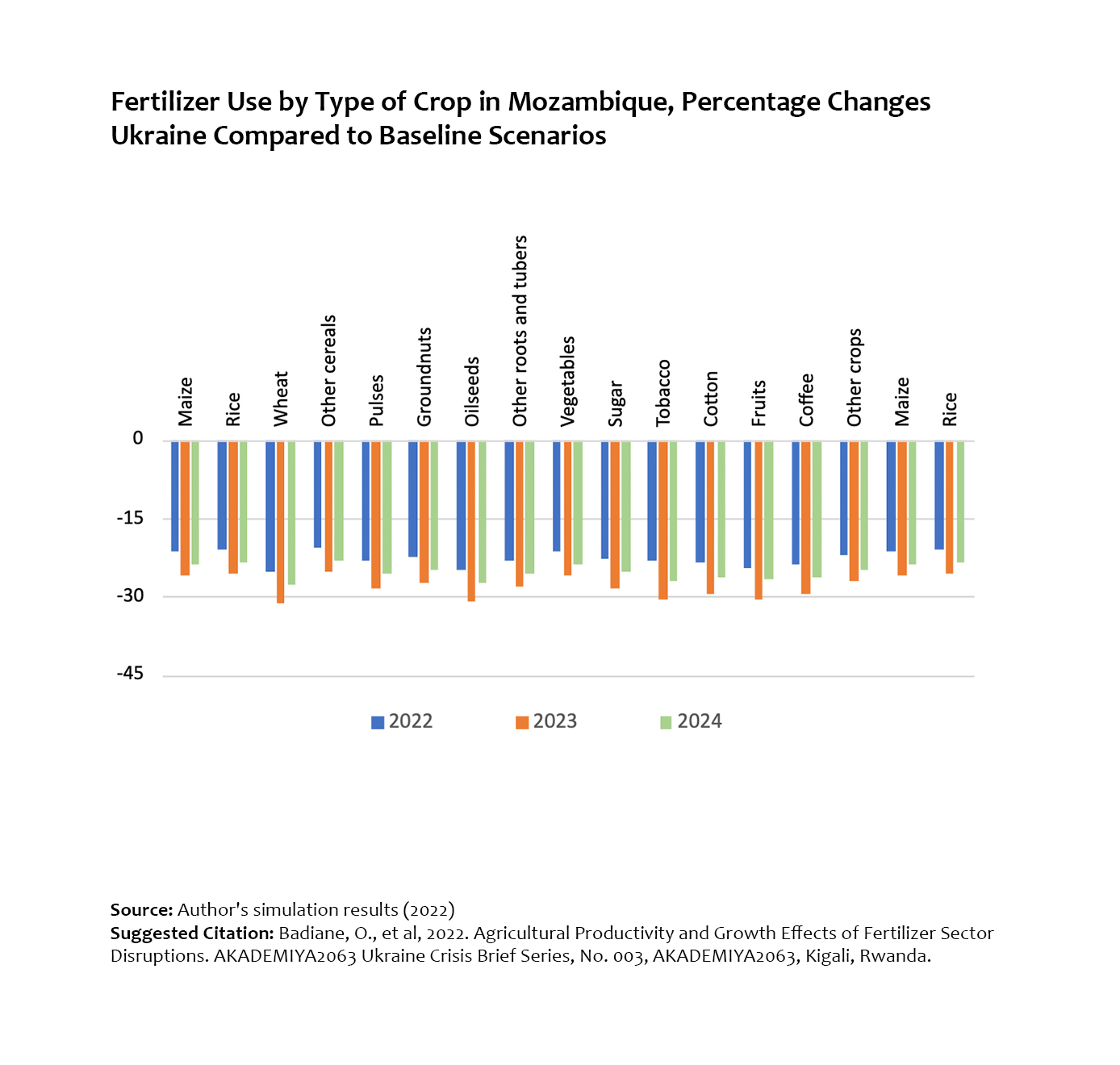
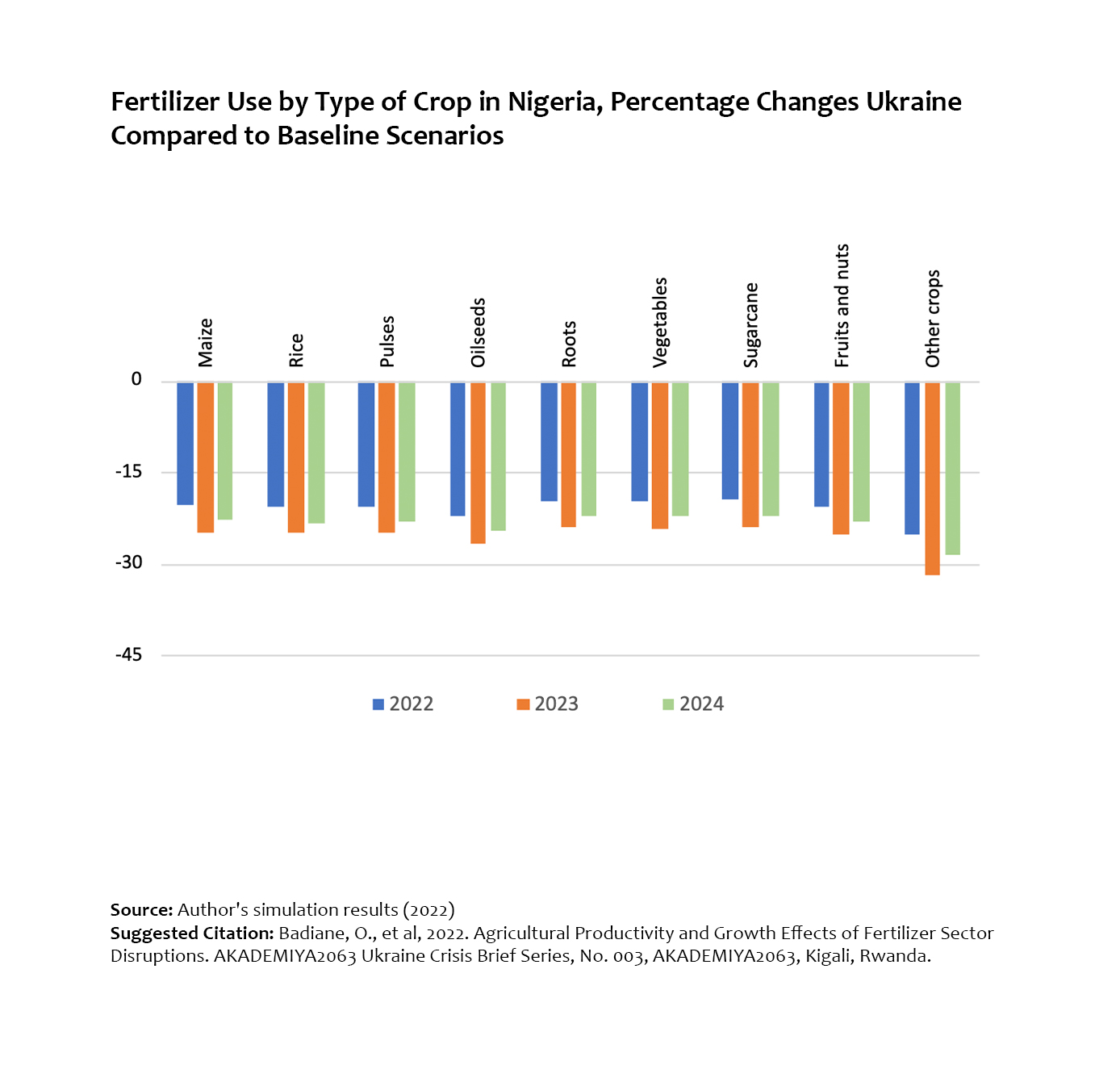
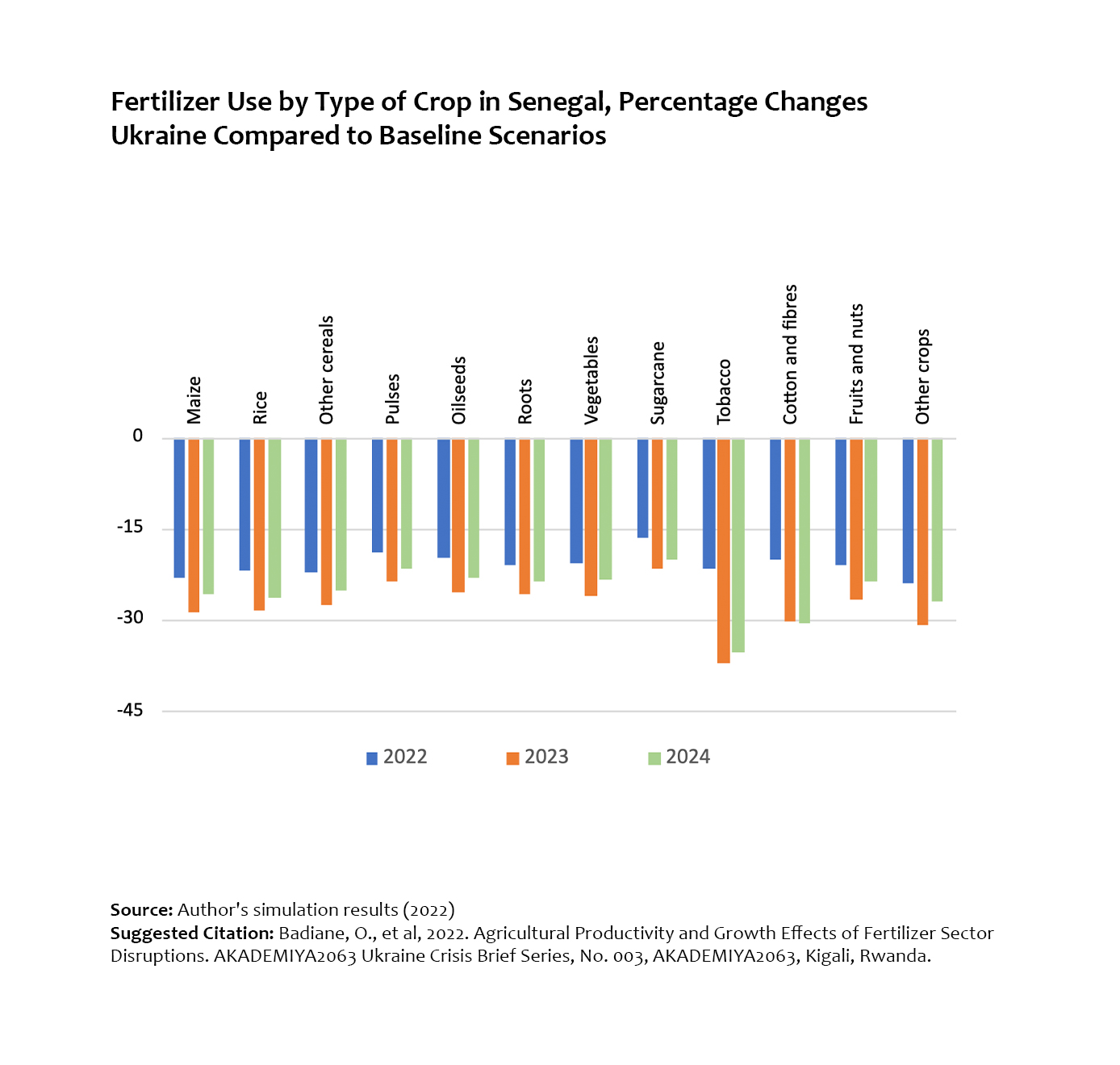
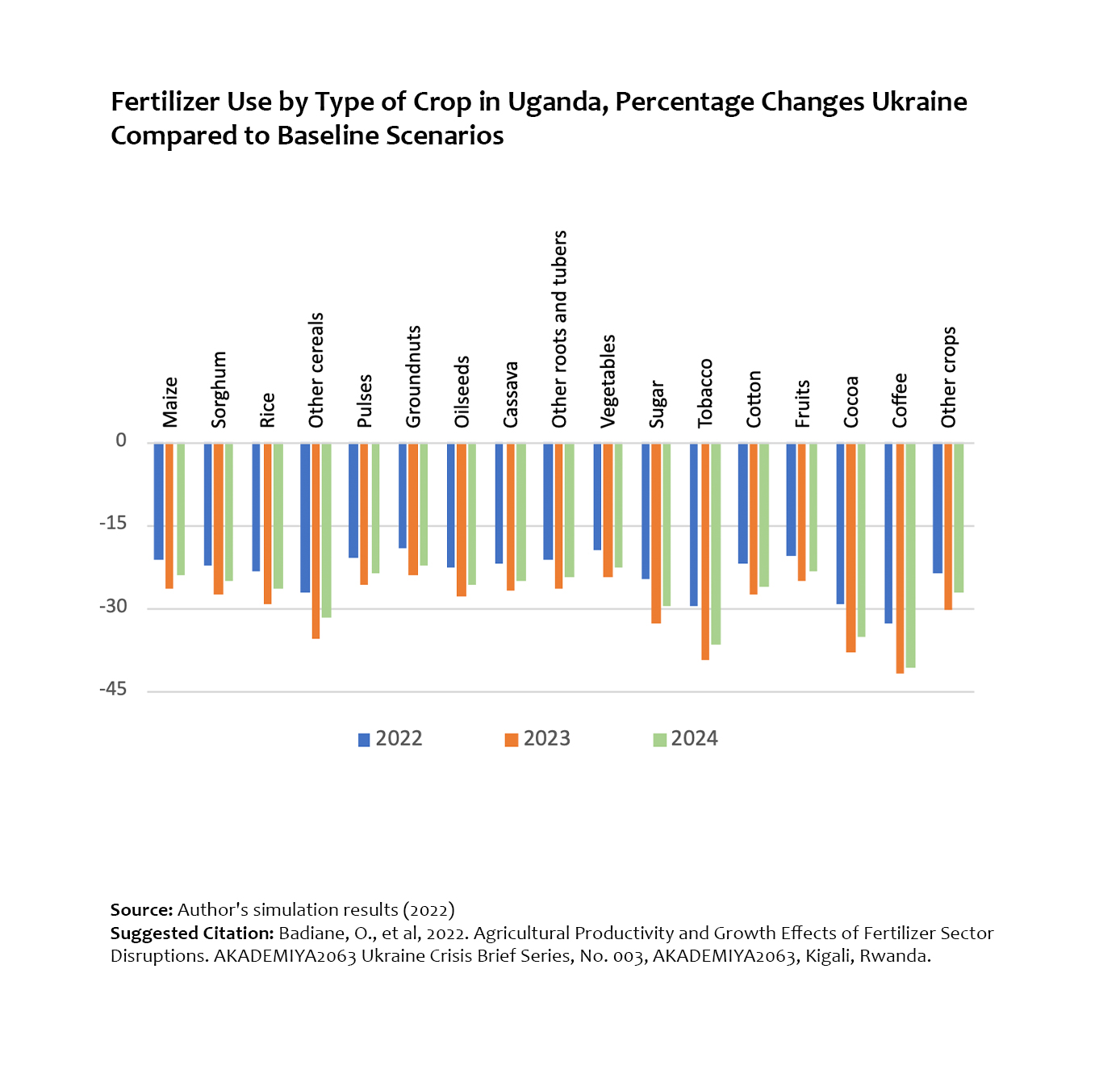
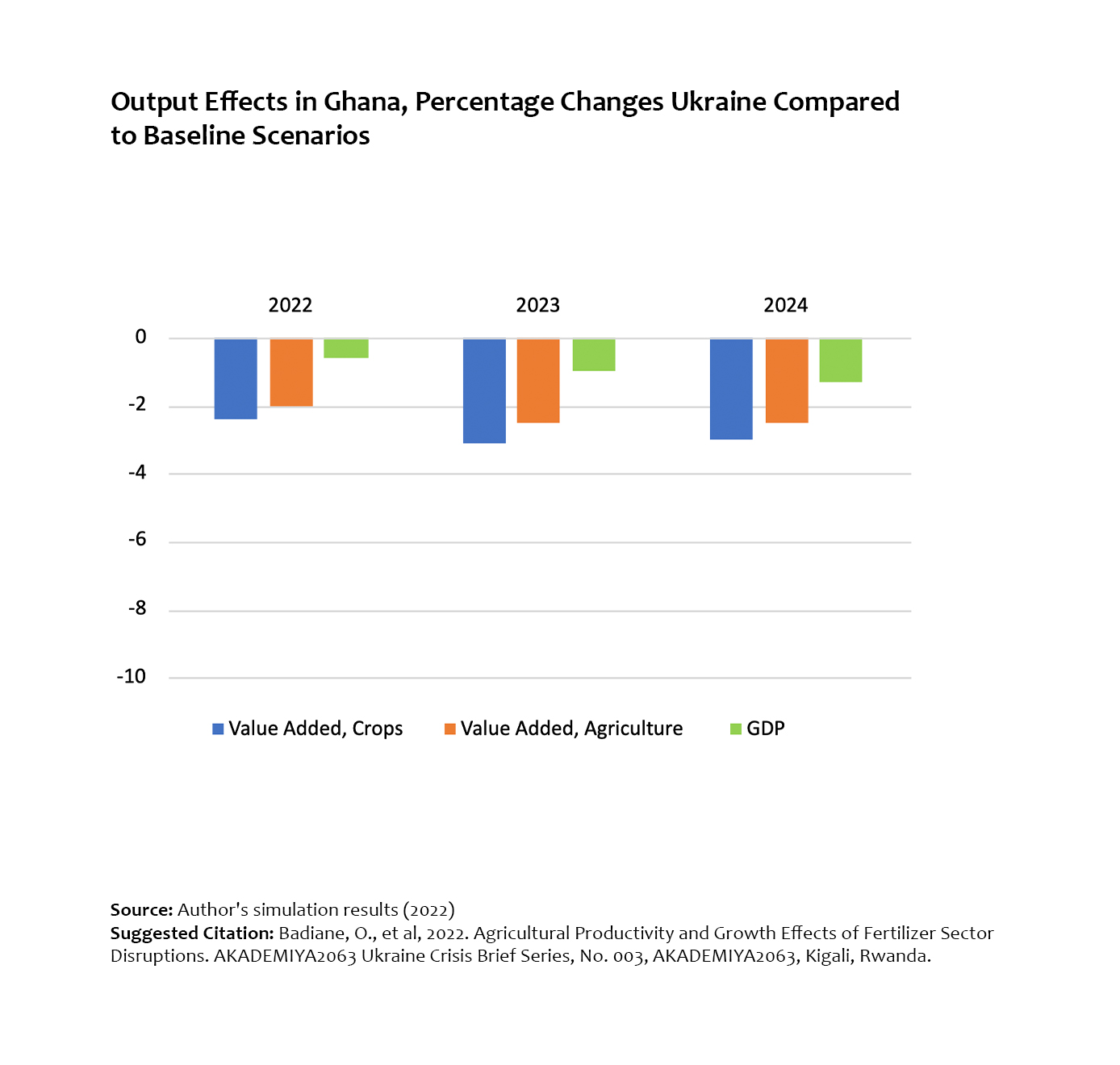
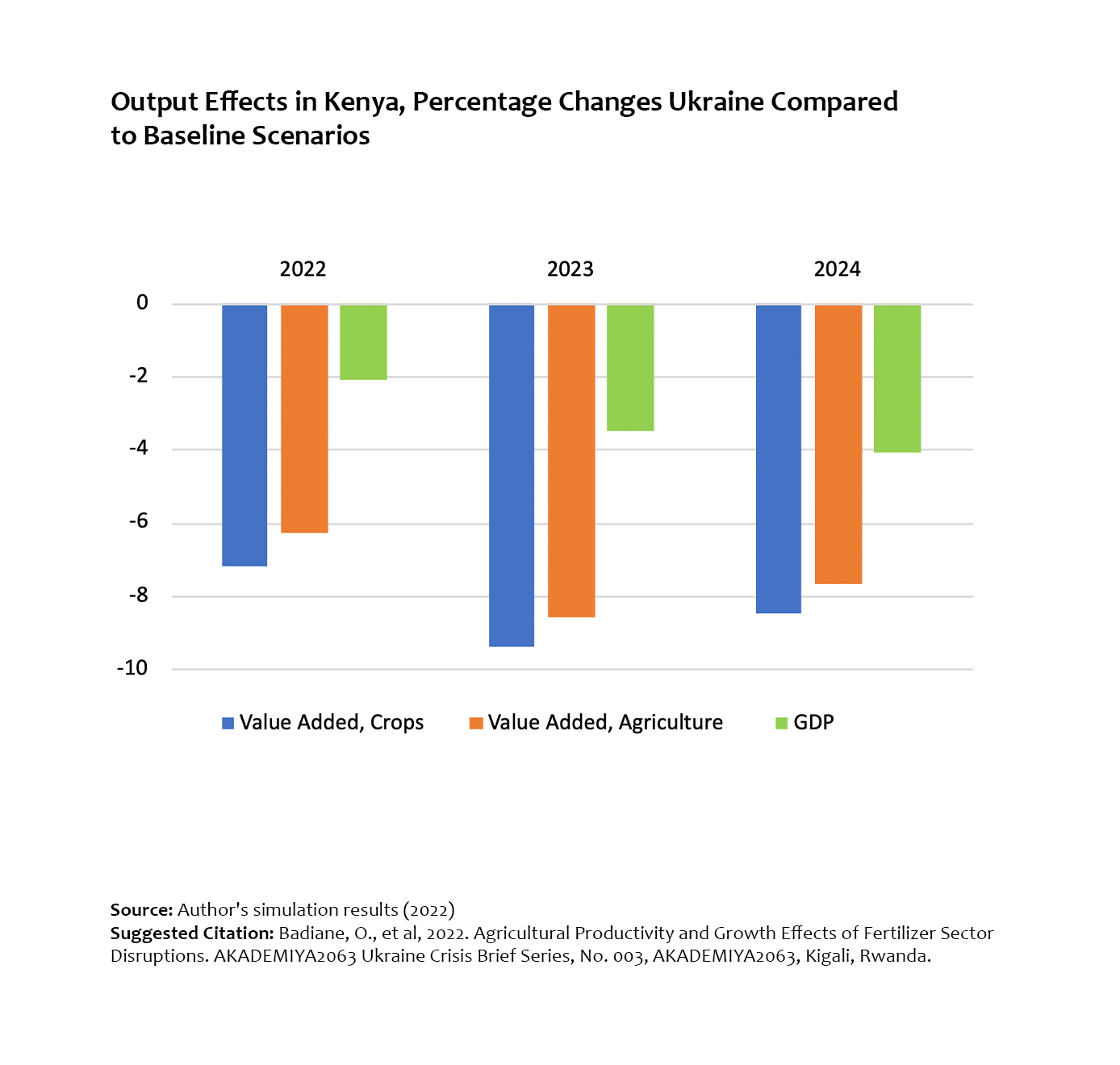
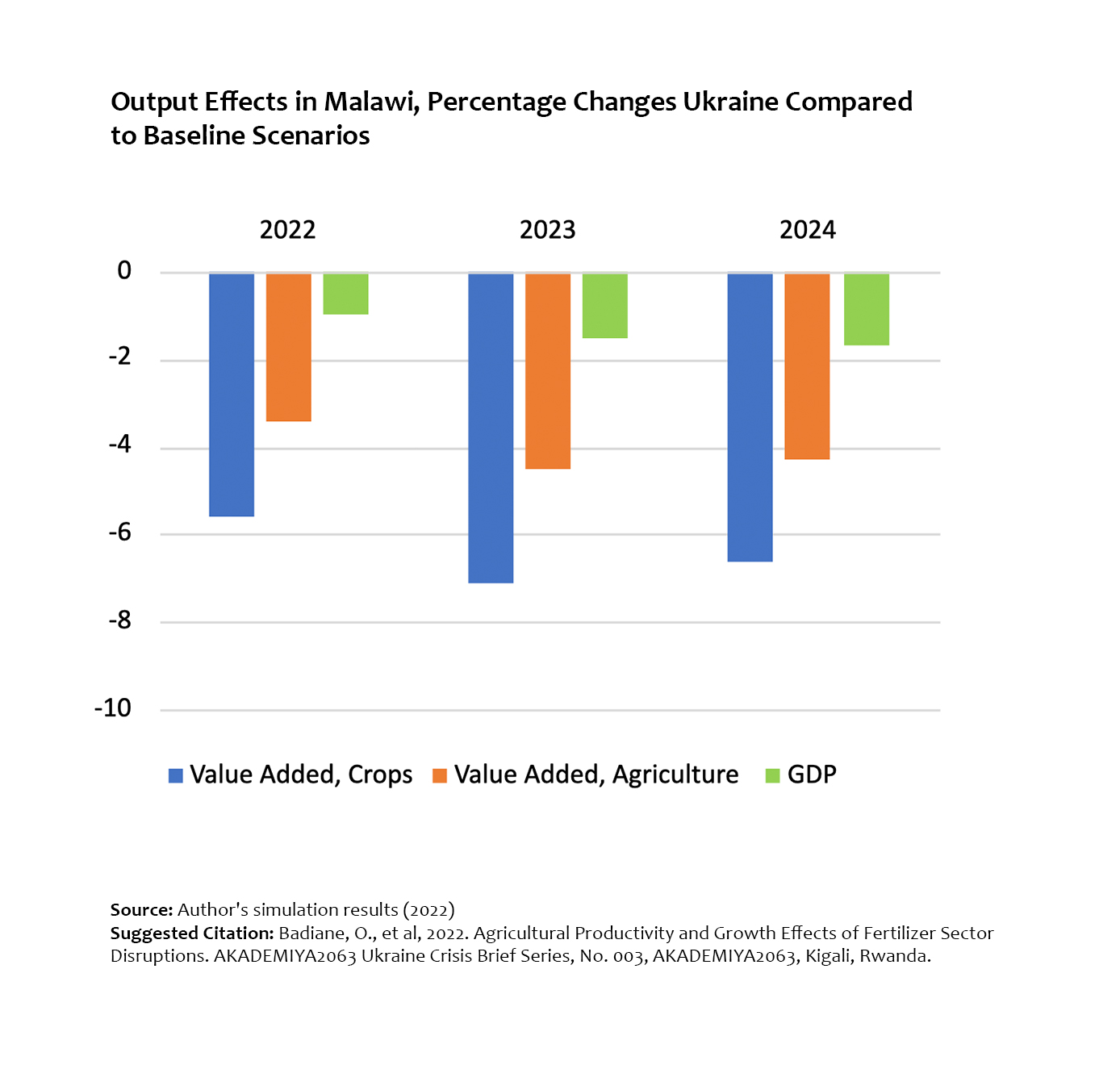
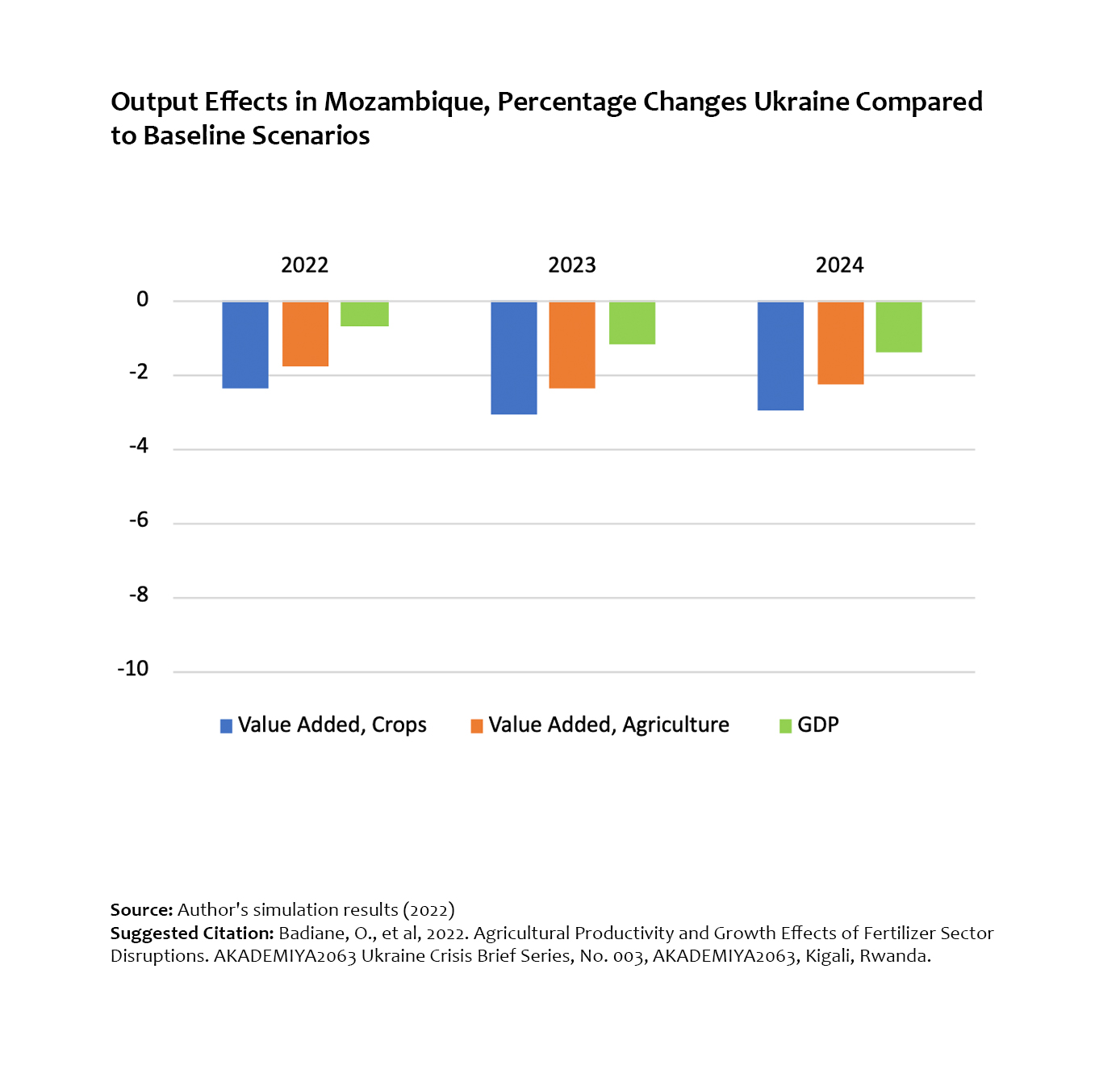
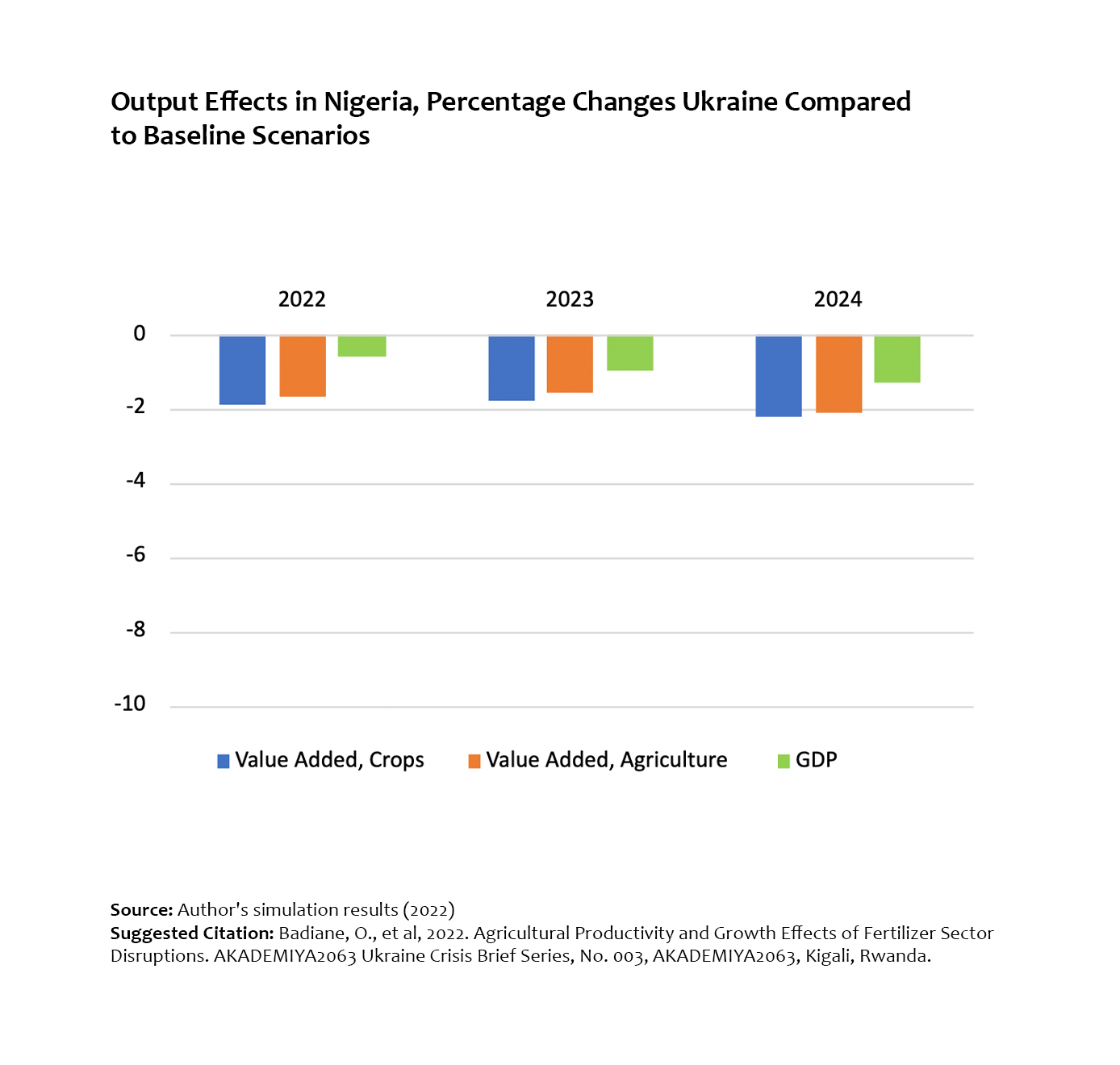
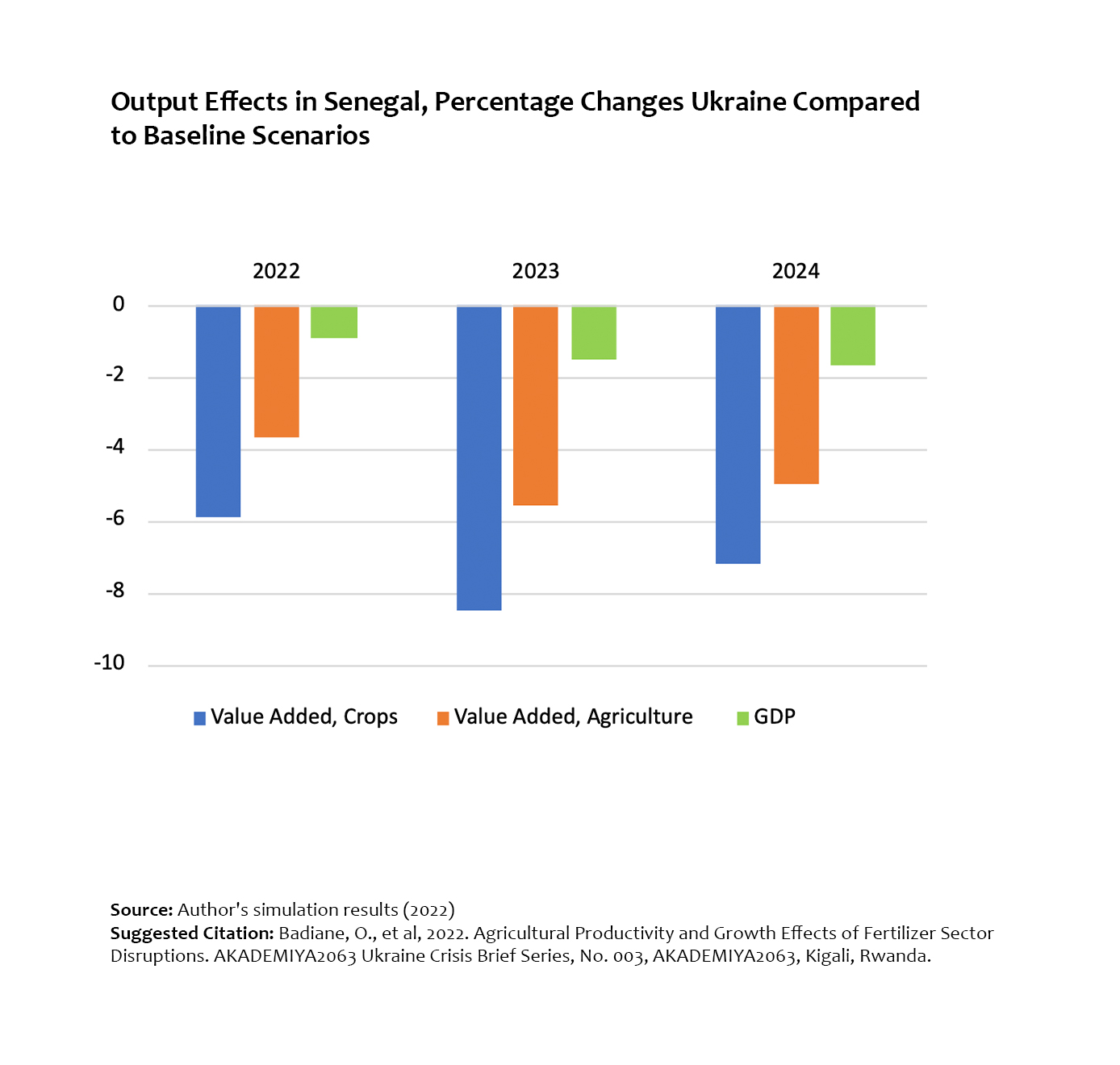
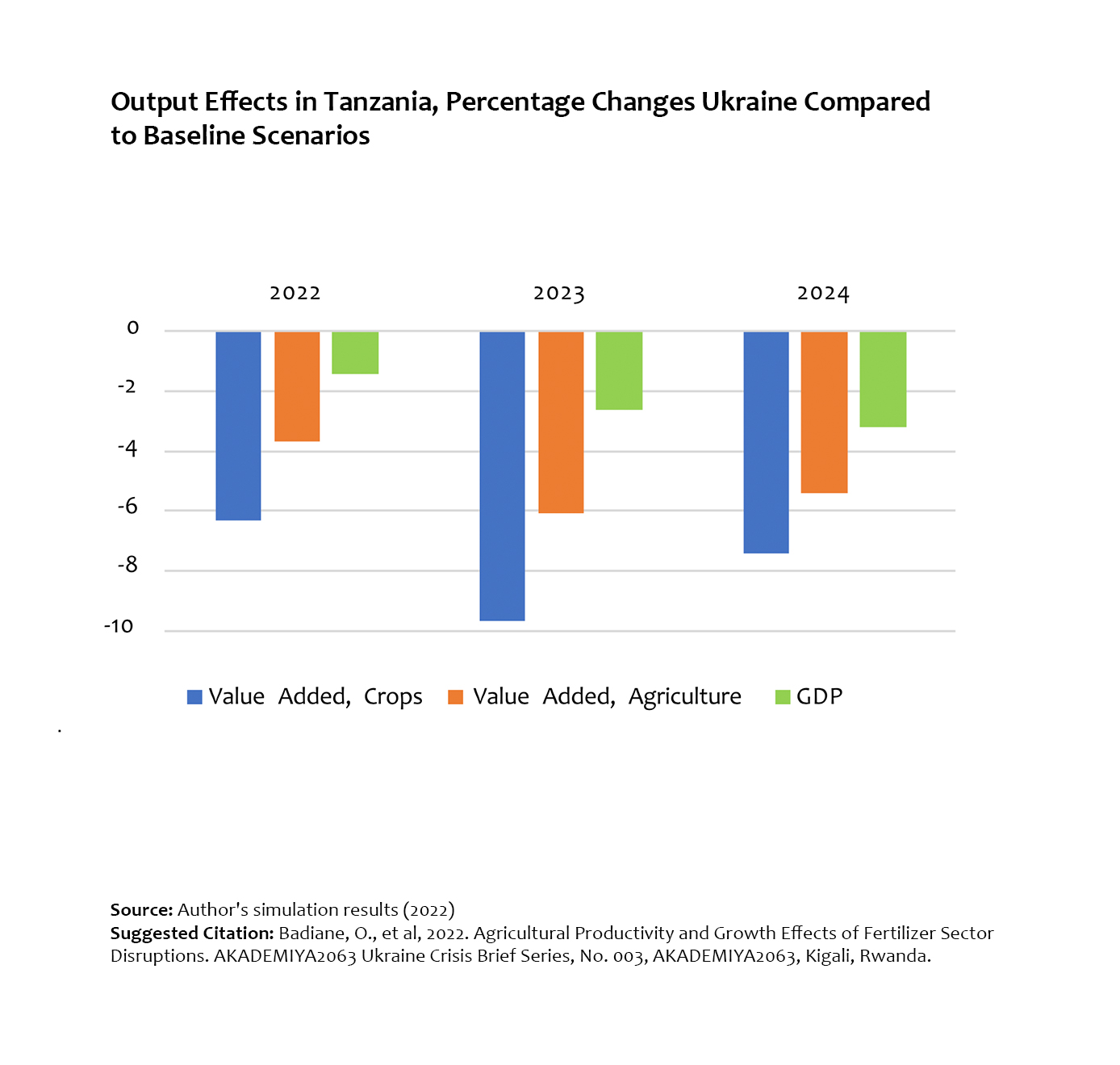
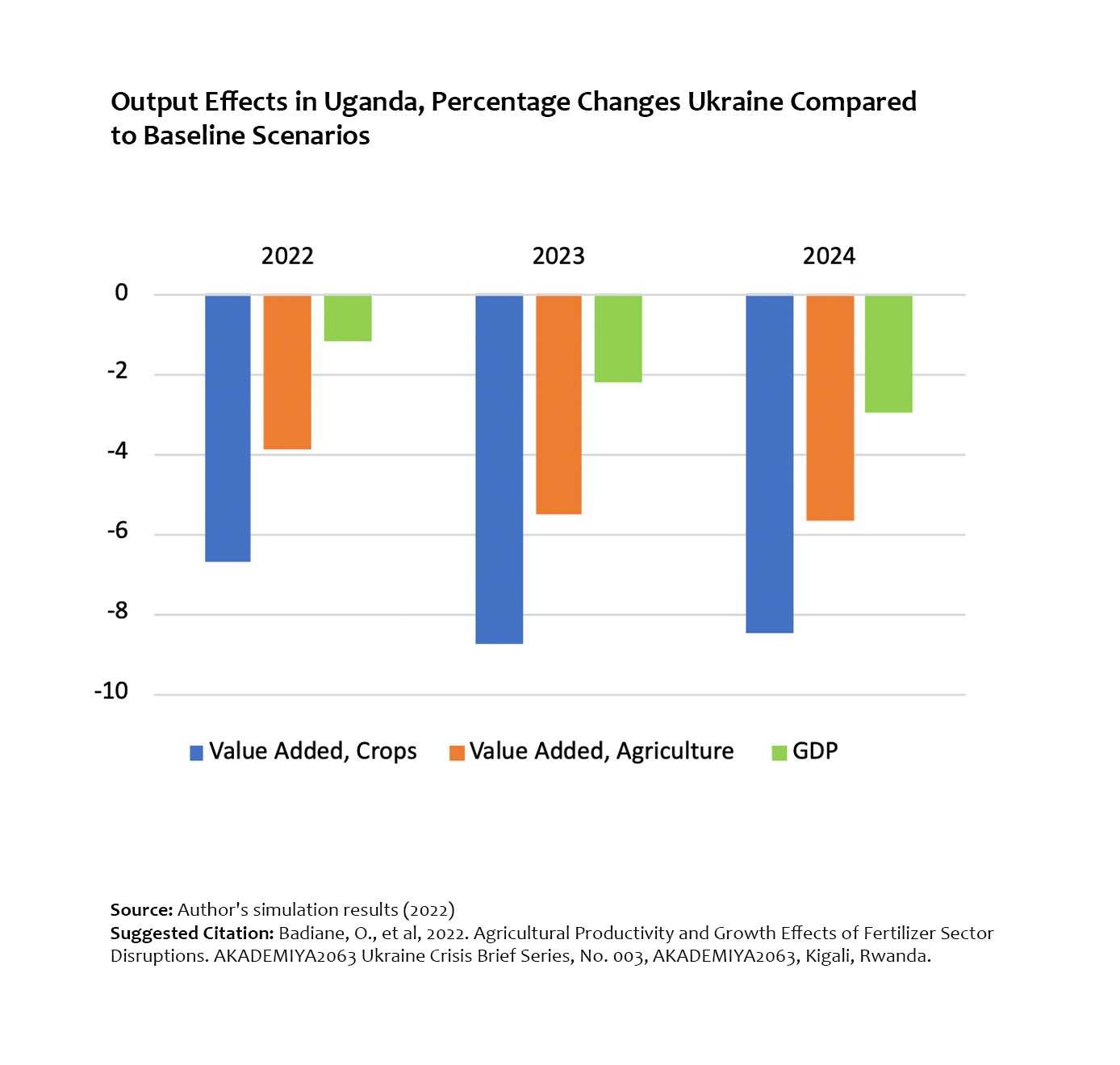
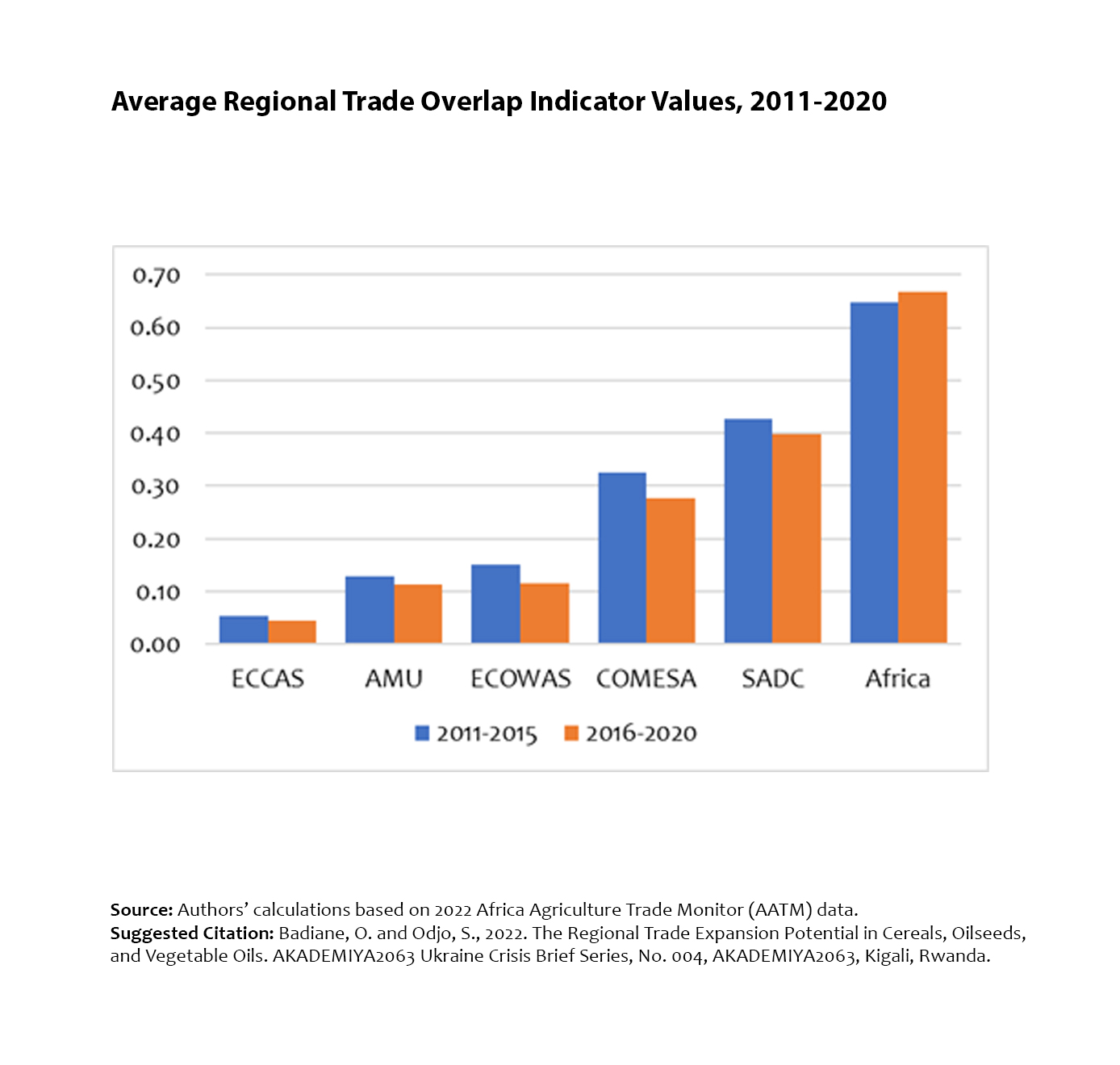
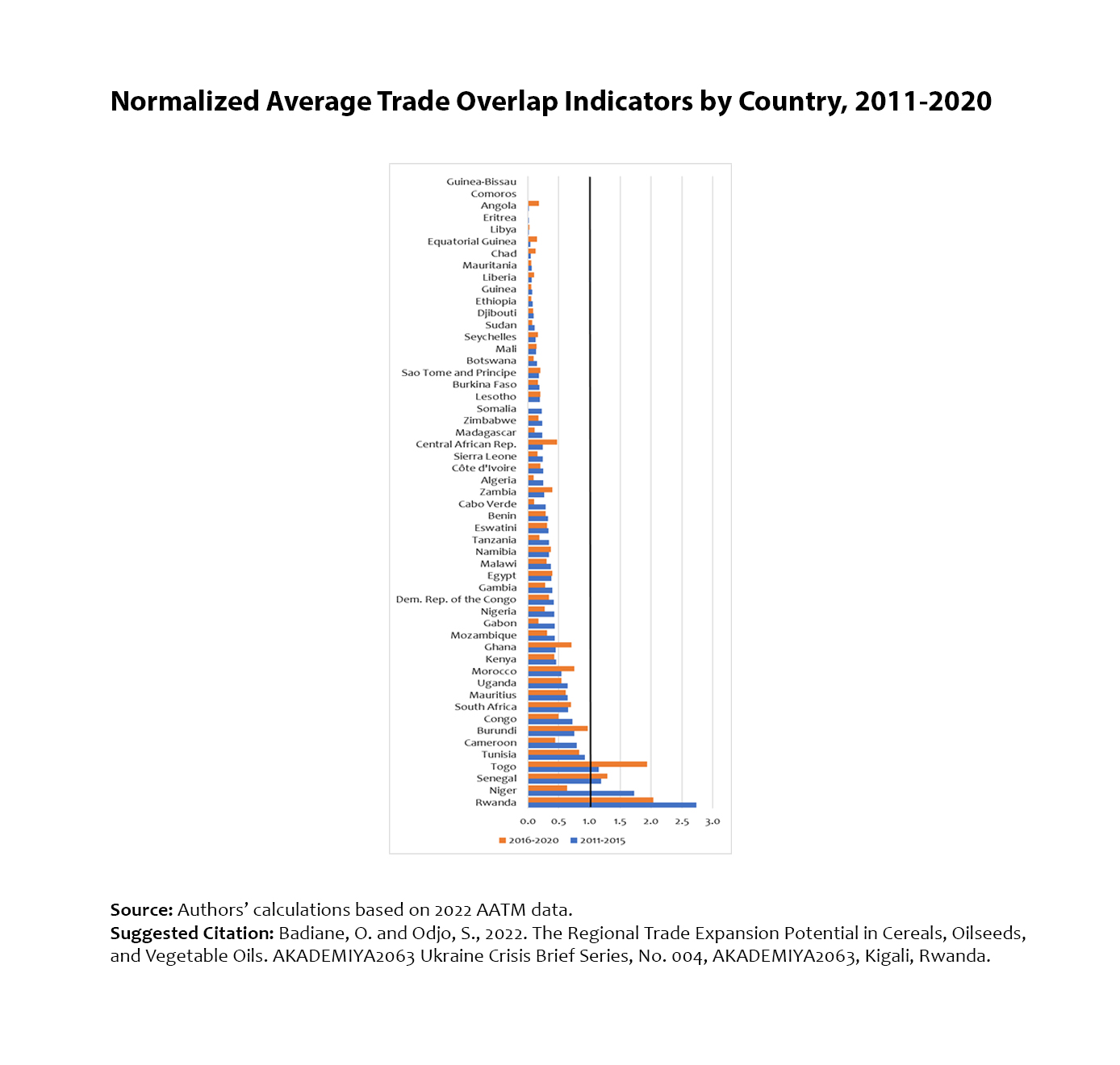
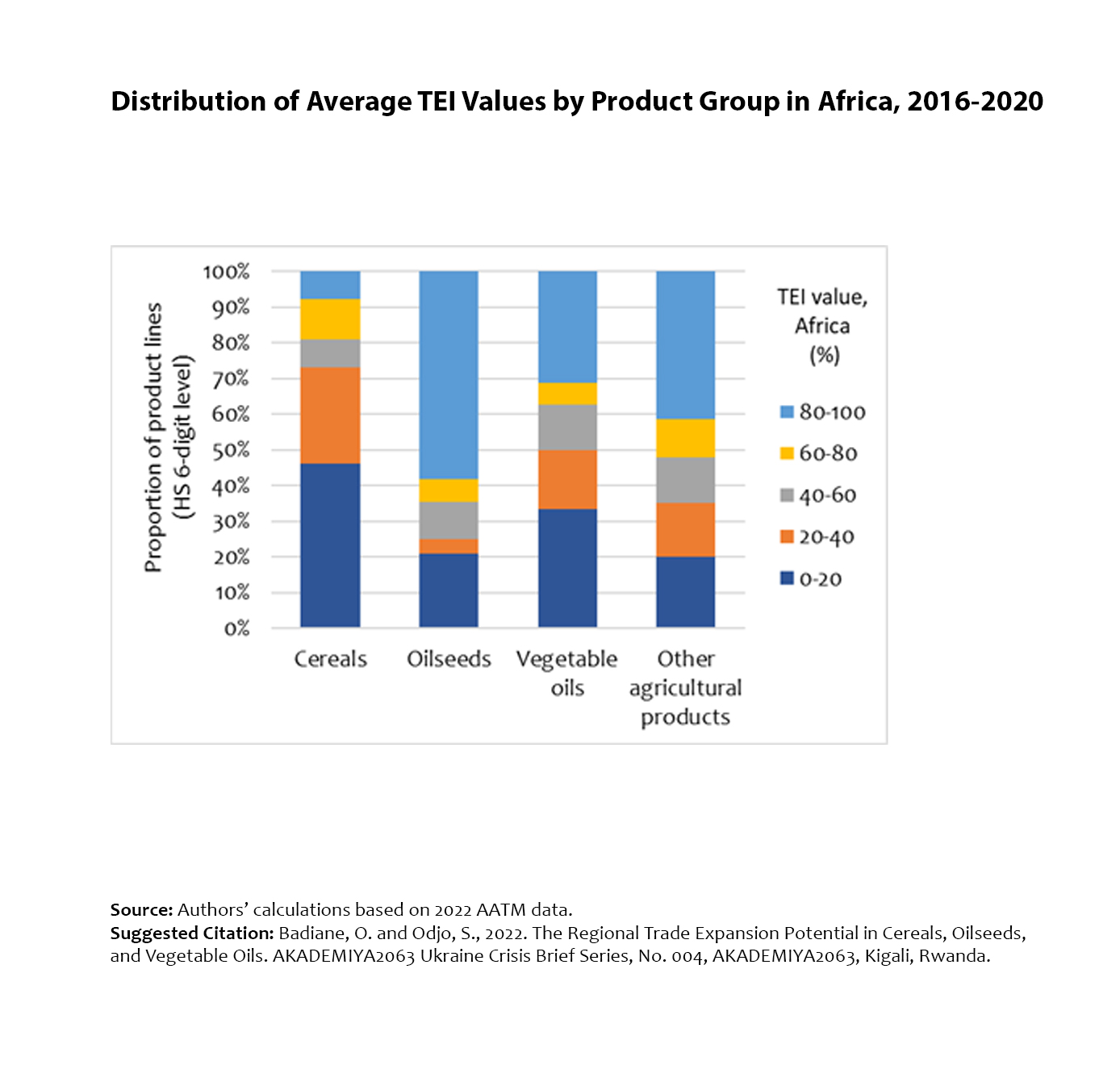
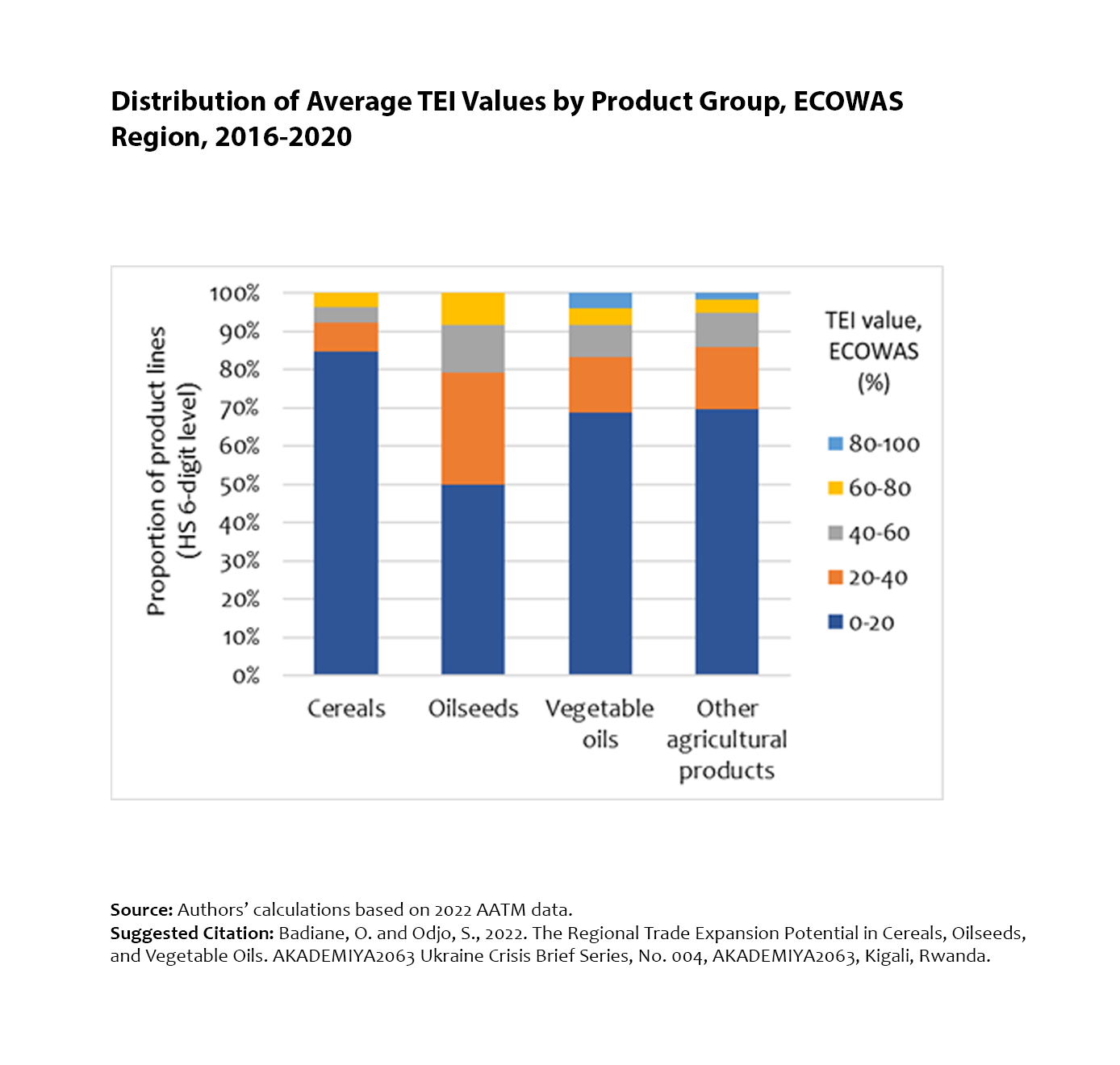
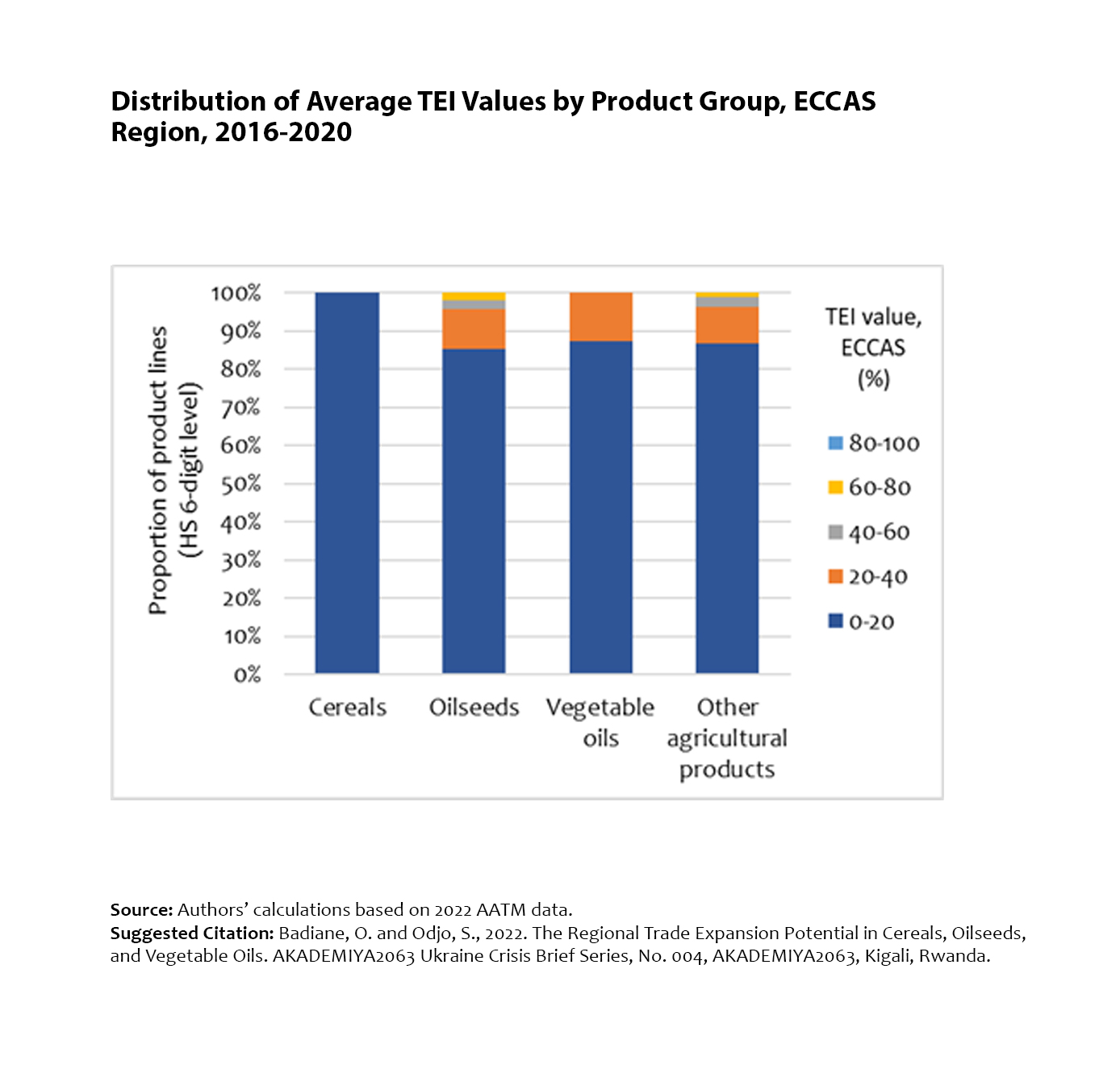
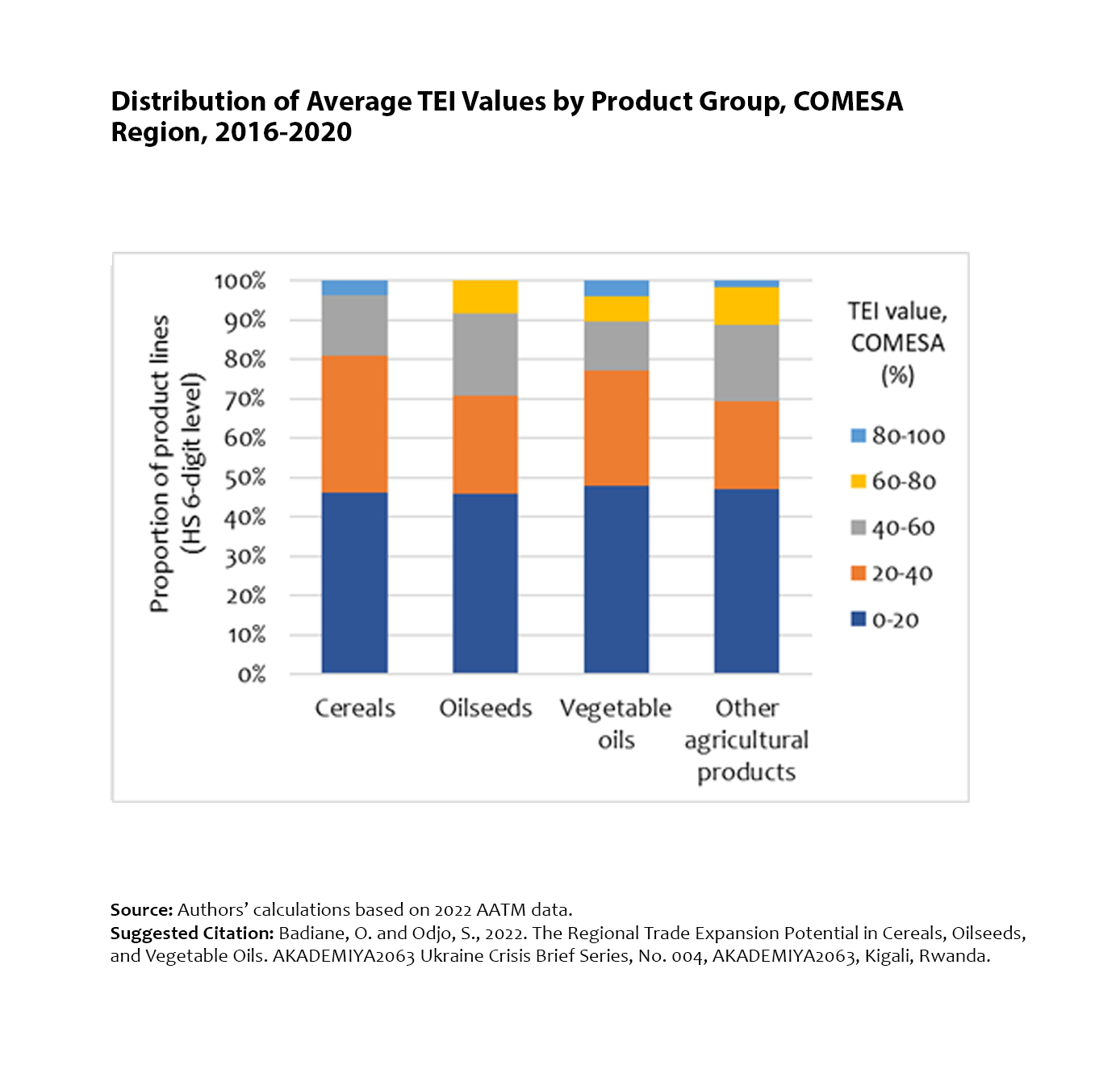
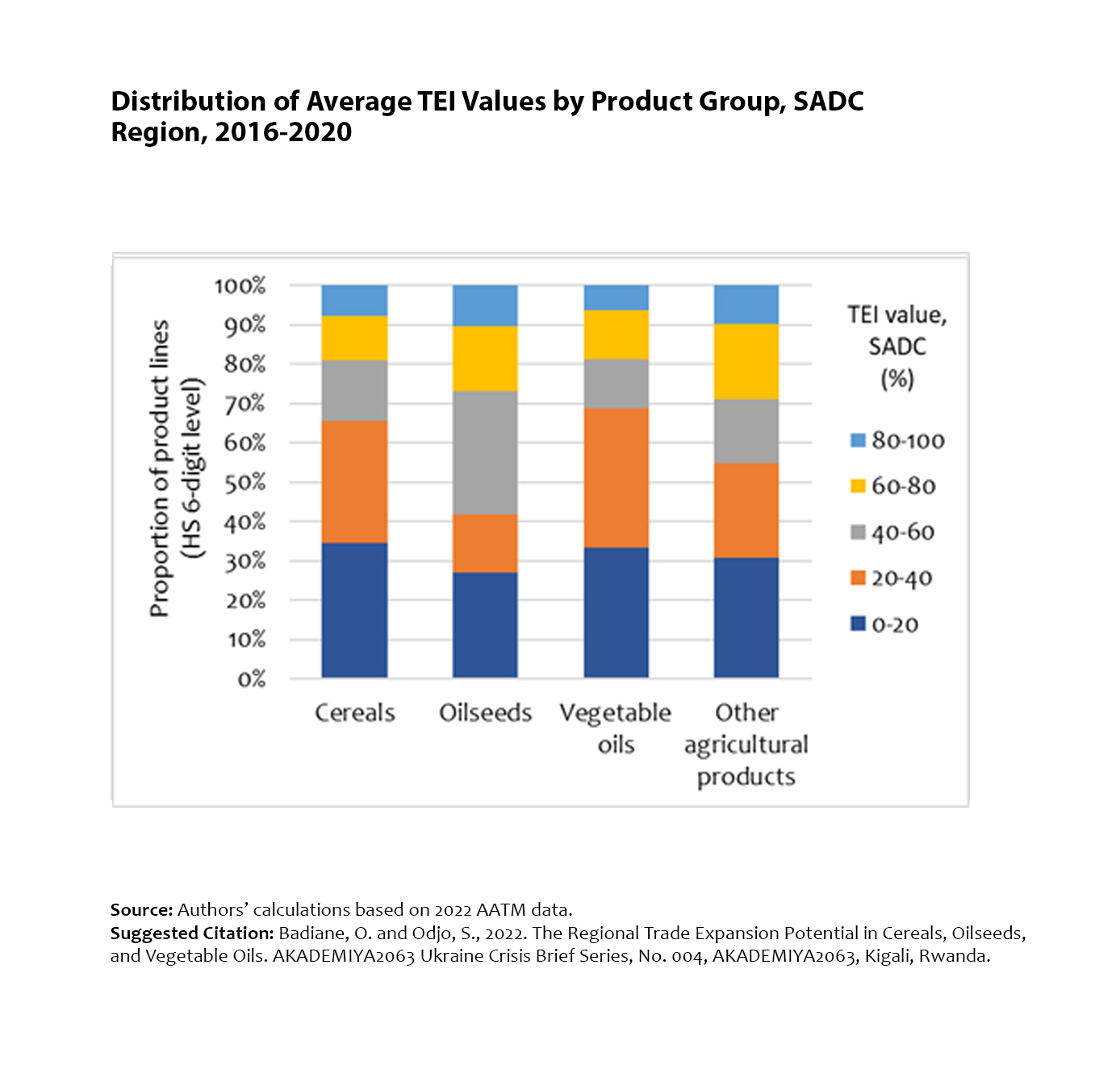
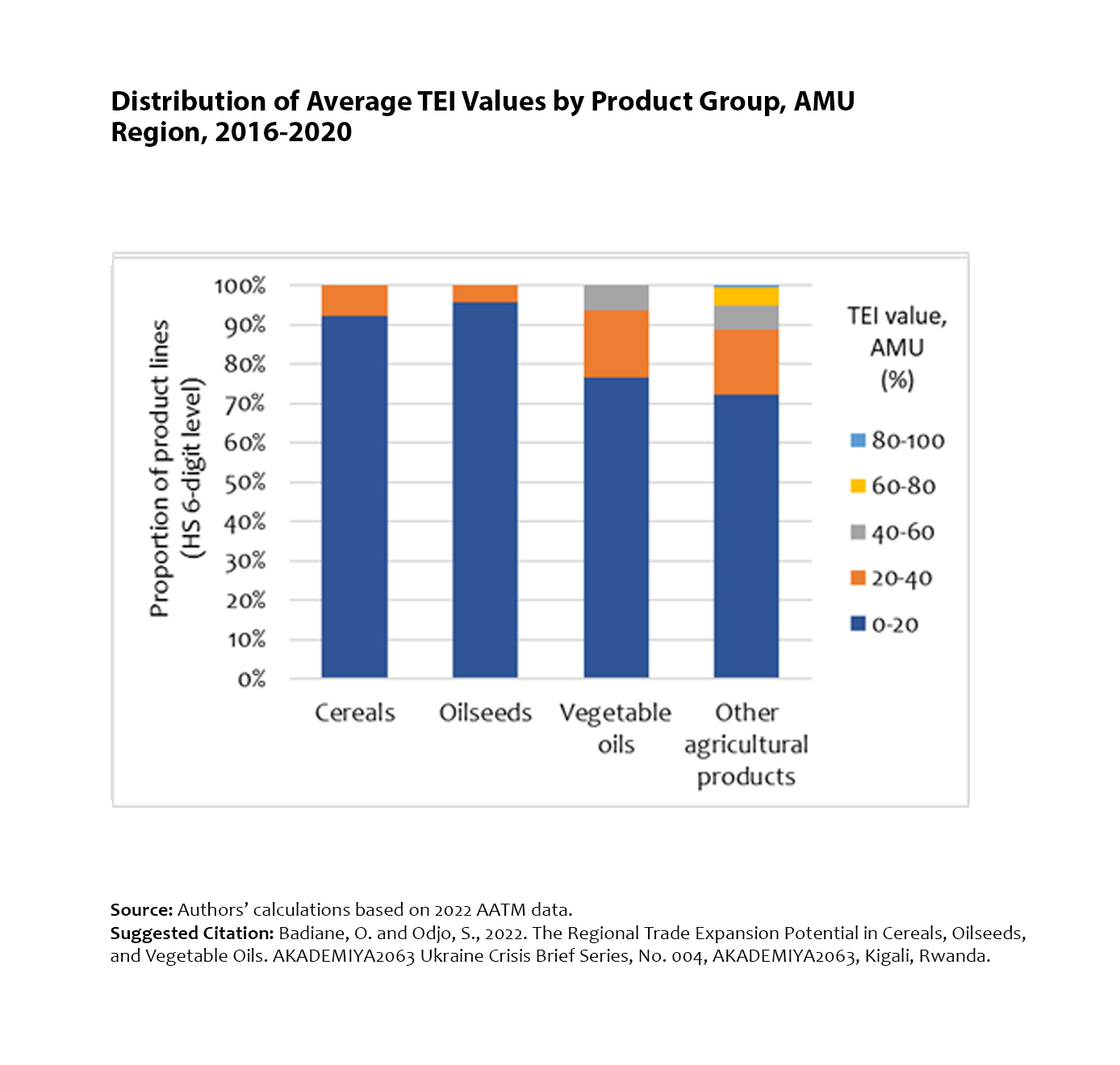
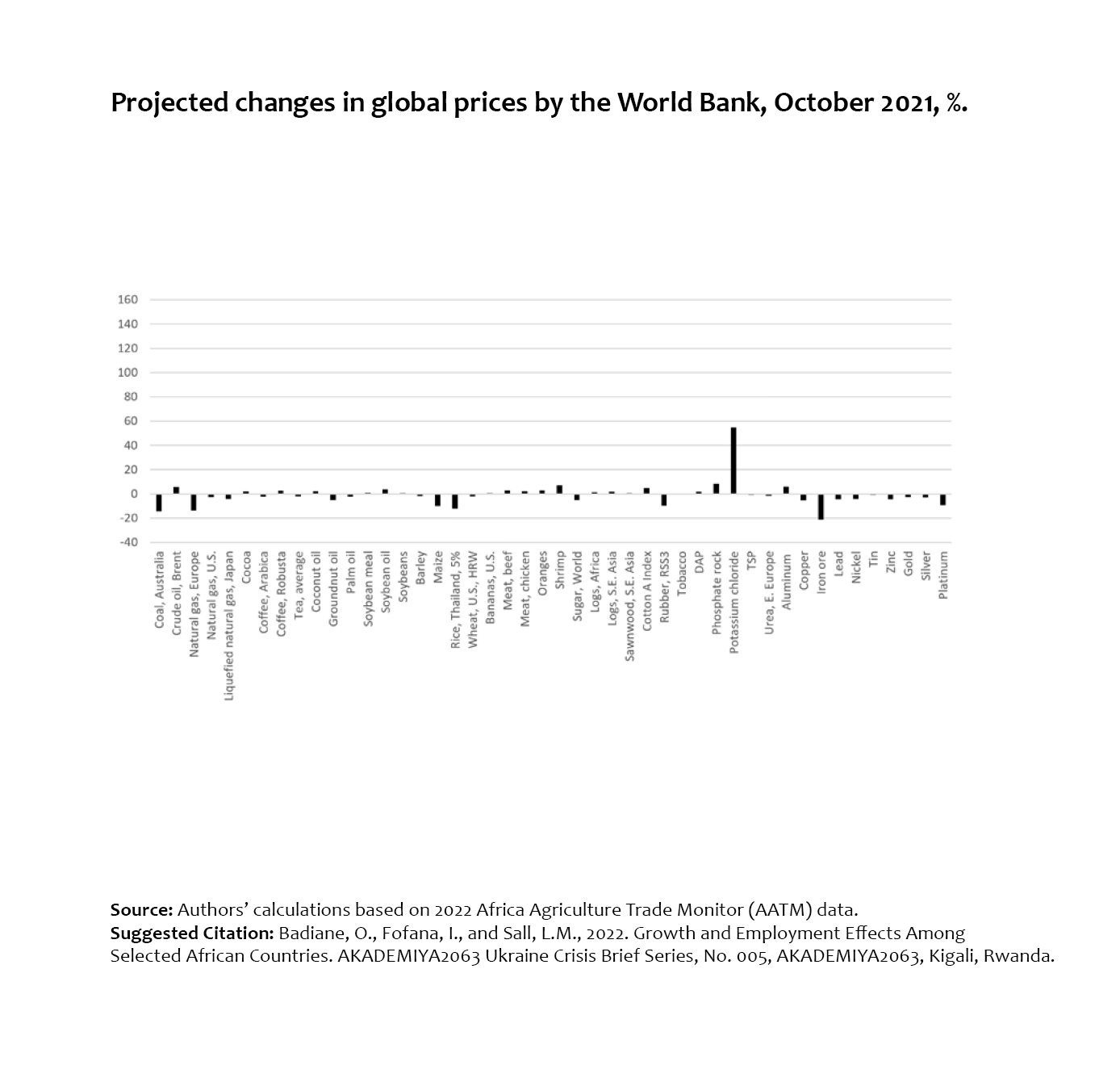
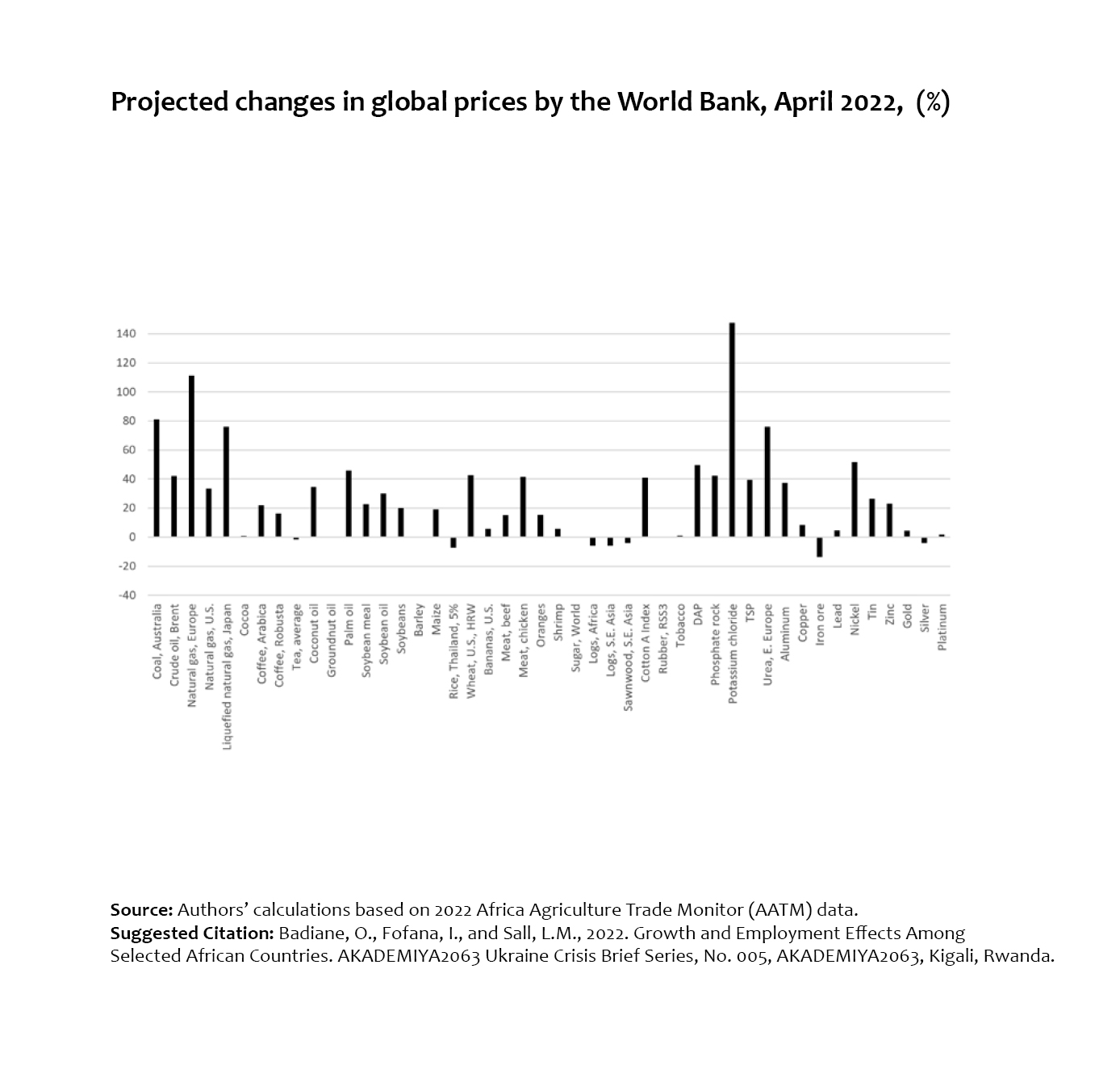
.jpg)
.jpg)
.jpg)
.jpg)
.jpg)
.jpg)
.jpg)
.jpg)
.jpg)
.jpg)
.jpg)
.jpg)
.jpg)
.jpg)
.jpg)
.jpg)
.jpg)
.jpg)
.jpg)
.jpg)
 - Kenya.jpg)
 - Kenya.jpg)
 - Malawi.jpg)
 - Malawi.jpg)
 - Senegal.jpg)
 - Senegal.jpg)
 - Tanzania.jpg)
 - Uganda.jpg)
 - Uganda.jpg)
 - Benin.jpg)
 - Benin.jpg)
 - Ghana.jpg)
 - Mozambique.jpg)
 - Mozambique.jpg)
 - Nigeria.jpg)
 - Nigeria.jpg)
 - South Africa.jpg)
 - South Africa.jpg)

.jpg)
.jpg)
.jpg)
.jpg)
.jpg)
.jpg)
.jpg)
.jpg)
.jpg)
.jpg)
.jpg)
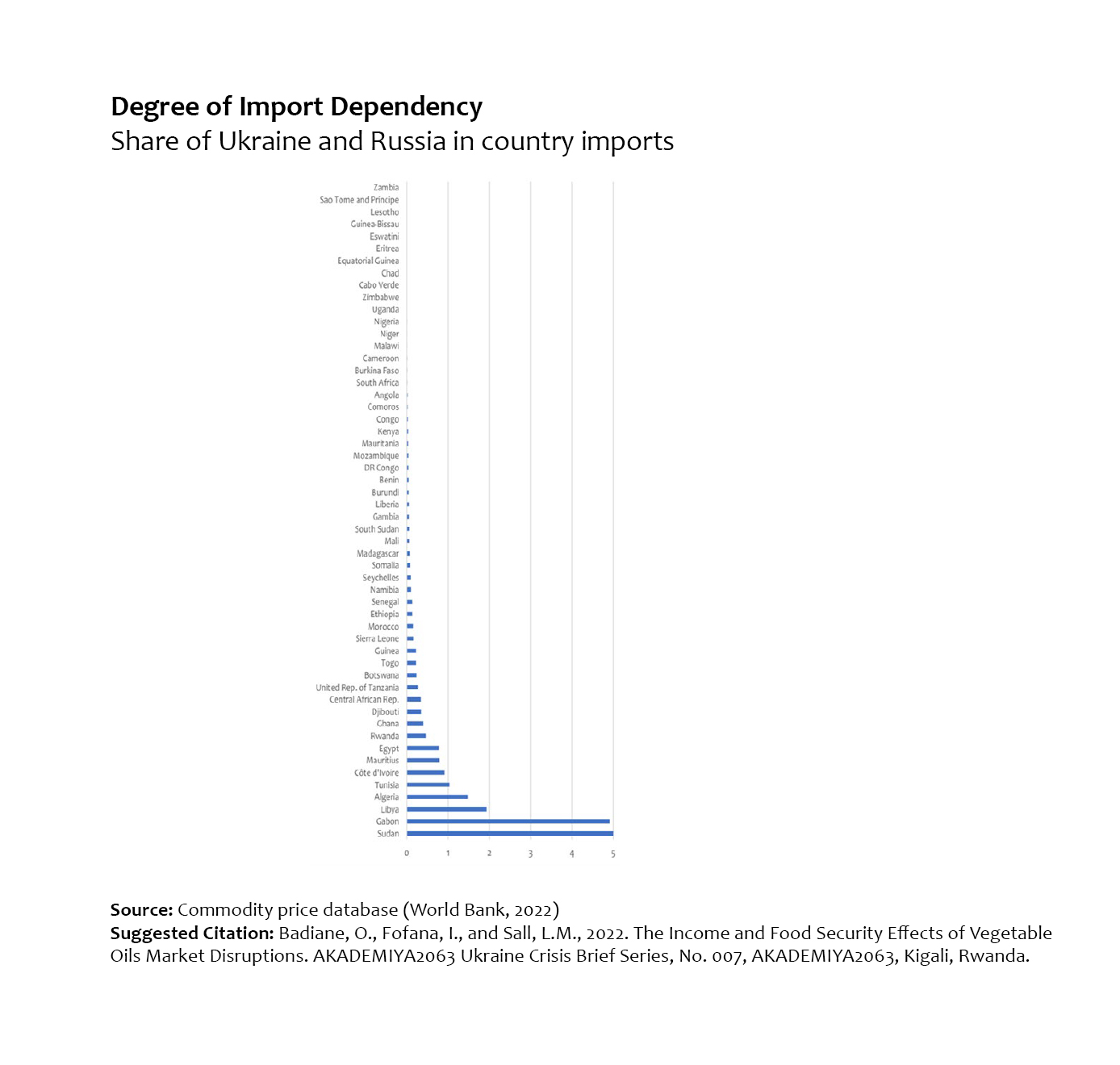
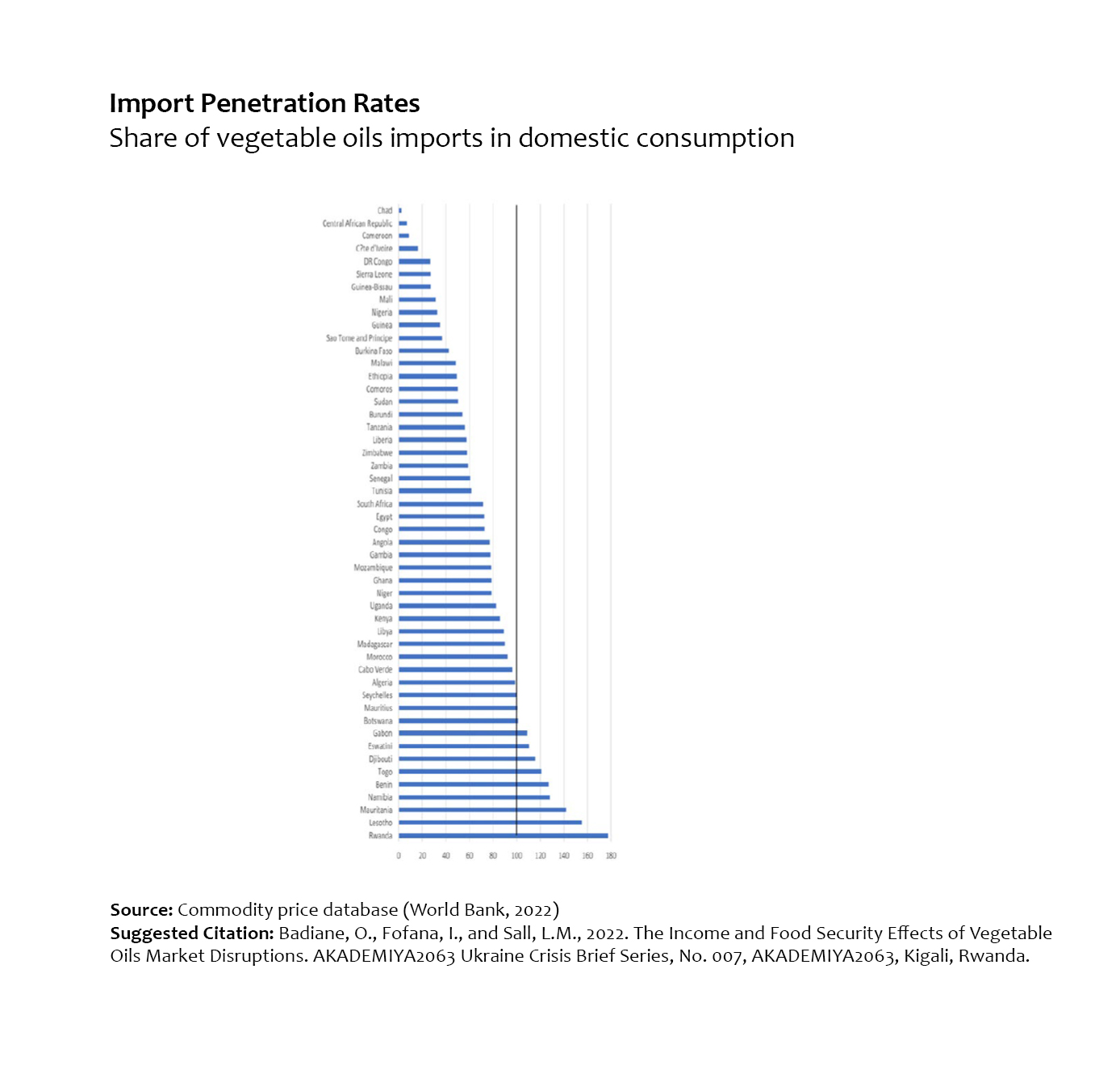
 - Rural Farm Households (Ghana).jpg)
 - Rural Non-farm Households (Ghana).jpg)
 - Urban Households (Ghana).jpg)
 - Rural Farm Households (Malawi).jpg)
 - Rural Non-farm Households (Malawi).jpg)
 - Urban Households (Malawi).jpg)
 - Rural Farm Households (Mozambique).jpg)
 - Rural Non-farm Households (Mozambique).jpg)
 - Urban Households (Mozambique).jpg)
 - Rural Farm Households (Uganda).jpg)
 - Rural Non-farm Households (Uganda).jpg)
 - Urban Households (Uganda).jpg)
 - Rural Farm Households (Ghana).jpg)
 - Rural Non-farm Households (Ghana).jpg)
 - Urban Households (Ghana).jpg)
 - Rural Farm Households (Malawi).jpg)
 - Rural Non-farm Households (Malawi).jpg)
 - Urban Households (Malawi).jpg)
 - Rural Farm Households (Mozambique).jpg)
 - Rural Non-farm Households (Mozambique).jpg)
 - Urban Households (Mozambique).jpg)
 - Rural Farm Households (Uganda).jpg)
 - Rural Non-farm Households (Uganda).jpg)
 - Urban Households (Uganda).jpg)
 - Rural Farm Households (Ghana).jpg)
 - Rural Non-farm Households (Ghana).jpg)
 - Urban Households (Ghana).jpg)
 - Rural Farm Households (Malawi).jpg)
 - Rural Non-farm Households (Malawi).jpg)
 - Urban Households (Malawi).jpg)
 - Rural Farm Households (Mozambique).jpg)
 - Rural Non-farm Households (Mozambique).jpg)
 - Urban Households (Mozambique).jpg)
 - Rural Farm Households (Uganda).jpg)
 - Rural Non-farm Households (Uganda).jpg)
.jpg)
.jpg)
 of Cultivated Land in 2018.jpg)
.jpg)
.jpg)
.jpg)
.jpg)
.jpg)
.jpg)
.jpg)
.jpg)
.jpg)
.jpg)
.jpg)
.jpg)
.jpg)
.jpg)
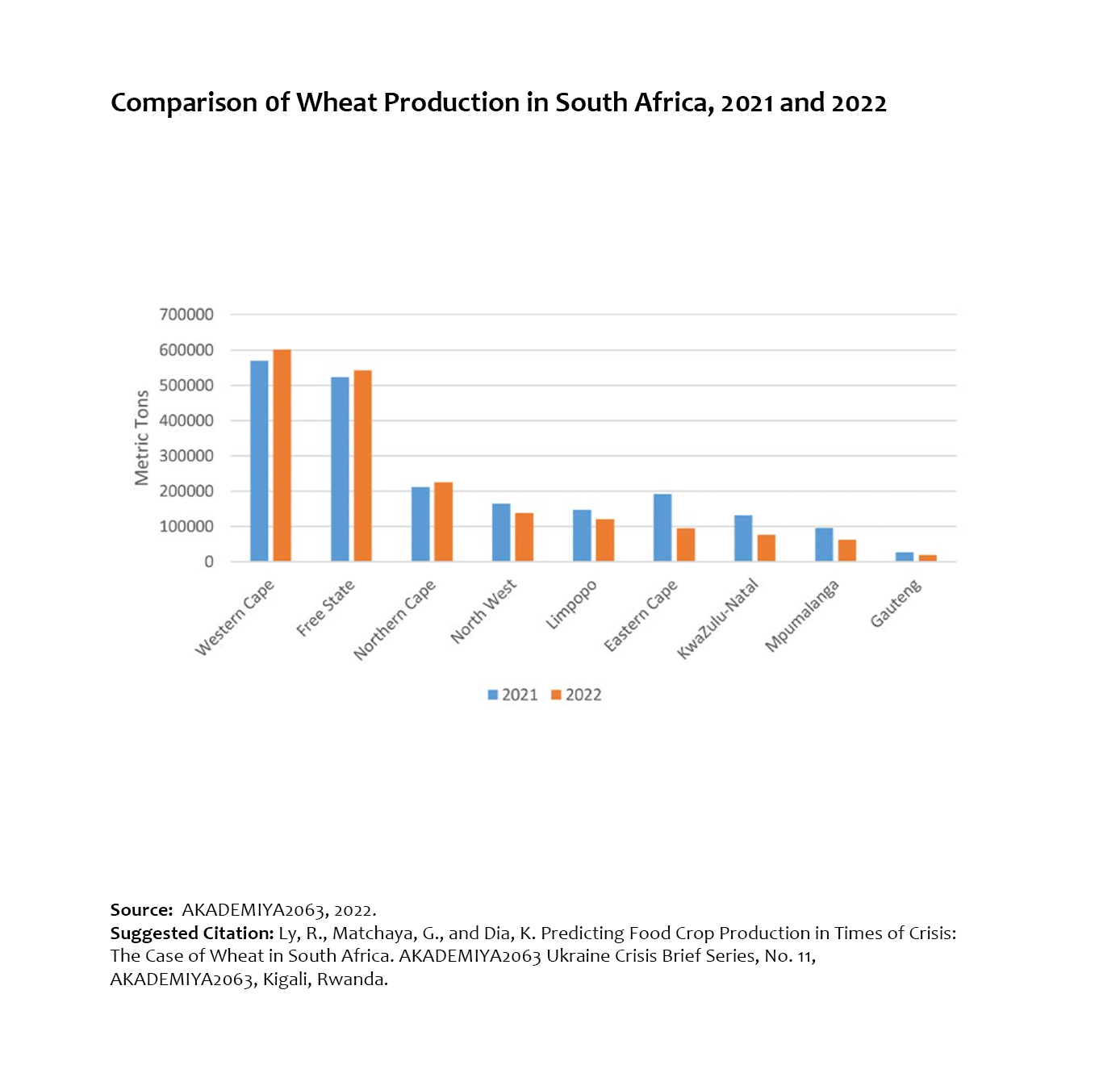
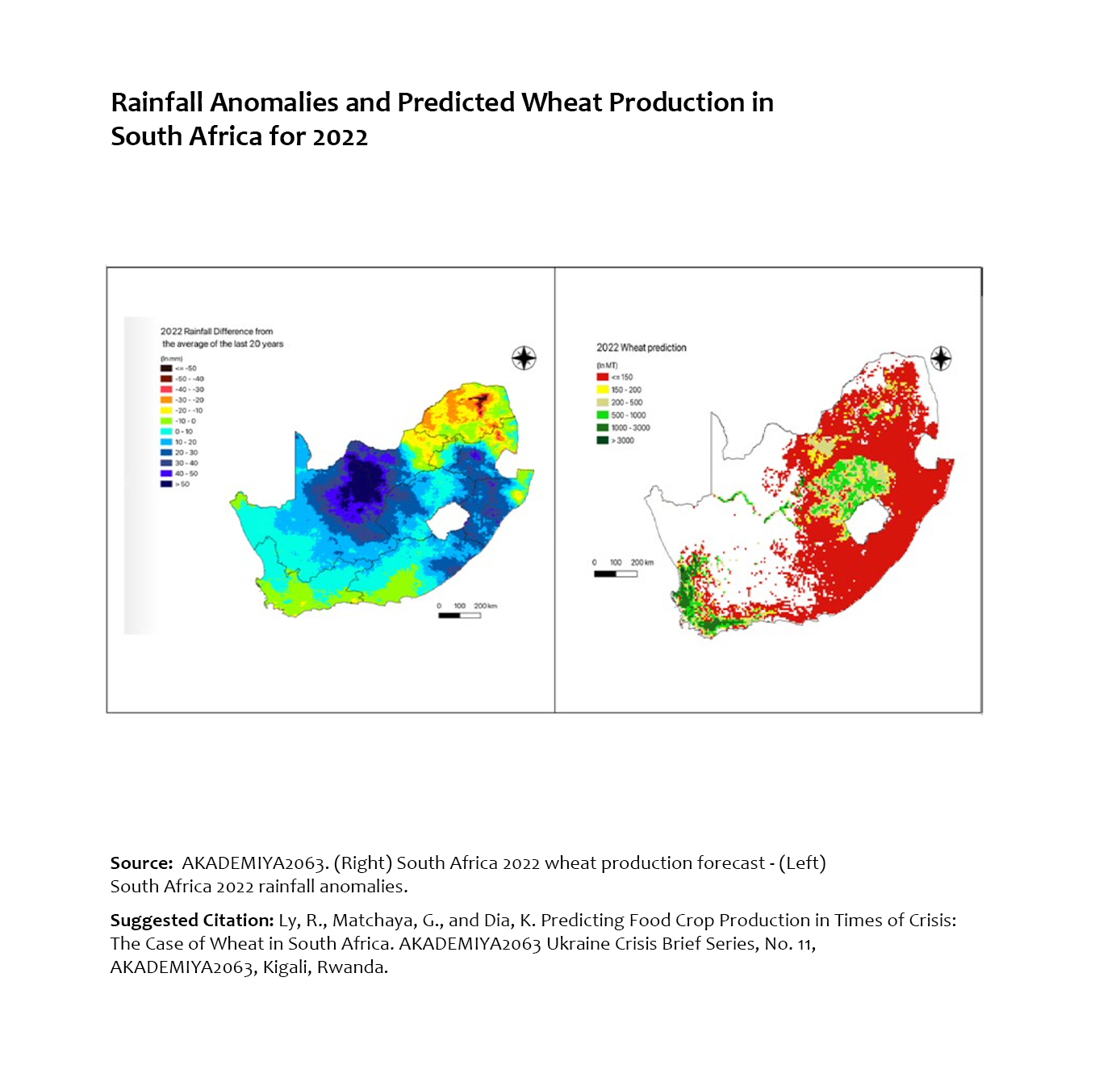
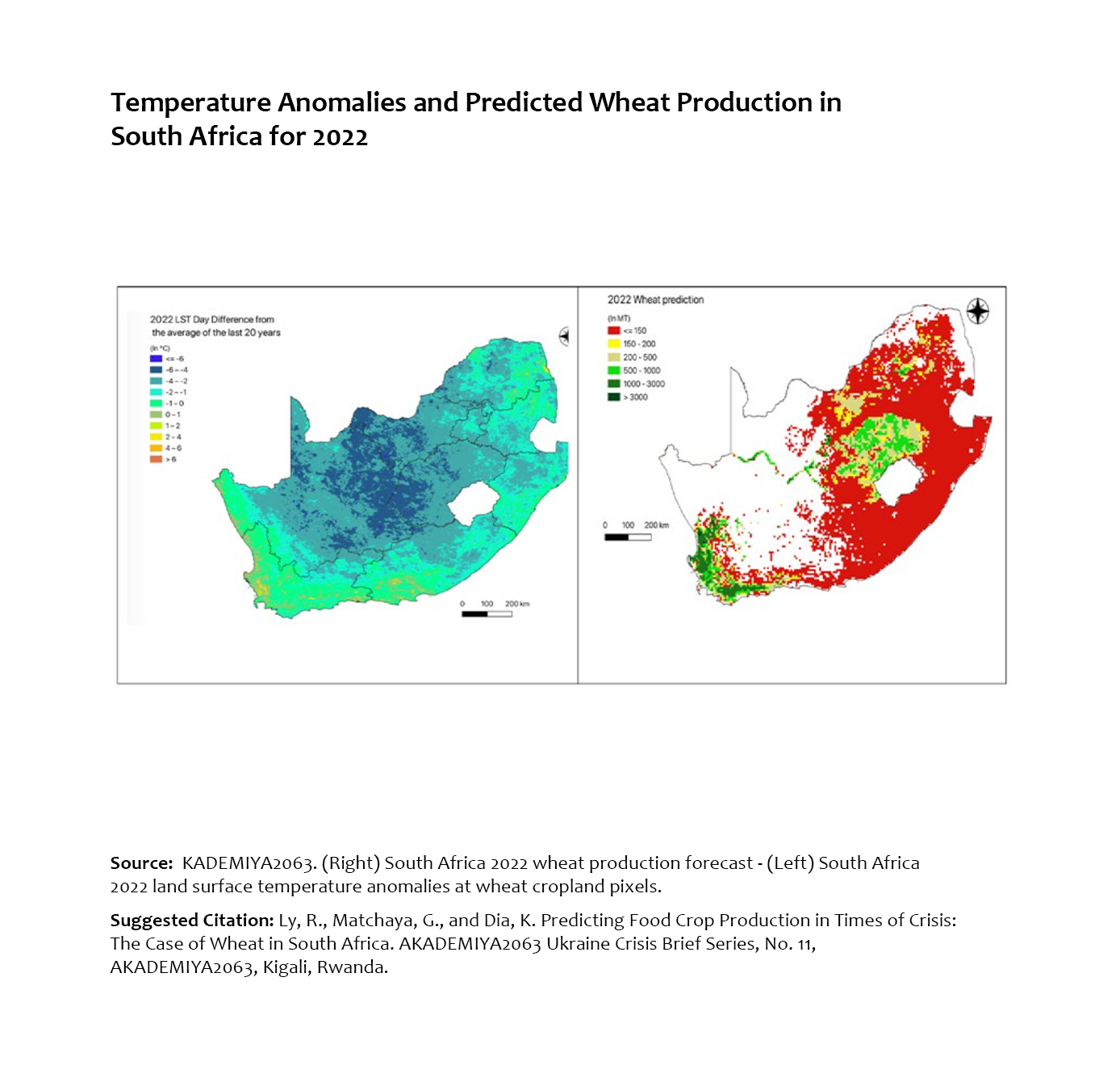
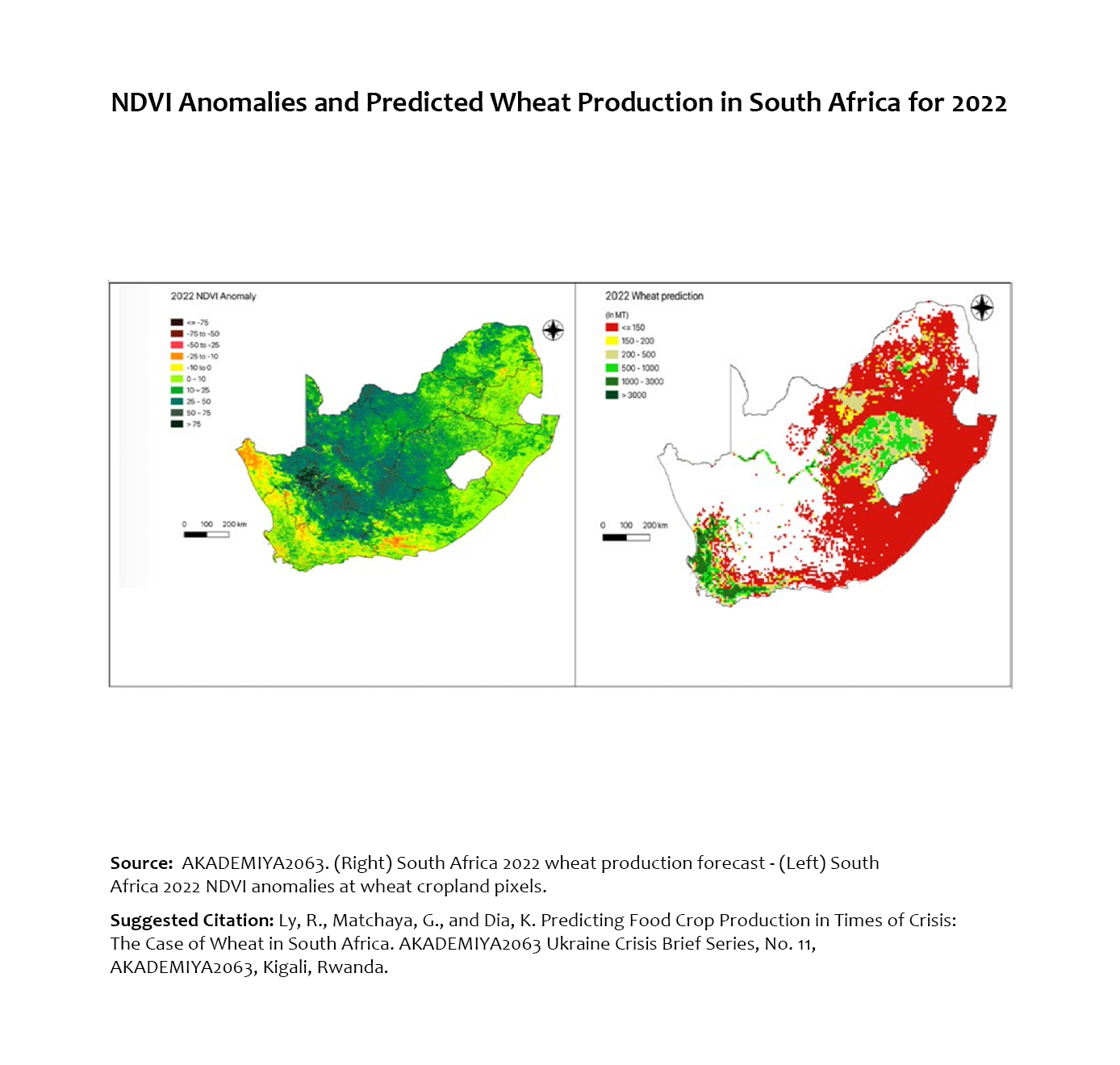
.jpg)
.jpg)
.jpg)
.jpg)
.jpg)
.jpg)
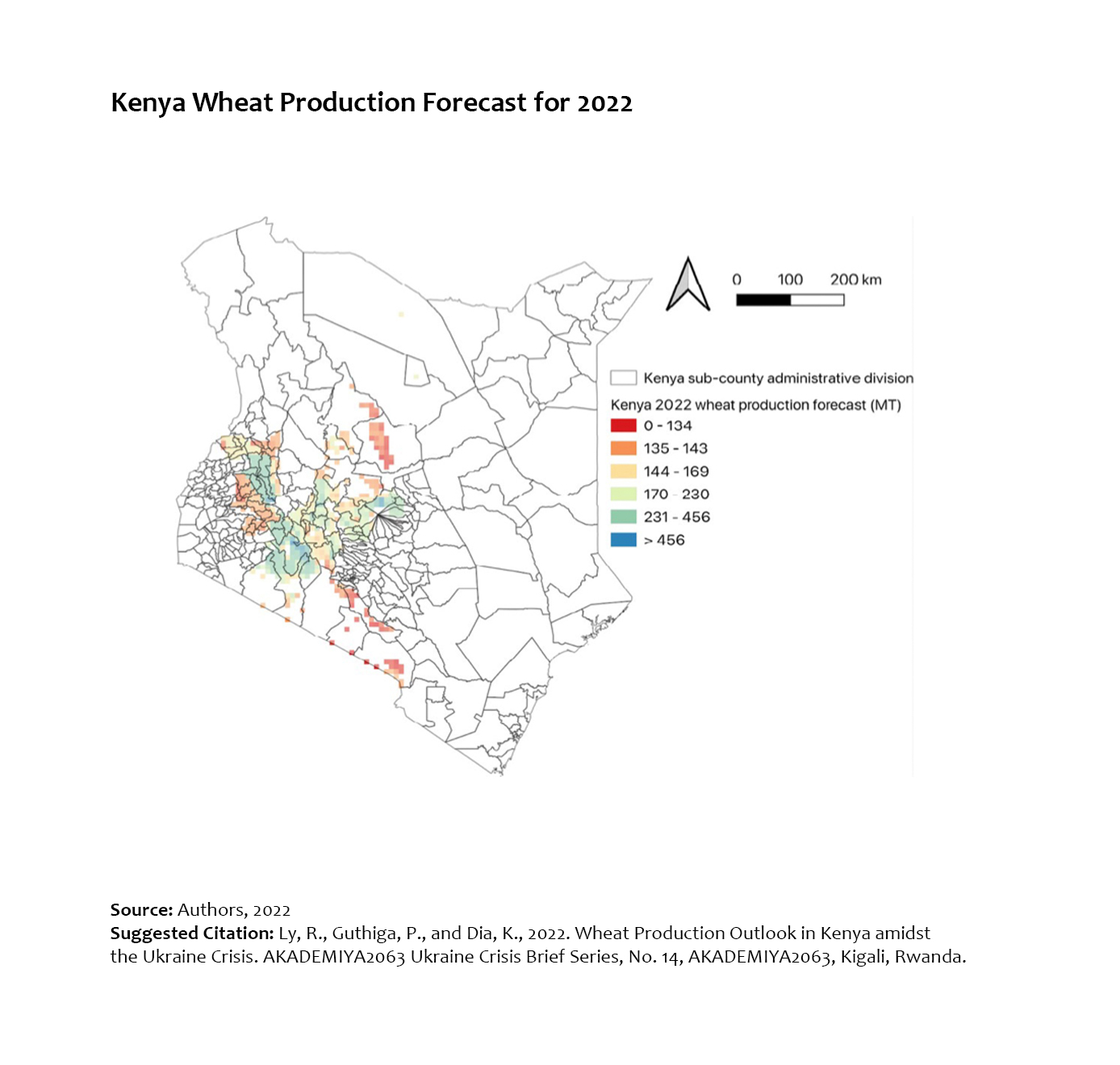
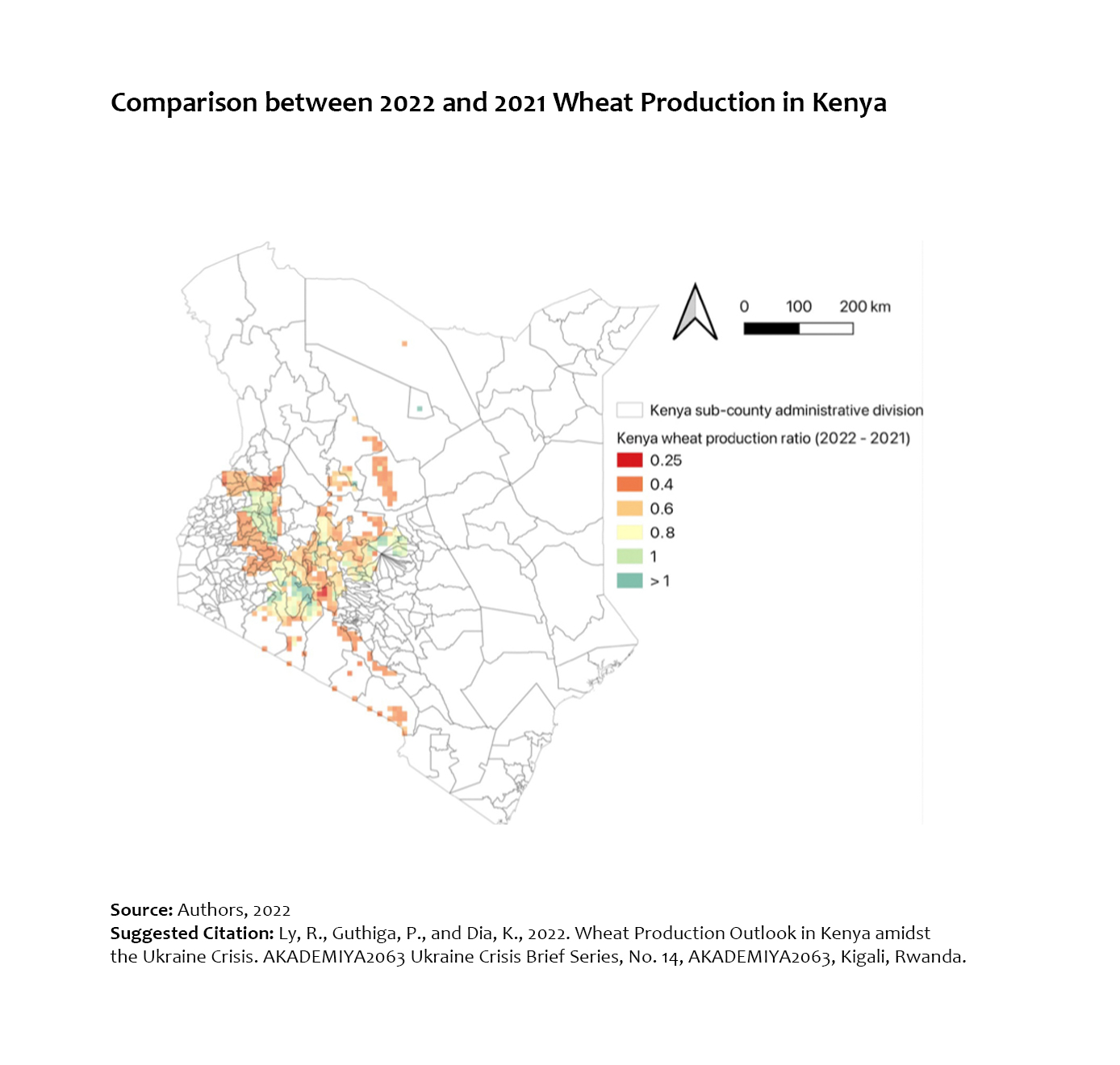
 - Kenya 2022 Land Surface Temperature Anomalies (right).jpg)
 - Kenya 2022 Rainfall Anomalies (right).jpg)
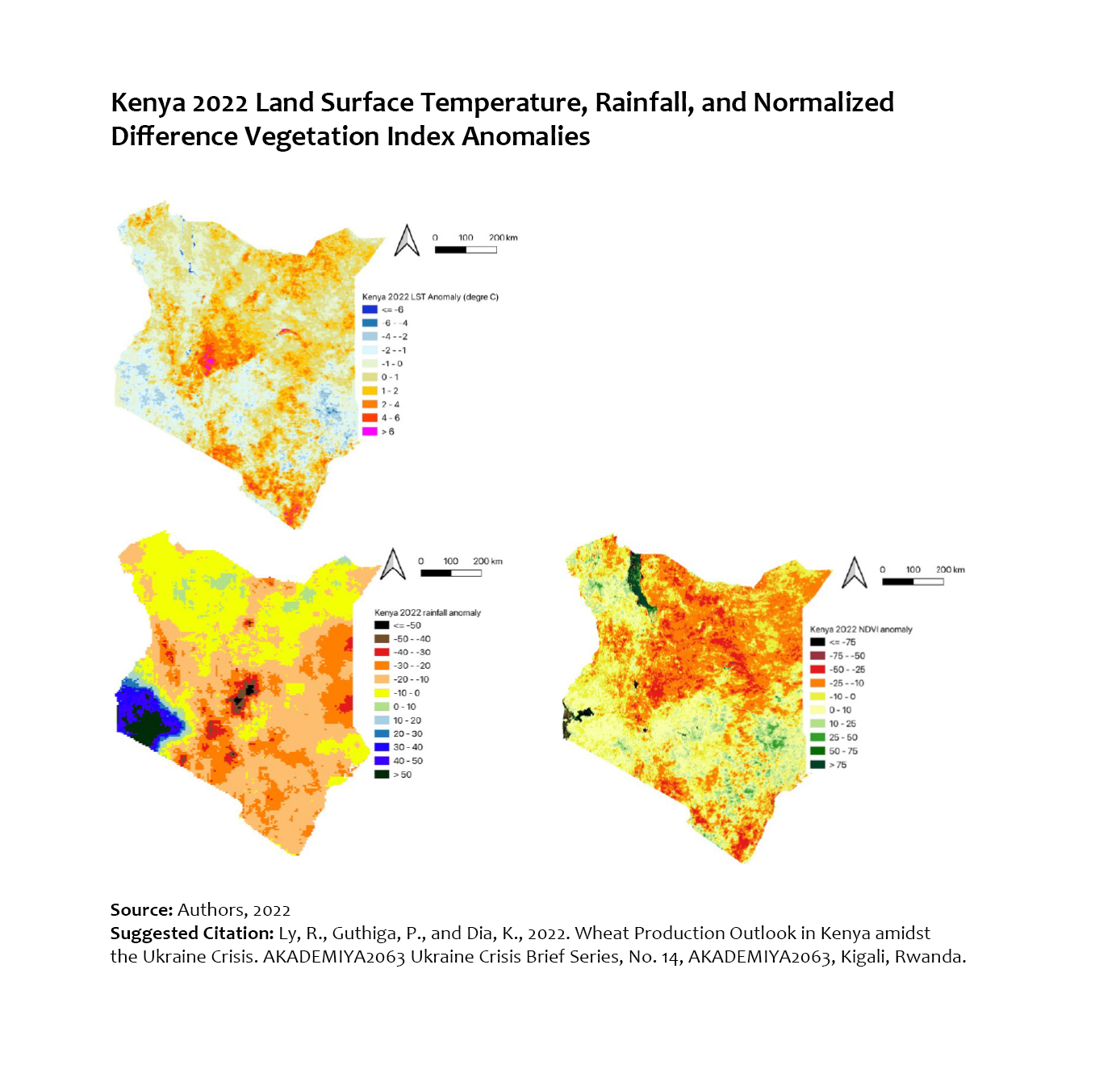
.jpg)
.jpg)
.jpg)
.jpg)
.jpg)
.jpg)
.jpg)
.jpg)
.jpg)
.jpg)
.jpg)
.jpg)
.jpg)
.jpg)
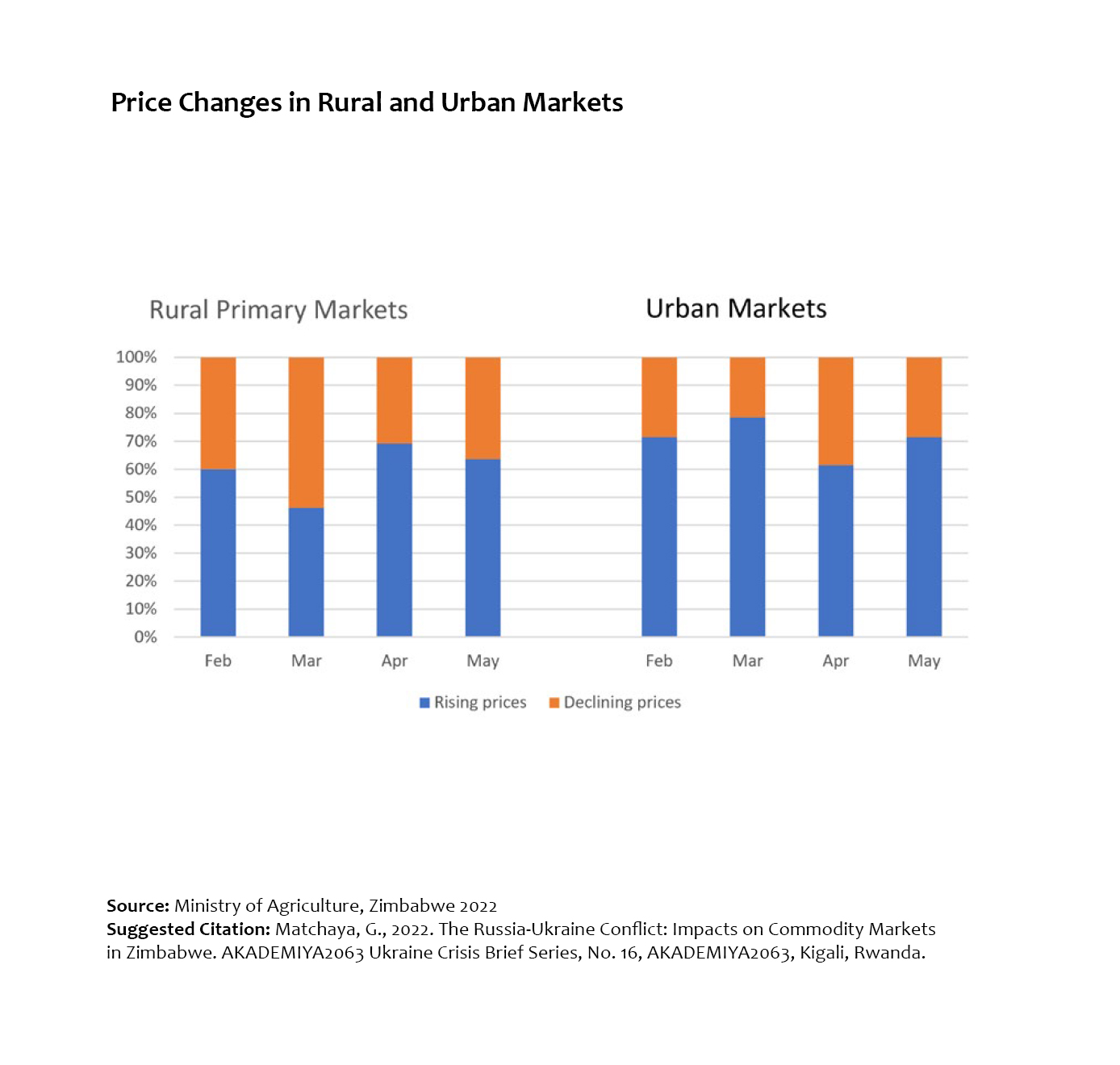
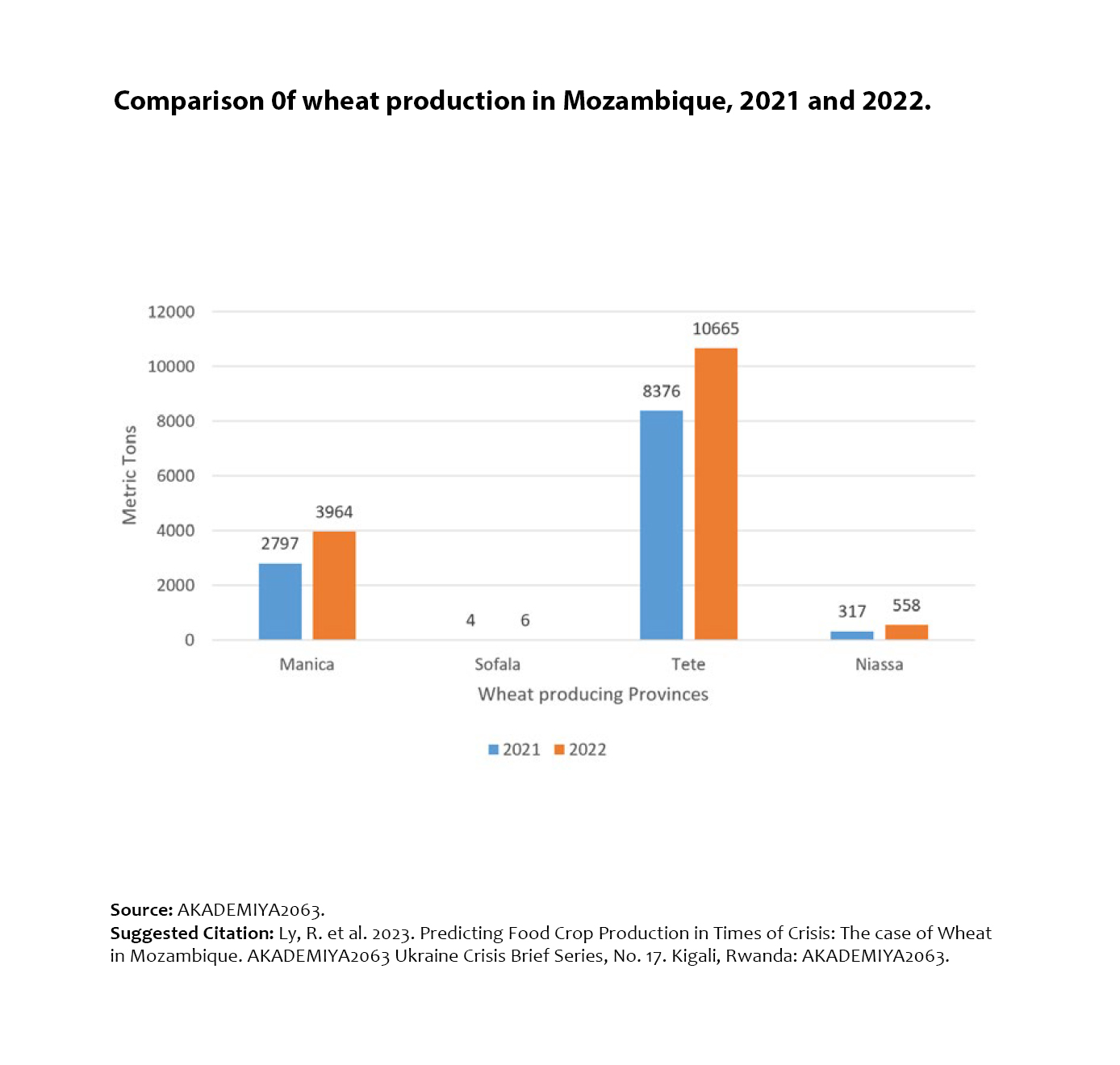
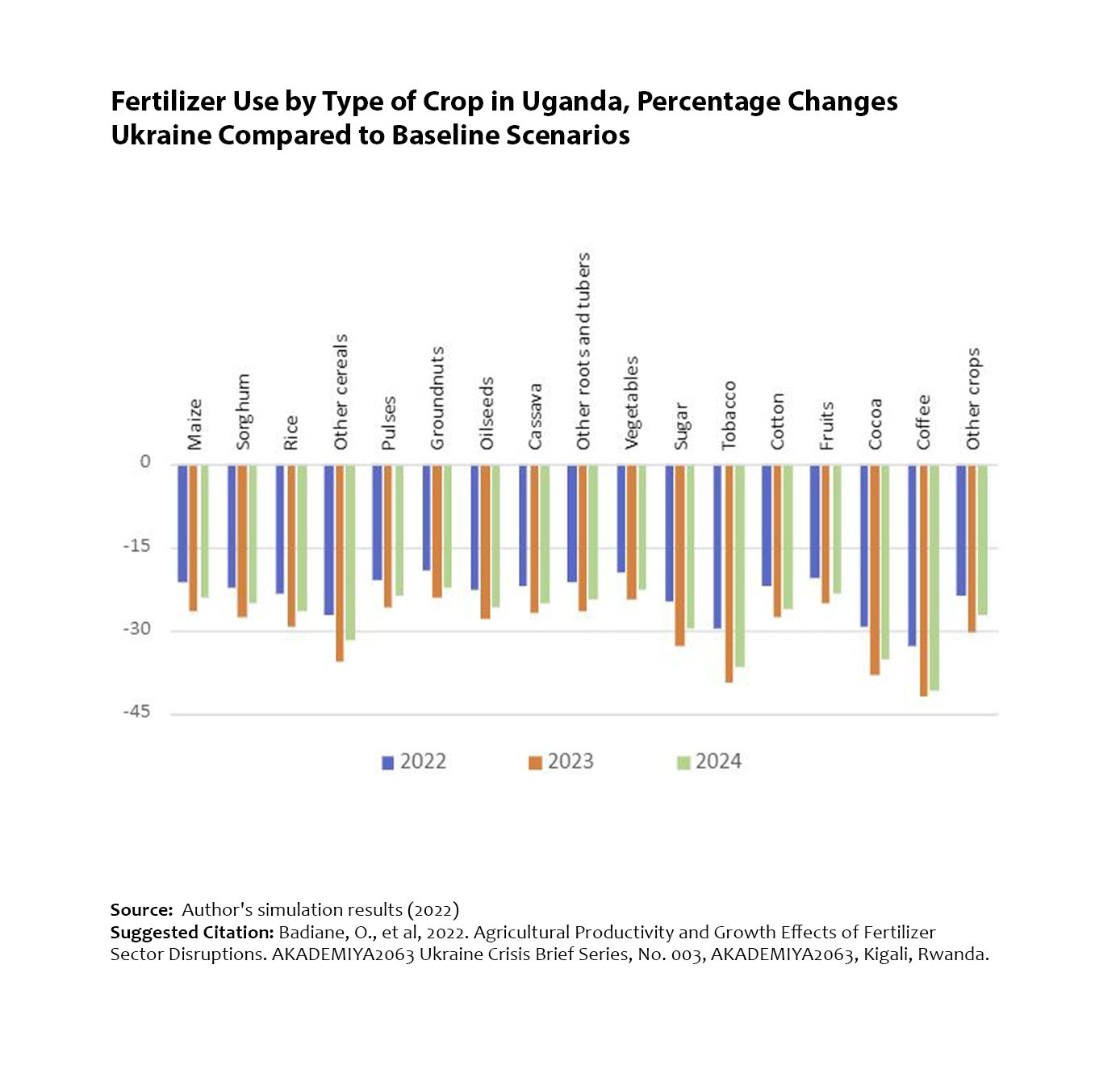

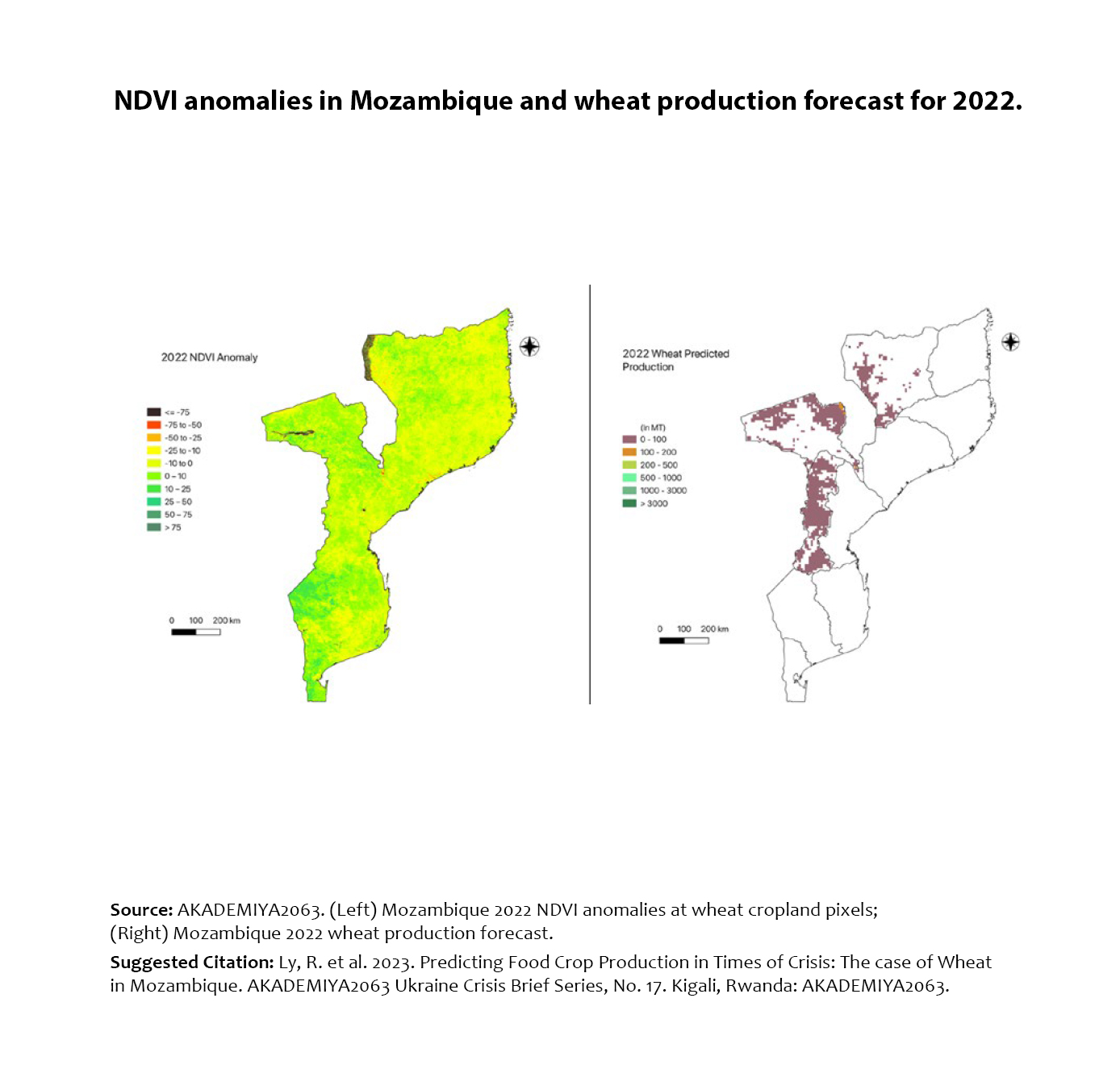
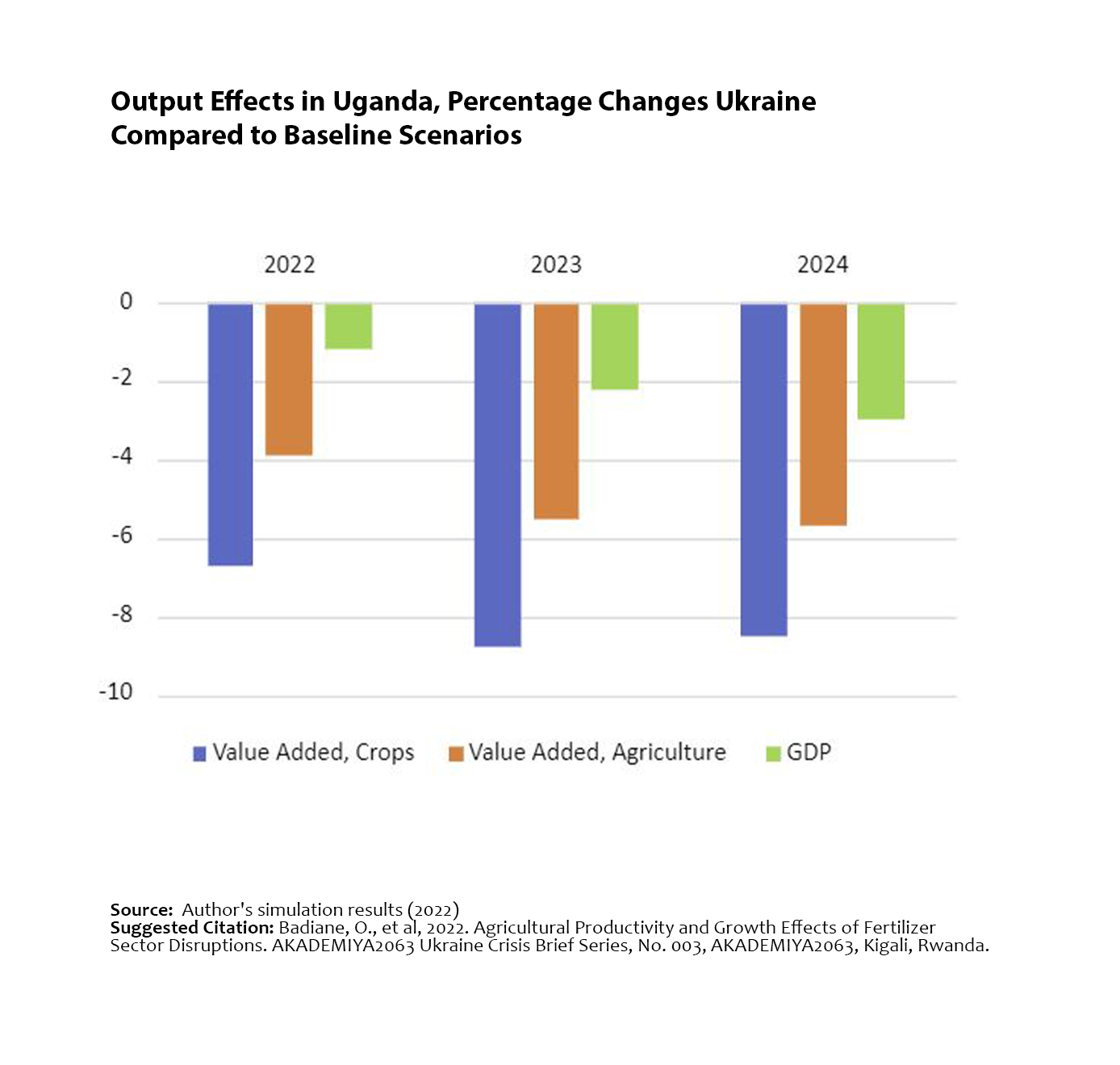
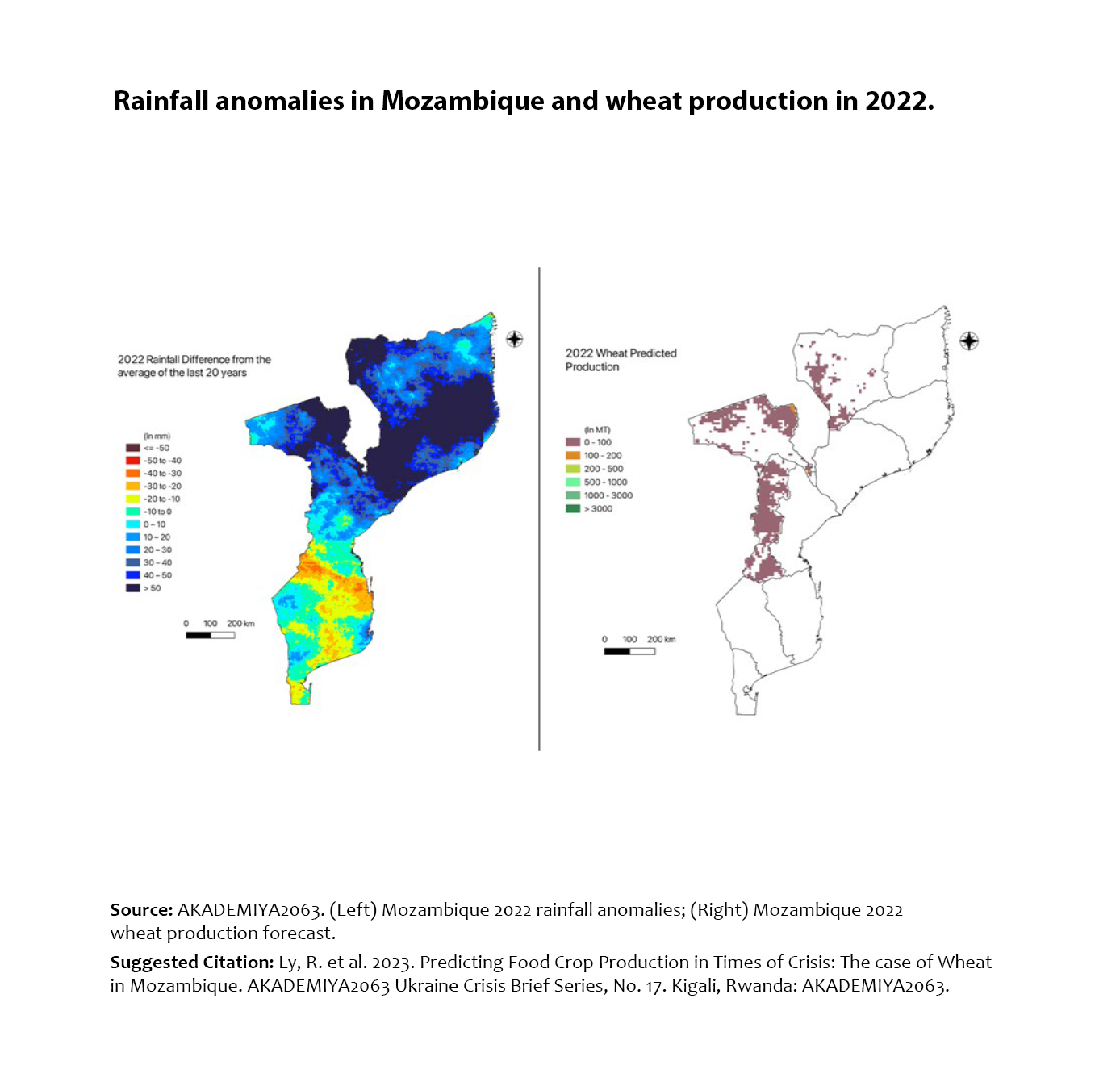
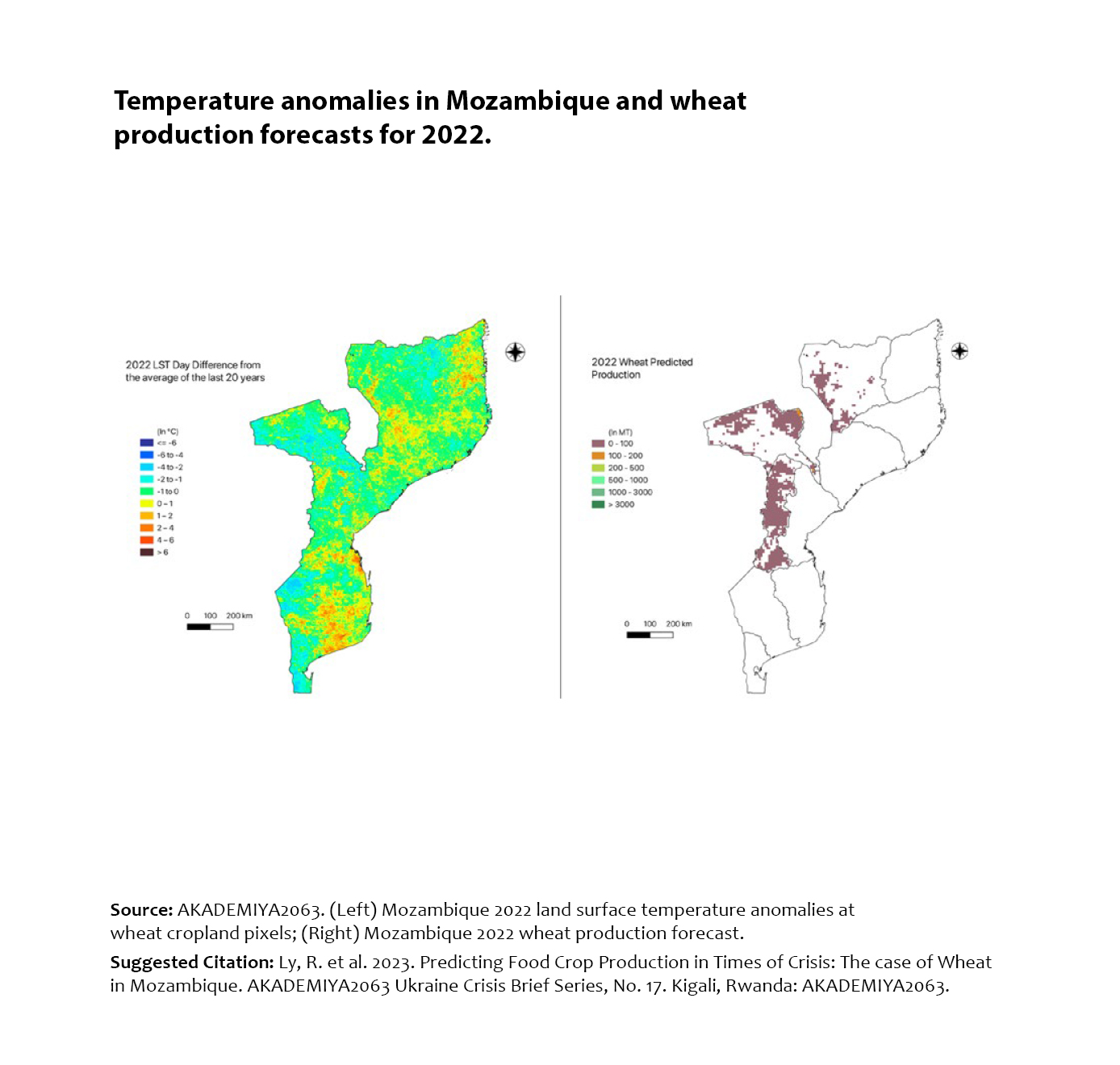
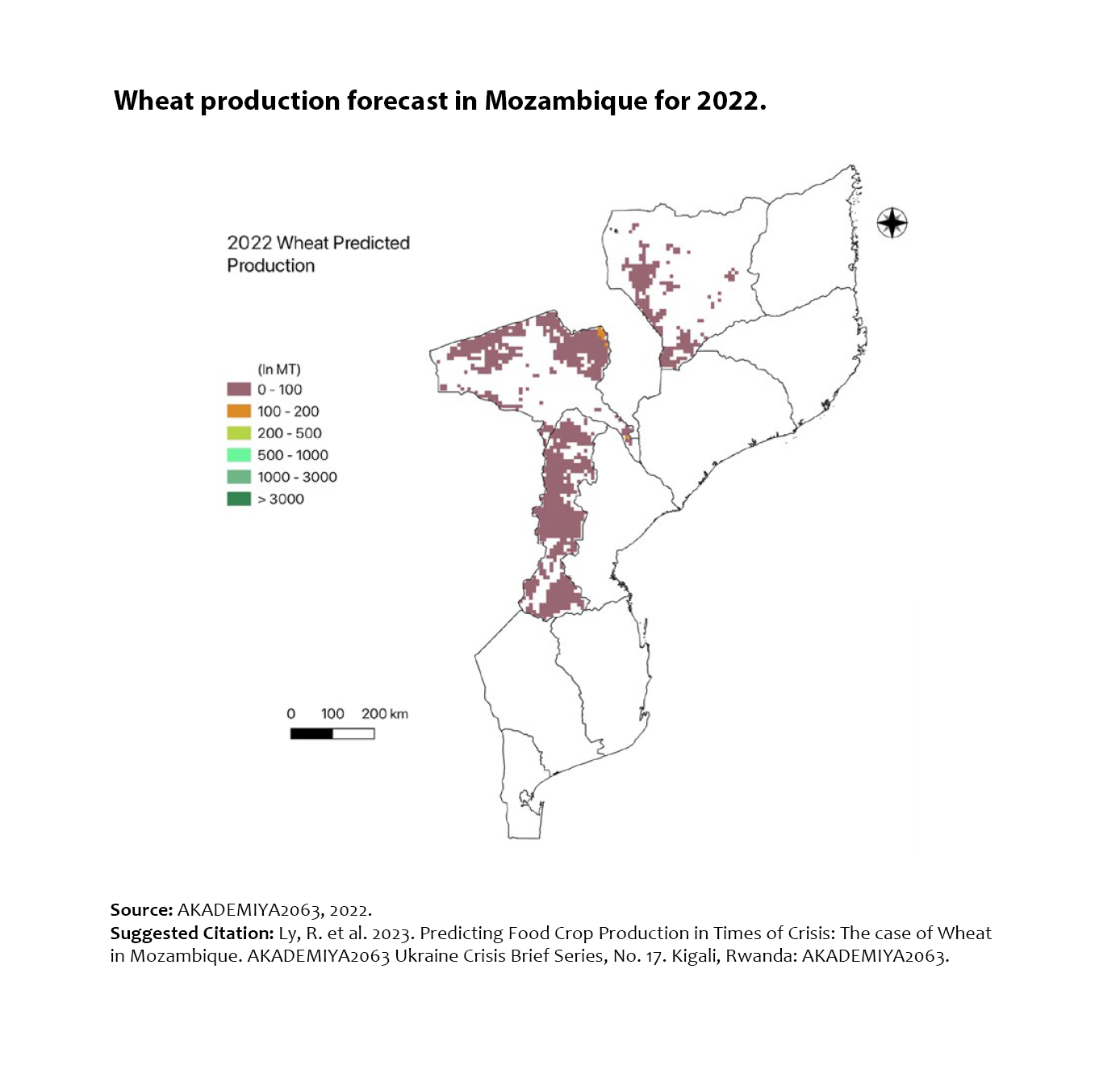


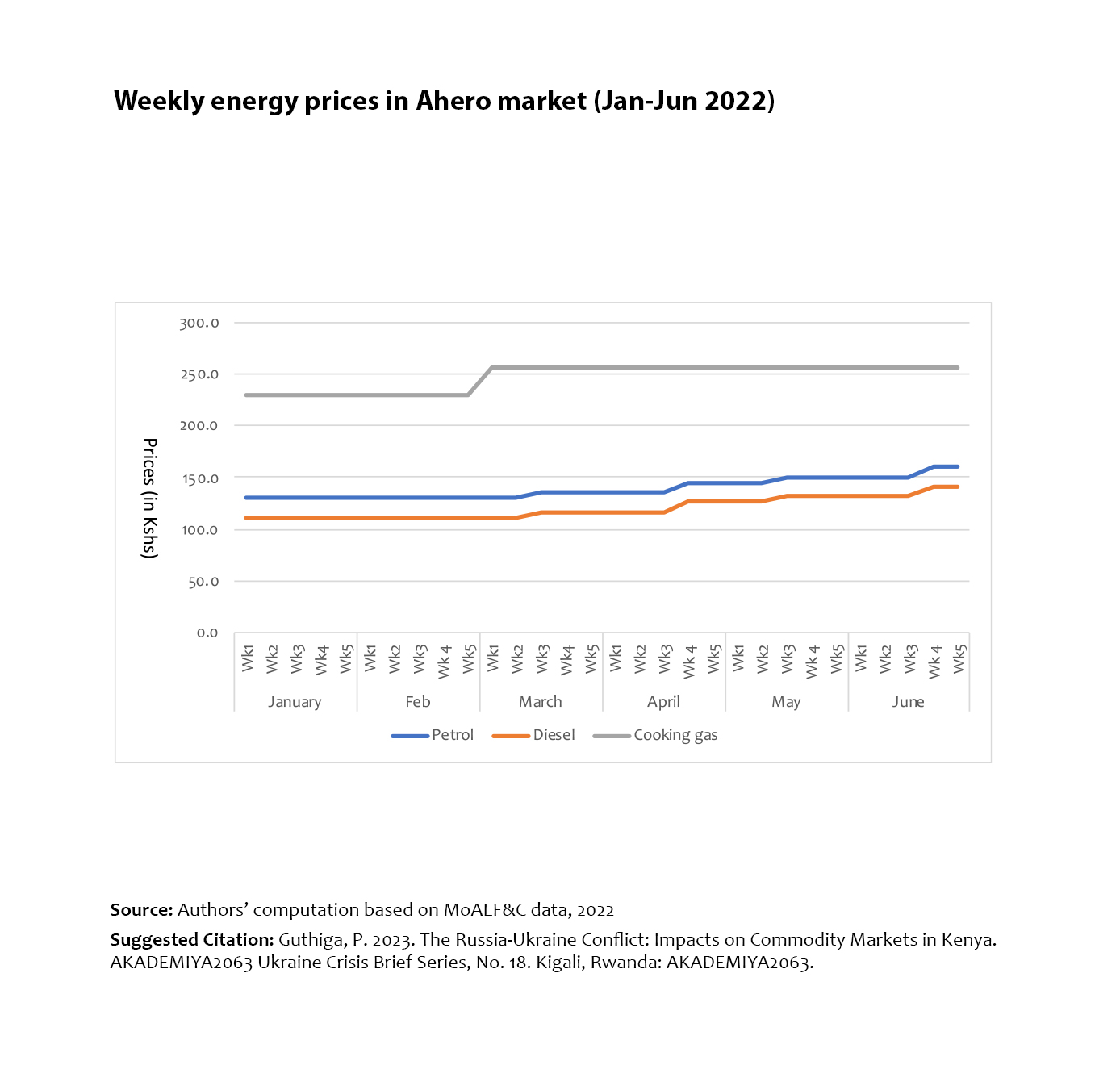

.jpg)
.jpg)
.jpg)
.jpg)
.jpg)
.jpg)
.jpg)
 of food commodities in Gulu (Jan-May 2022).jpg)
 of food commodities in Mbale market (Jan-May 2022).jpg)
 of food commodities in Mbarara (Jan-May 2022).jpg)
.jpg)
3 of food commodities in Kampala (Jan-Jun 2022).jpg)
